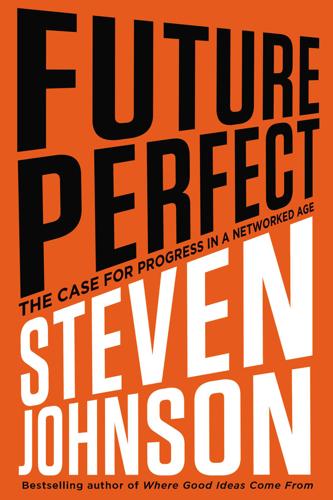
Future Perfect: The Case for Progress in a Networked Age
by Steven Johnson · 14 Jul 2012 · 184pp · 53,625 words
with the Securities and Exchange Commission, justifying and describing its plans for an initial public offering. The document included a revealing letter from Facebook cofounder Mark Zuckerberg, outlining the company’s core mission and warning potential shareholders that the company would prioritize that long-term mission over short-term opportunities to increase
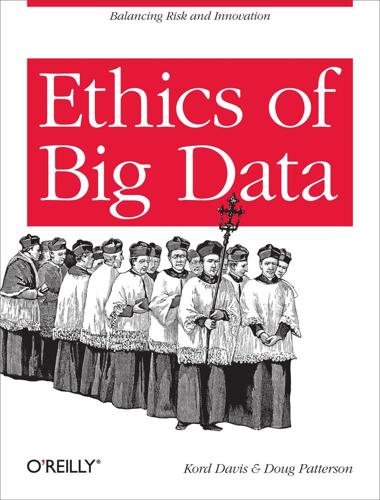
Ethics of Big Data: Balancing Risk and Innovation
by Kord Davis and Doug Patterson · 30 Dec 2011 · 98pp · 25,753 words
if our identity is multifaceted, then it’s likely that our values and ethical relationship to identity are also multifaceted. Expressing a seemingly opposing view, Mark Zuckerberg recently made the assertion that having more than one identity demonstrates a “lack of integrity” (http://www.nytimes.com/2011/05/14/technology/14facebook.html

Lying
by Sam Harris · 31 Aug 2011 · 39pp · 9,543 words
headquarters of Facebook on my cellphone: “Hello, this is Sam Harris. I’m calling from the White House, and I’d like to speak to Mark Zuckerberg.” My words would, in a narrow sense, be true—but the statement seems calculated to deceive. Would I be lying? Close enough. To lie is

This Is Just My Face: Try Not to Stare
by Gabourey Sidibe · 14 Apr 2017 · 204pp · 73,747 words
at election time which of your family members are racist. Everything anyone has ever written on Facebook has to be 100 percent true. If not, Mark Zuckerberg has to punch a sloth in the face. He doesn’t want to, but those are the rules. (You can tell this is sarcasm, right
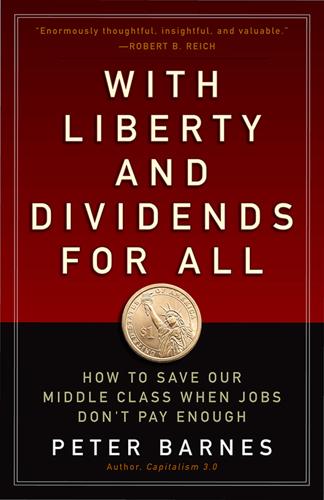
With Liberty and Dividends for All: How to Save Our Middle Class When Jobs Don't Pay Enough
by Peter Barnes · 31 Jul 2014 · 151pp · 38,153 words
it’s on top of the liquidity premium that accrues simply from enlarging the universe of potential stock buyers. It’s what enables people like Mark Zuckerberg, founder of Facebook, to become billionaires before they’re thirty. And that’s not all. Large chunks of many fortunes come from sources less visible

Goodbye, Things: The New Japanese Minimalism
by Fumio Sasaki · 10 Apr 2017 · 167pp · 49,719 words
turtleneck by Issey Miyake, Levi’s 501s, and a pair of New Balance sneakers, which even served as his attire for public presentations. Facebook founder Mark Zuckerberg seems to be fond of a gray T-shirt. Einstein is said to have always worn the same type of jacket. These people took the
…
, it’s possible to create more time and focus on the important things if we consider personal uniforms. Steve Jobs had his black turtleneck, and Mark Zuckerberg has his gray T-shirt. They agreed that it’s a waste of time selecting which clothes you want to wear. They would rather spend
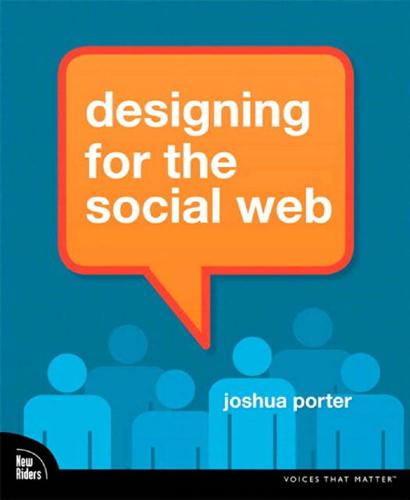
Designing for the Social Web
by Joshua Porter · 18 May 2008 · 201pp · 21,180 words
to do something. Figure 5.15 The protest group “Students Against Facebook News Feed” was created and grew within the very framework it was protesting. Mark Zuckerberg, the twenty-two-year-old CEO of Facebook, had a response for them. He wrote a blog post telling everyone to “calm down,” pointing out
…
the news feed features was actually new. The only difference was that now all that information had been aggregated into one place. Figure 5.16 Mark Zuckerberg’s first attempt at calming down the masses during the news feed blowup. Telling people to “calm down” while not addressing their concerns is not
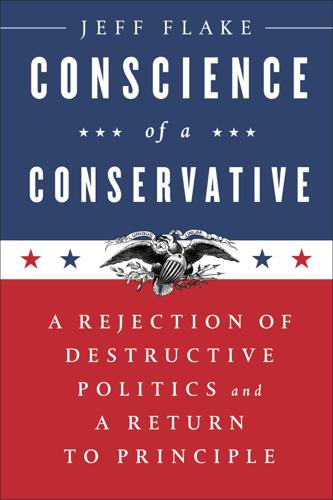
Conscience of a Conservative: A Rejection of Destructive Politics and a Return to Principle
by Jeff Flake · 31 Jul 2017 · 138pp · 43,748 words
quoted a former Facebook “news curator” who said that conservative viewpoints were sometimes “black-listed,” which, if true, was a very disturbing allegation. Facebook founder Mark Zuckerberg denied the claim but, recognizing the seriousness of the issue, convened a roundtable in May 2016 with conservative media figures, including Glenn Beck, S. E
…
of the Conservatives. Simon & Schuster, 2001. Klososky, Scott, editor. The Haldeman Diaries: Inside the Nixon White House. G.P. Putnam’s Sons, 1994. Lien, Tracey. “Mark Zuckerberg Says Many Conservatives Don’t Trust Facebook to Show ‘Content Without a Political Bias’.” Los Angeles Times, May 18, 2016. Nunez, Michael. “Former Facebook Workers
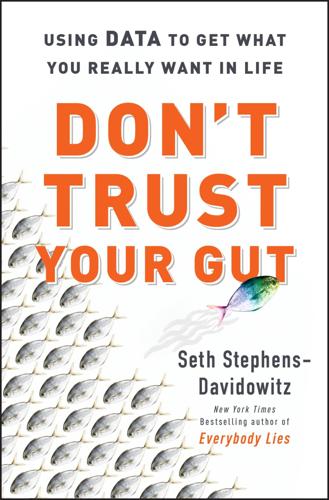
Don't Trust Your Gut: Using Data to Get What You Really Want in LIfe
by Seth Stephens-Davidowitz · 9 May 2022 · 287pp · 69,655 words
the past few minutes Googling around for how to create a Tony Fadell poster, it is probably someone like Steve Jobs. Or Bill Gates. Or Mark Zuckerberg. One feature these world-famous founders all have in common is the stage of life at which they founded their business empires. They were all
…
a business. But then there are some people whose life story goes against this commonsense idea. Some extremely young people achieve enormous business success—say, Mark Zuckerberg. Because these people’s life stories go against common sense, they make for great stories—“Who would think that a nineteen-year-old could create
…
a multibillion-dollar business?” People love telling the surprising stories—or making movies about them. Aaron Sorkin wrote The Social Network about nineteen-year-old Mark Zuckerberg and not The Thermostat about forty-one-year-old Tony Fadell. So many people hear so many of these initially surprising stories. And the stories
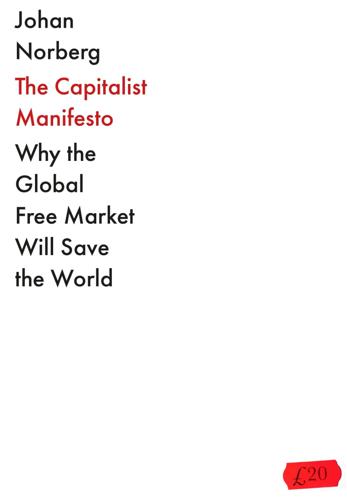
The Capitalist Manifesto
by Johan Norberg · 14 Jun 2023 · 295pp · 87,204 words
had warned that Amazon was incompetent, bleeding money and would probably go bankrupt within a year (eight years later, Lehman Brothers was bankrupt). In 2001, Mark Zuckerberg had not left Harvard to start Facebook – because he had not even started at Harvard. The social networks that ruled were Sixdegrees, AIM, Friendster and
…
hateful speech and harassment if they didn’t have the resources to engage in very strict moderation to make sure that nothing ever slips through. Mark Zuckerberg’s openness to abolishing it was greeted by some as a sign that he had become enlightened and realized that Facebook needs to be monitored
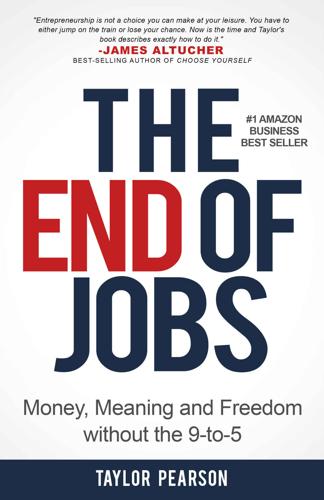
The End of Jobs: Money, Meaning and Freedom Without the 9-To-5
by Taylor Pearson · 27 Jun 2015 · 168pp · 50,647 words
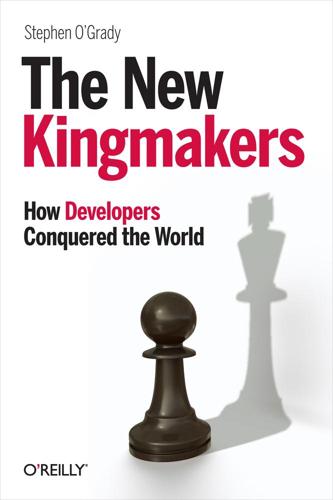
The New Kingmakers
by Stephen O'Grady · 14 Mar 2013 · 56pp · 16,788 words
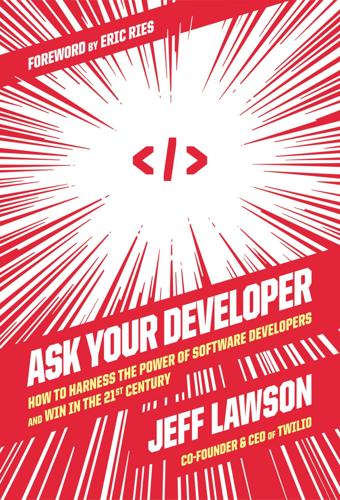
Ask Your Developer: How to Harness the Power of Software Developers and Win in the 21st Century
by Jeff Lawson · 12 Jan 2021 · 282pp · 85,658 words
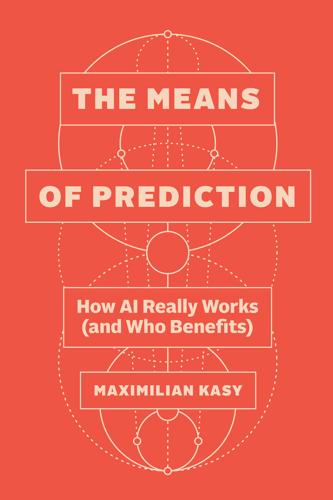
The Means of Prediction: How AI Really Works (And Who Benefits)
by Maximilian Kasy · 15 Jan 2025 · 209pp · 63,332 words
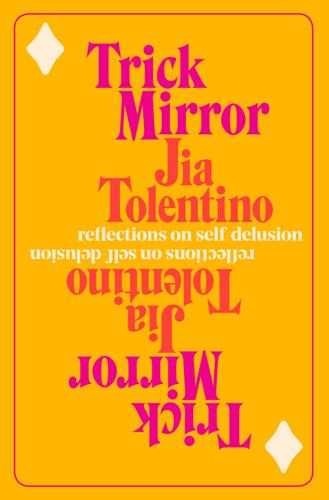
Trick Mirror: Reflections on Self-Delusion
by Jia Tolentino · 5 Aug 2019 · 305pp · 101,743 words
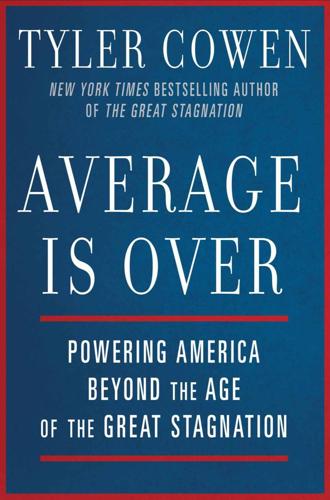
Average Is Over: Powering America Beyond the Age of the Great Stagnation
by Tyler Cowen · 11 Sep 2013 · 291pp · 81,703 words
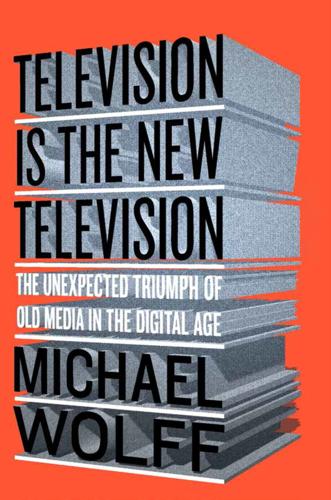
Television Is the New Television: The Unexpected Triumph of Old Media in the Digital Age
by Michael Wolff · 22 Jun 2015 · 172pp · 46,104 words
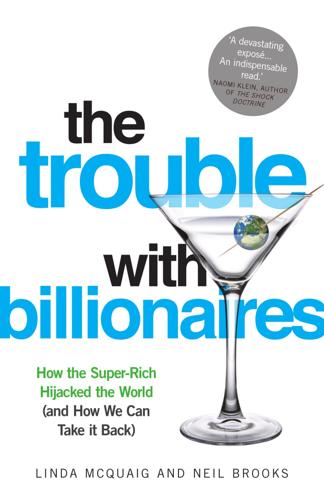
The Trouble With Billionaires
by Linda McQuaig · 1 May 2013 · 261pp · 81,802 words
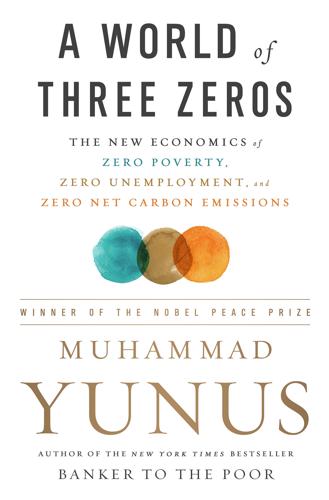
A World of Three Zeros: The New Economics of Zero Poverty, Zero Unemployment, and Zero Carbon Emissions
by Muhammad Yunus · 25 Sep 2017 · 278pp · 74,880 words
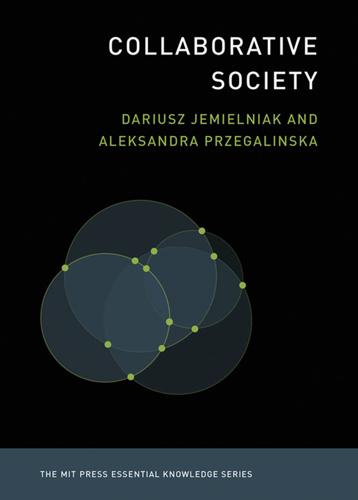
Collaborative Society
by Dariusz Jemielniak and Aleksandra Przegalinska · 18 Feb 2020 · 187pp · 50,083 words
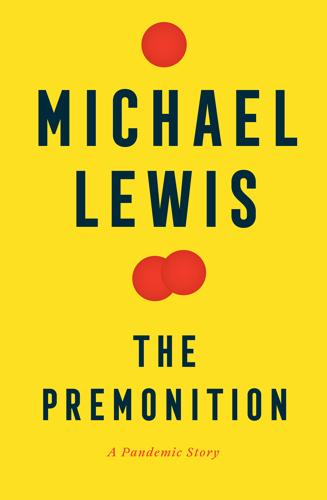
The Premonition: A Pandemic Story
by Michael Lewis · 3 May 2021 · 285pp · 98,832 words
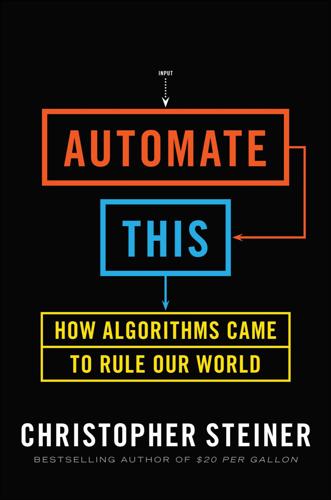
Automate This: How Algorithms Came to Rule Our World
by Christopher Steiner · 29 Aug 2012 · 317pp · 84,400 words
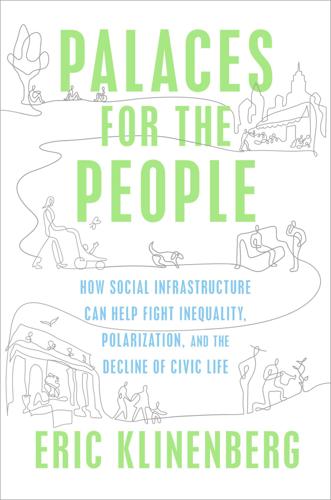
Palaces for the People: How Social Infrastructure Can Help Fight Inequality, Polarization, and the Decline of Civic Life
by Eric Klinenberg · 10 Sep 2018 · 281pp · 83,505 words
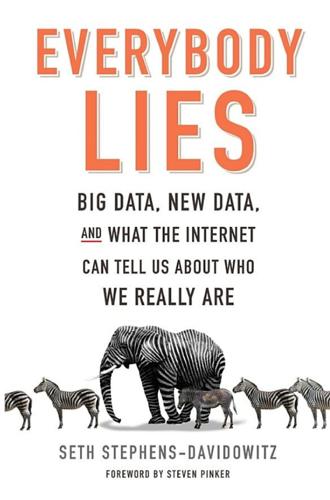
Everybody Lies: Big Data, New Data, and What the Internet Can Tell Us About Who We Really Are
by Seth Stephens-Davidowitz · 8 May 2017 · 337pp · 86,320 words
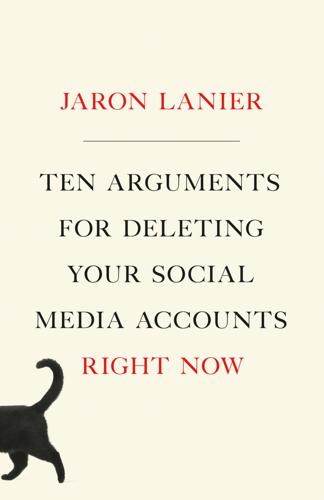
Ten Arguments for Deleting Your Social Media Accounts Right Now
by Jaron Lanier · 28 May 2018 · 151pp · 39,757 words
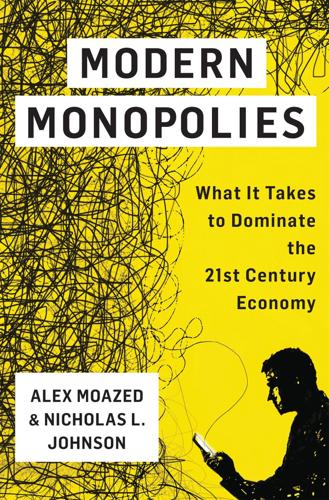
Modern Monopolies: What It Takes to Dominate the 21st Century Economy
by Alex Moazed and Nicholas L. Johnson · 30 May 2016 · 324pp · 89,875 words
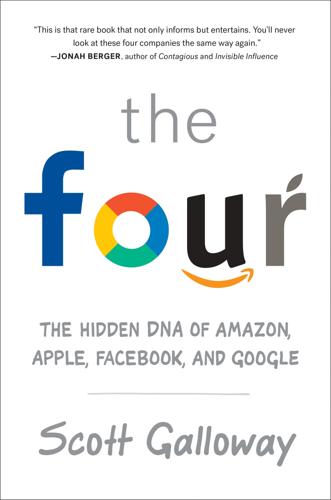
The Four: How Amazon, Apple, Facebook, and Google Divided and Conquered the World
by Scott Galloway · 2 Oct 2017 · 305pp · 79,303 words
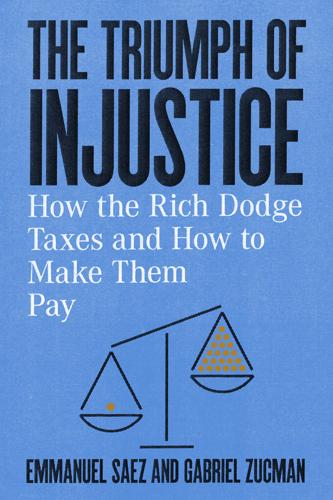
The Triumph of Injustice: How the Rich Dodge Taxes and How to Make Them Pay
by Emmanuel Saez and Gabriel Zucman · 14 Oct 2019 · 232pp · 70,361 words
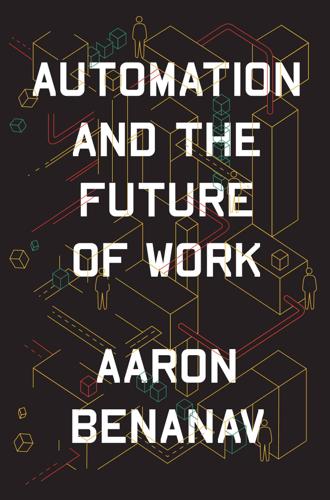
Automation and the Future of Work
by Aaron Benanav · 3 Nov 2020 · 175pp · 45,815 words
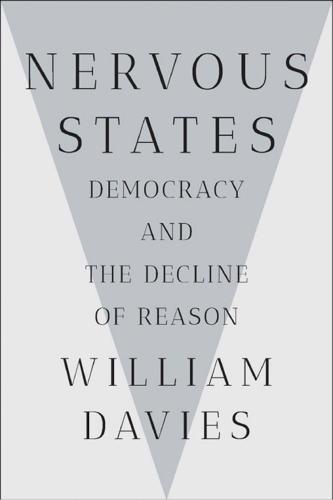
Nervous States: Democracy and the Decline of Reason
by William Davies · 26 Feb 2019 · 349pp · 98,868 words
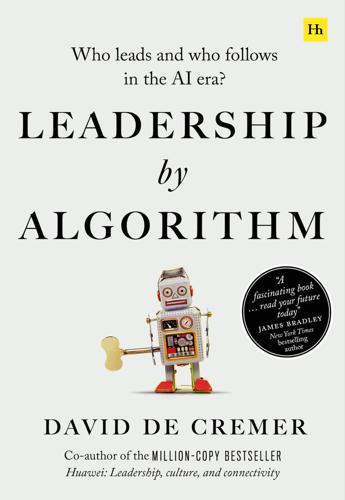
Leadership by Algorithm: Who Leads and Who Follows in the AI Era?
by David de Cremer · 25 May 2020 · 241pp · 70,307 words
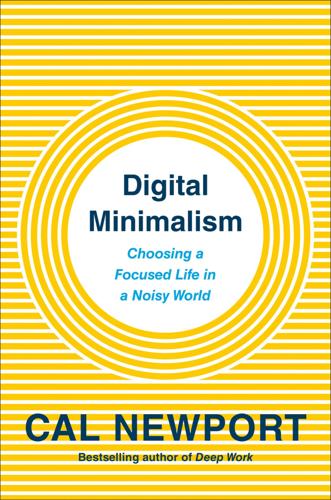
Digital Minimalism: Choosing a Focused Life in a Noisy World
by Cal Newport · 5 Feb 2019 · 279pp · 71,542 words
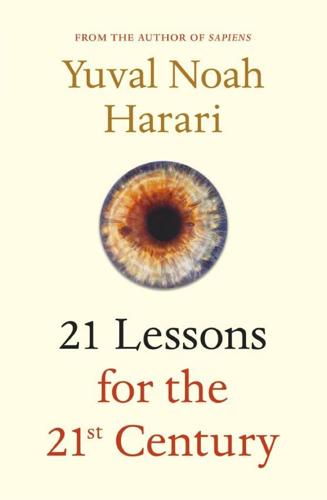
21 Lessons for the 21st Century
by Yuval Noah Harari · 29 Aug 2018 · 389pp · 119,487 words
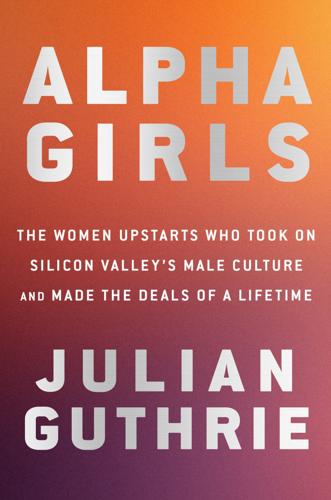
Alpha Girls: The Women Upstarts Who Took on Silicon Valley's Male Culture and Made the Deals of a Lifetime
by Julian Guthrie · 15 Nov 2019
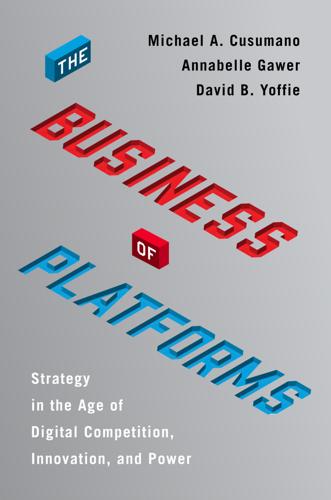
The Business of Platforms: Strategy in the Age of Digital Competition, Innovation, and Power
by Michael A. Cusumano, Annabelle Gawer and David B. Yoffie · 6 May 2019 · 328pp · 84,682 words
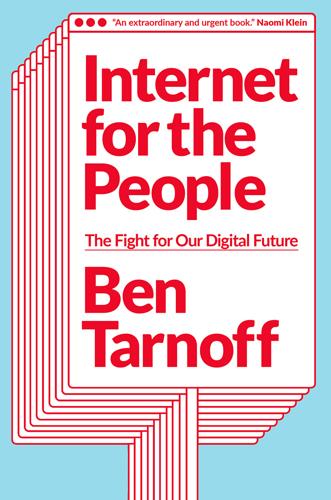
Internet for the People: The Fight for Our Digital Future
by Ben Tarnoff · 13 Jun 2022 · 234pp · 67,589 words
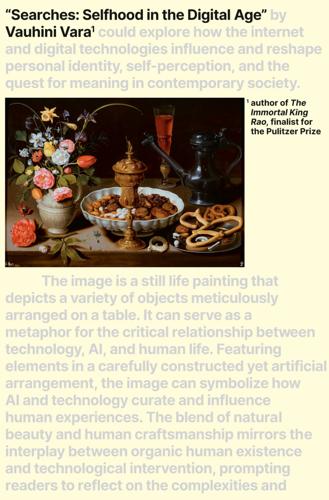
Searches: Selfhood in the Digital Age
by Vauhini Vara · 8 Apr 2025 · 301pp · 105,209 words
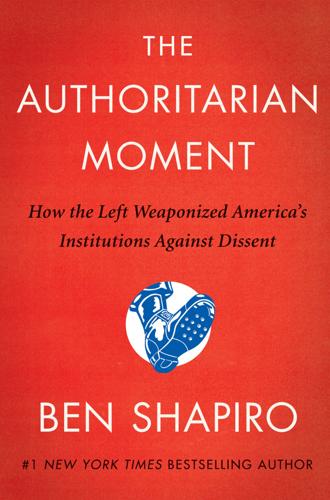
The Authoritarian Moment: How the Left Weaponized America's Institutions Against Dissent
by Ben Shapiro · 26 Jul 2021 · 309pp · 81,243 words
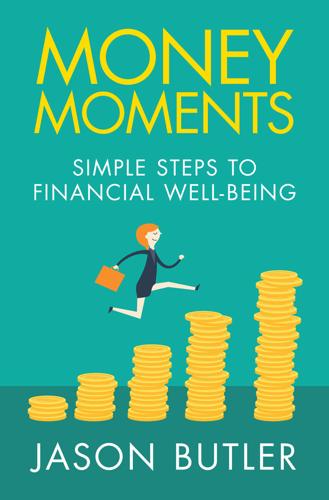
Money Moments: Simple Steps to Financial Well-Being
by Jason Butler · 22 Nov 2017 · 139pp · 33,246 words
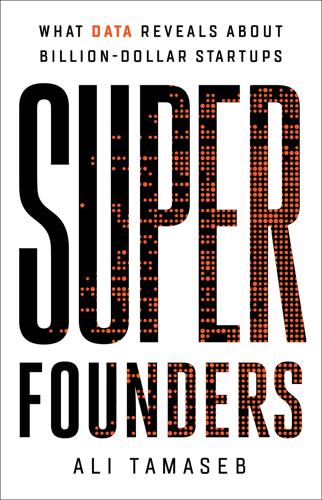
Super Founders: What Data Reveals About Billion-Dollar Startups
by Ali Tamaseb · 14 Sep 2021 · 251pp · 80,831 words
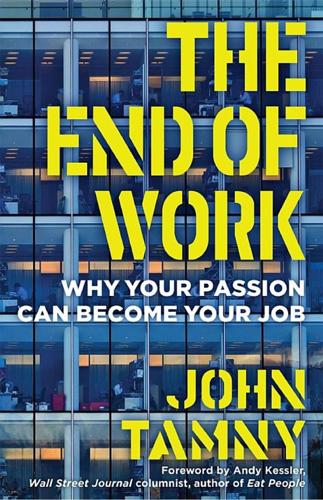
The End of Work: Why Your Passion Can Become Your Job
by John Tamny · 6 May 2018 · 165pp · 47,193 words
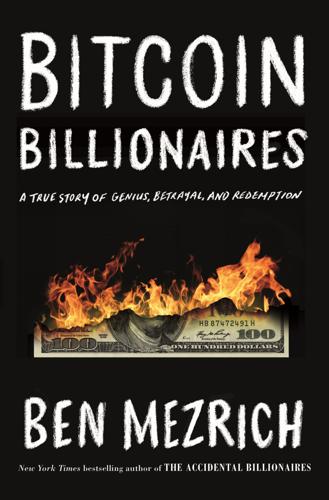
Bitcoin Billionaires: A True Story of Genius, Betrayal, and Redemption
by Ben Mezrich · 20 May 2019 · 304pp · 91,566 words
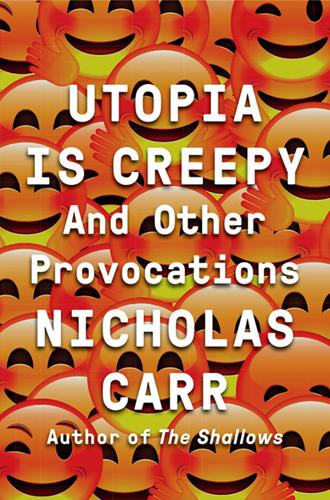
Utopia Is Creepy: And Other Provocations
by Nicholas Carr · 5 Sep 2016 · 391pp · 105,382 words
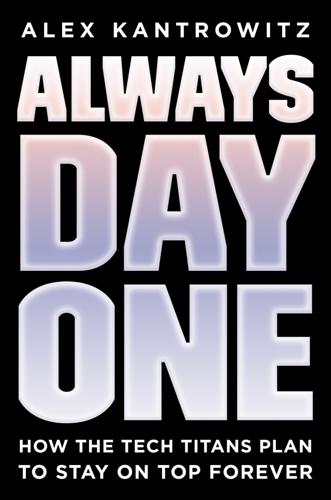
Always Day One: How the Tech Titans Plan to Stay on Top Forever
by Alex Kantrowitz · 6 Apr 2020 · 260pp · 67,823 words
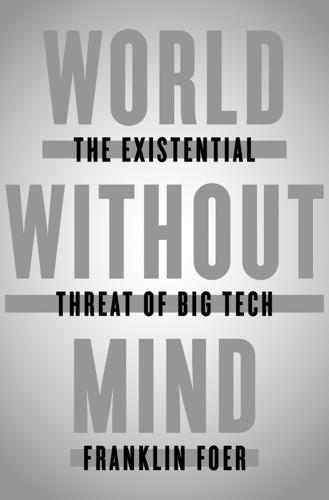
World Without Mind: The Existential Threat of Big Tech
by Franklin Foer · 31 Aug 2017 · 281pp · 71,242 words
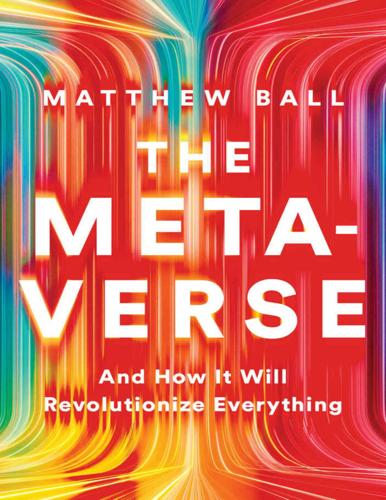
The Metaverse: And How It Will Revolutionize Everything
by Matthew Ball · 18 Jul 2022 · 412pp · 116,685 words
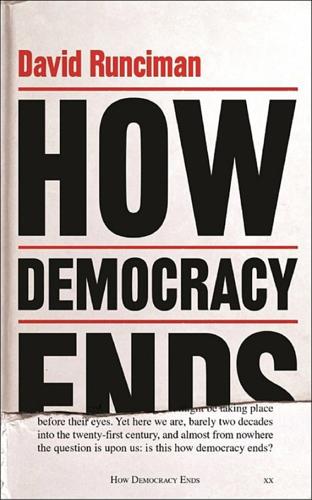
How Democracy Ends
by David Runciman · 9 May 2018 · 245pp · 72,893 words
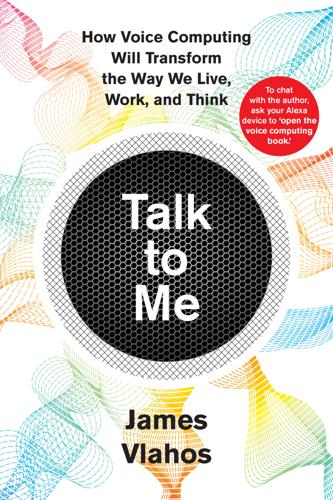
Talk to Me: How Voice Computing Will Transform the Way We Live, Work, and Think
by James Vlahos · 1 Mar 2019 · 392pp · 108,745 words
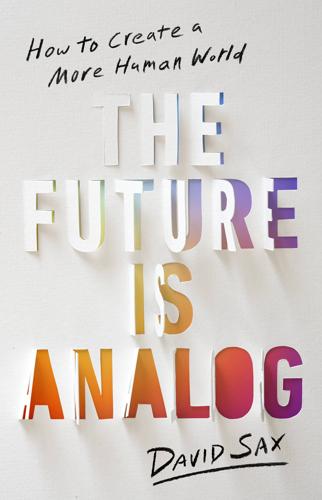
The Future Is Analog: How to Create a More Human World
by David Sax · 15 Jan 2022 · 282pp · 93,783 words

The Wondering Jew: Israel and the Search for Jewish Identity
by Micah Goodman · 10 Nov 2020 · 234pp · 67,917 words
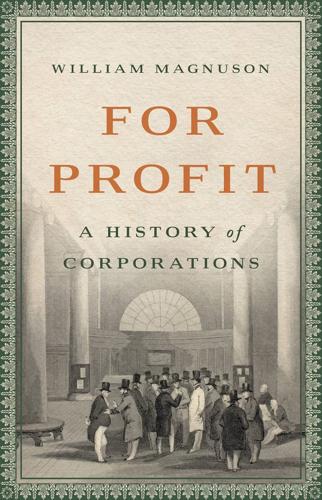
For Profit: A History of Corporations
by William Magnuson · 8 Nov 2022 · 356pp · 116,083 words

Superbloom: How Technologies of Connection Tear Us Apart
by Nicholas Carr · 28 Jan 2025 · 231pp · 85,135 words
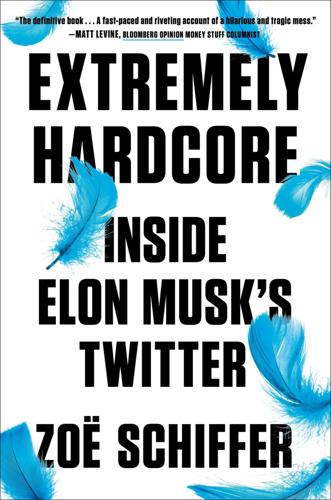
Extremely Hardcore: Inside Elon Musk's Twitter
by Zoë Schiffer · 13 Feb 2024 · 343pp · 92,693 words
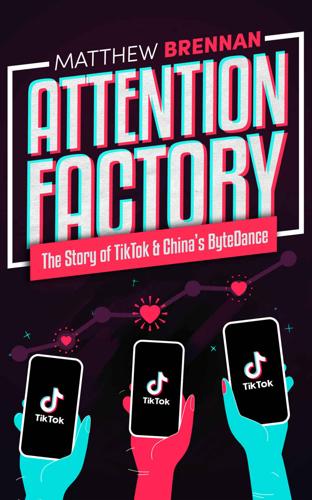
Attention Factory: The Story of TikTok and China's ByteDance
by Matthew Brennan · 9 Oct 2020 · 282pp · 63,385 words
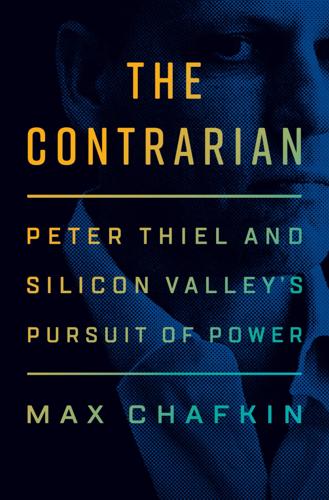
The Contrarian: Peter Thiel and Silicon Valley's Pursuit of Power
by Max Chafkin · 14 Sep 2021 · 524pp · 130,909 words

No Filter: The Inside Story of Instagram
by Sarah Frier · 13 Apr 2020 · 484pp · 114,613 words
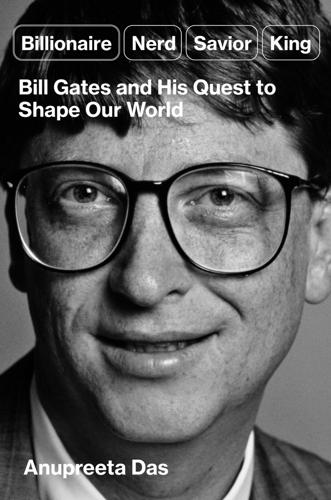
Billionaire, Nerd, Savior, King: Bill Gates and His Quest to Shape Our World
by Anupreeta Das · 12 Aug 2024 · 315pp · 115,894 words
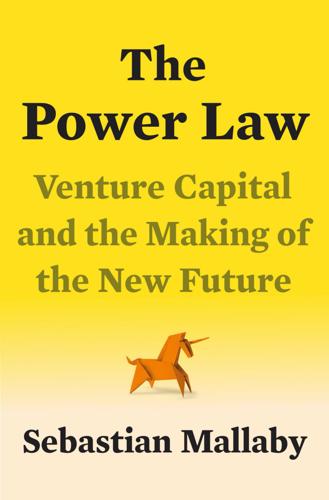
The Power Law: Venture Capital and the Making of the New Future
by Sebastian Mallaby · 1 Feb 2022 · 935pp · 197,338 words
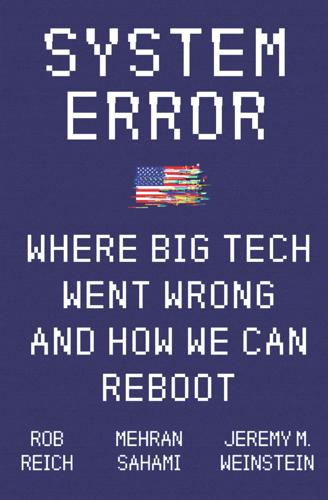
System Error: Where Big Tech Went Wrong and How We Can Reboot
by Rob Reich, Mehran Sahami and Jeremy M. Weinstein · 6 Sep 2021
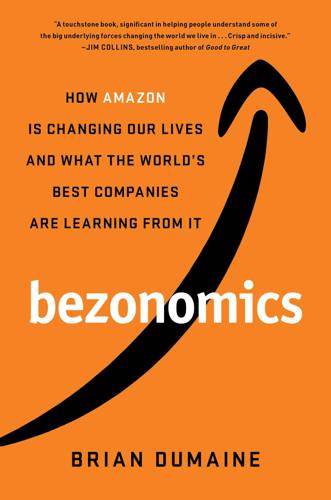
Bezonomics: How Amazon Is Changing Our Lives and What the World's Best Companies Are Learning From It
by Brian Dumaine · 11 May 2020 · 411pp · 98,128 words
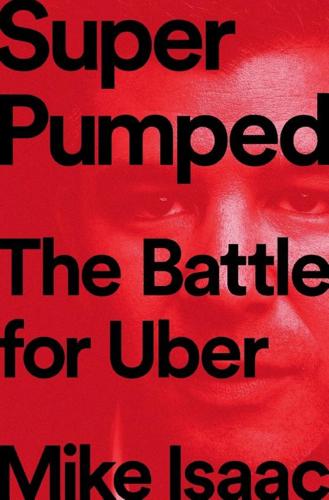
Super Pumped: The Battle for Uber
by Mike Isaac · 2 Sep 2019 · 444pp · 127,259 words

City Squares: Eighteen Writers on the Spirit and Significance of Squares Around the World
by Catie Marron · 11 Apr 2016 · 195pp · 58,462 words
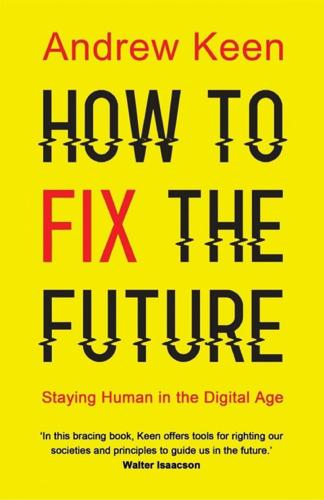
How to Fix the Future: Staying Human in the Digital Age
by Andrew Keen · 1 Mar 2018 · 308pp · 85,880 words
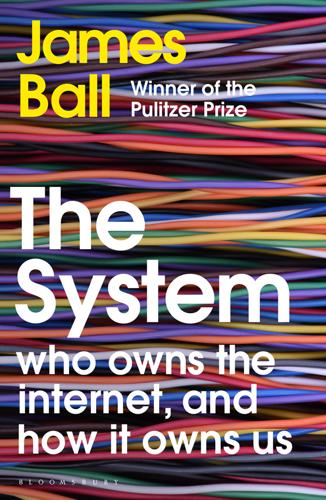
The System: Who Owns the Internet, and How It Owns Us
by James Ball · 19 Aug 2020 · 268pp · 76,702 words
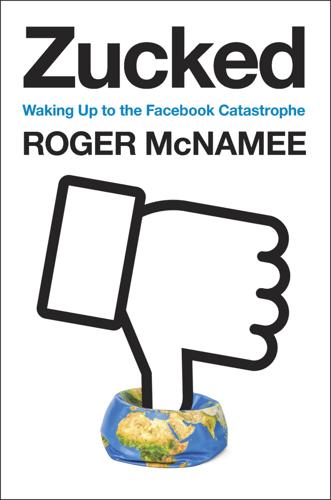
Zucked: Waking Up to the Facebook Catastrophe
by Roger McNamee · 1 Jan 2019 · 382pp · 105,819 words

The Filter Bubble: What the Internet Is Hiding From You
by Eli Pariser · 11 May 2011 · 274pp · 75,846 words
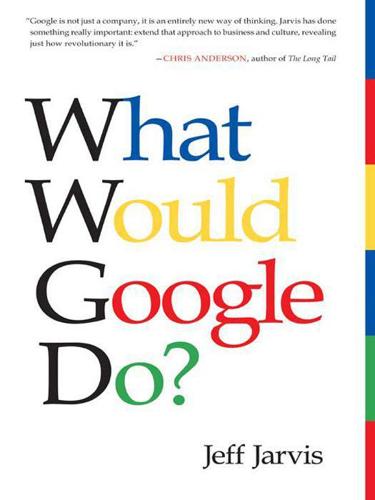
What Would Google Do?
by Jeff Jarvis · 15 Feb 2009 · 299pp · 91,839 words
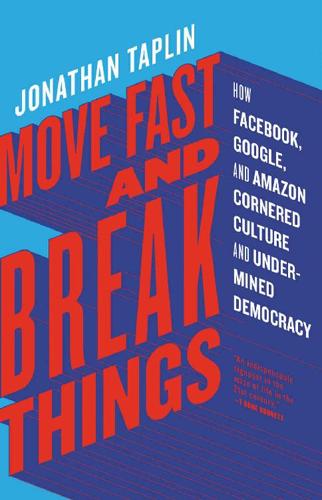
Move Fast and Break Things: How Facebook, Google, and Amazon Cornered Culture and Undermined Democracy
by Jonathan Taplin · 17 Apr 2017 · 222pp · 70,132 words
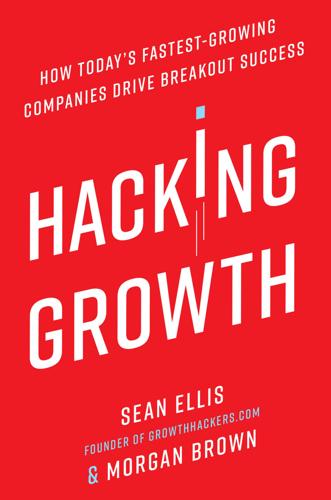
Hacking Growth: How Today's Fastest-Growing Companies Drive Breakout Success
by Sean Ellis and Morgan Brown · 24 Apr 2017 · 344pp · 96,020 words
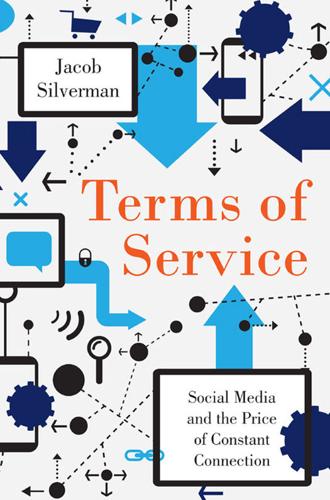
Terms of Service: Social Media and the Price of Constant Connection
by Jacob Silverman · 17 Mar 2015 · 527pp · 147,690 words
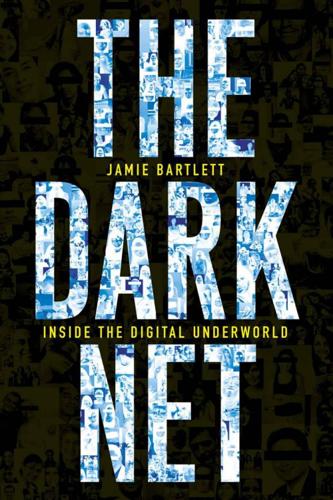
The Dark Net
by Jamie Bartlett · 20 Aug 2014 · 267pp · 82,580 words
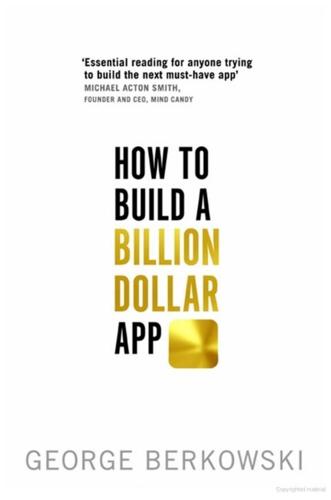
How to Build a Billion Dollar App: Discover the Secrets of the Most Successful Entrepreneurs of Our Time
by George Berkowski · 3 Sep 2014 · 468pp · 124,573 words
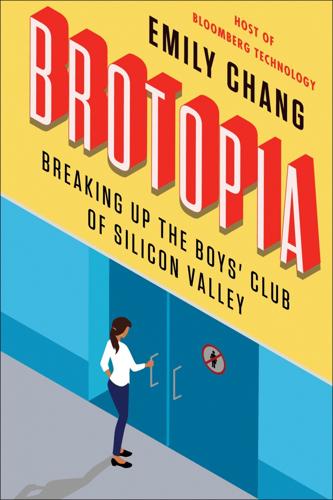
Brotopia: Breaking Up the Boys' Club of Silicon Valley
by Emily Chang · 6 Feb 2018 · 334pp · 104,382 words
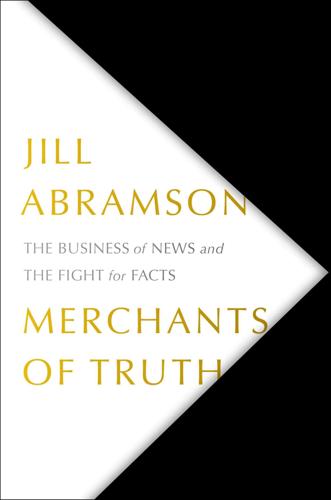
Merchants of Truth: The Business of News and the Fight for Facts
by Jill Abramson · 5 Feb 2019 · 788pp · 223,004 words
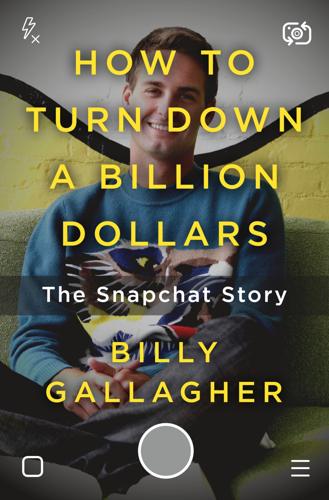
How to Turn Down a Billion Dollars: The Snapchat Story
by Billy Gallagher · 13 Feb 2018 · 359pp · 96,019 words
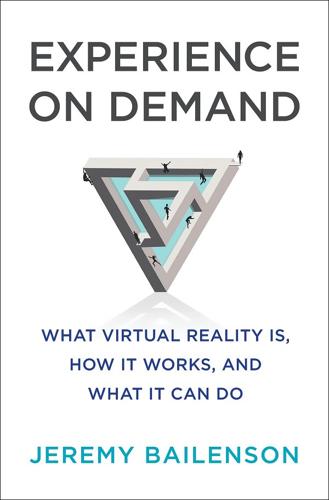
Experience on Demand: What Virtual Reality Is, How It Works, and What It Can Do
by Jeremy Bailenson · 30 Jan 2018 · 302pp · 90,215 words
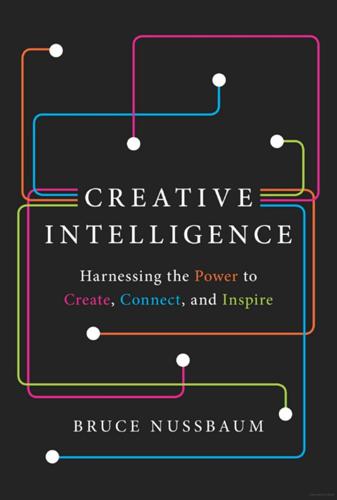
Creative Intelligence: Harnessing the Power to Create, Connect, and Inspire
by Bruce Nussbaum · 5 Mar 2013 · 385pp · 101,761 words
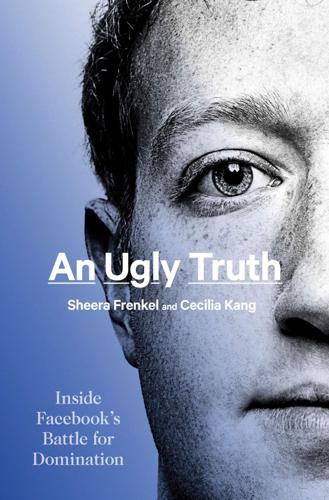
An Ugly Truth: Inside Facebook's Battle for Domination
by Sheera Frenkel and Cecilia Kang · 12 Jul 2021 · 372pp · 100,947 words
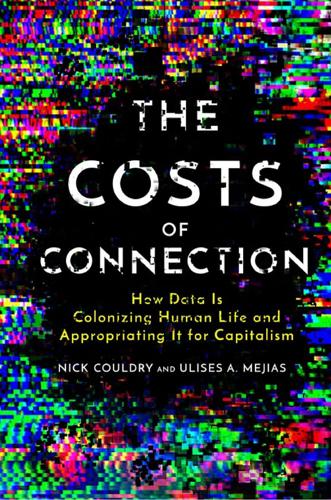
The Costs of Connection: How Data Is Colonizing Human Life and Appropriating It for Capitalism
by Nick Couldry and Ulises A. Mejias · 19 Aug 2019 · 458pp · 116,832 words
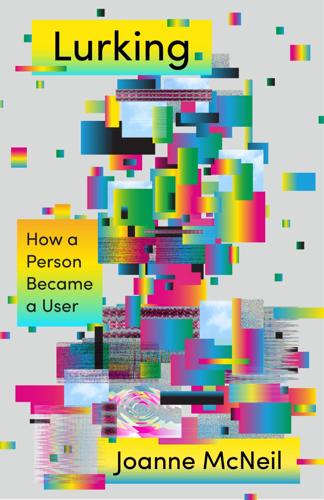
Lurking: How a Person Became a User
by Joanne McNeil · 25 Feb 2020 · 239pp · 80,319 words
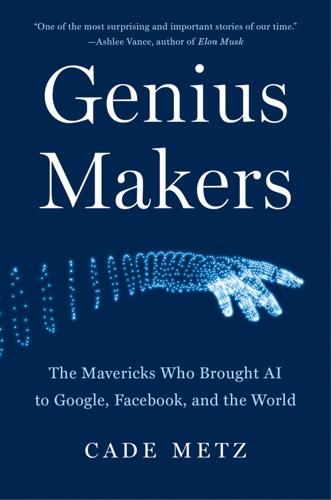
Genius Makers: The Mavericks Who Brought A. I. To Google, Facebook, and the World
by Cade Metz · 15 Mar 2021 · 414pp · 109,622 words
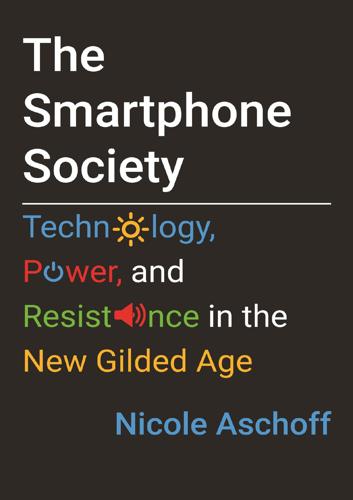
The Smartphone Society
by Nicole Aschoff
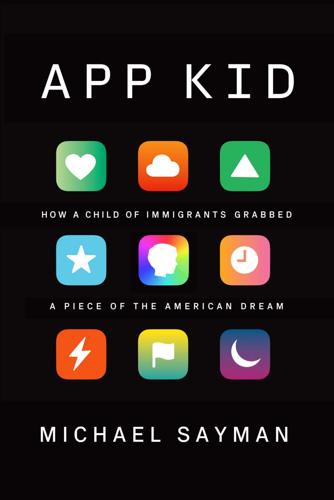
App Kid: How a Child of Immigrants Grabbed a Piece of the American Dream
by Michael Sayman · 20 Sep 2021 · 285pp · 91,144 words
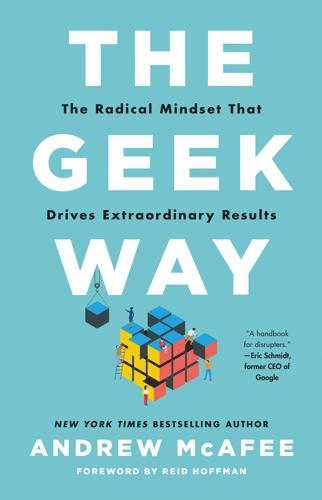
The Geek Way: The Radical Mindset That Drives Extraordinary Results
by Andrew McAfee · 14 Nov 2023 · 381pp · 113,173 words
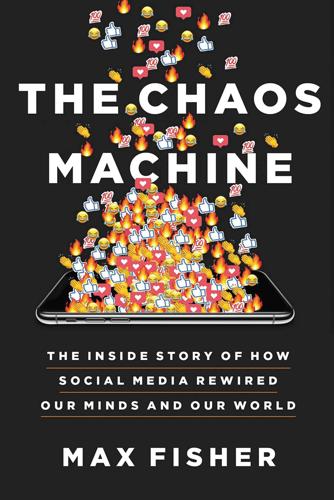
The Chaos Machine: The Inside Story of How Social Media Rewired Our Minds and Our World
by Max Fisher · 5 Sep 2022 · 439pp · 131,081 words
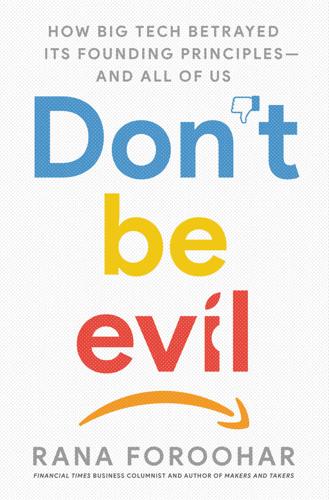
Don't Be Evil: How Big Tech Betrayed Its Founding Principles--And All of US
by Rana Foroohar · 5 Nov 2019 · 380pp · 109,724 words
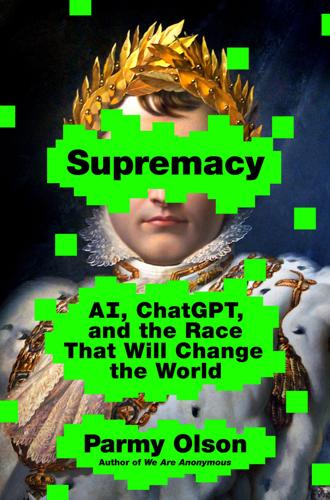
Supremacy: AI, ChatGPT, and the Race That Will Change the World
by Parmy Olson · 284pp · 96,087 words
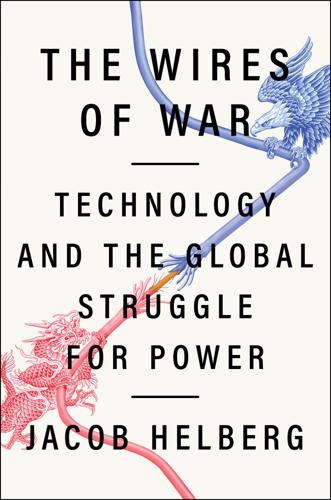
The Wires of War: Technology and the Global Struggle for Power
by Jacob Helberg · 11 Oct 2021 · 521pp · 118,183 words
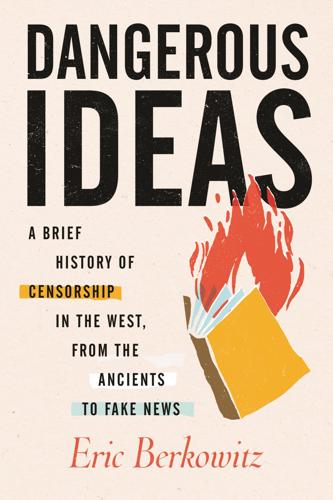
Dangerous Ideas: A Brief History of Censorship in the West, From the Ancients to Fake News
by Eric Berkowitz · 3 May 2021 · 412pp · 115,048 words
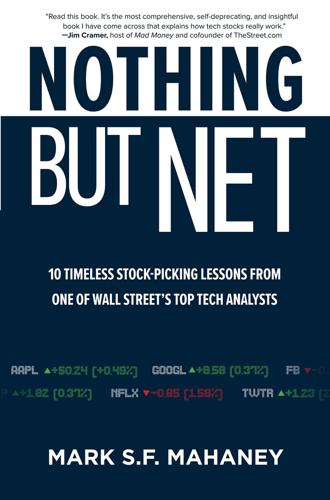
Nothing but Net: 10 Timeless Stock-Picking Lessons From One of Wall Street’s Top Tech Analysts
by Mark Mahaney · 9 Nov 2021 · 311pp · 90,172 words
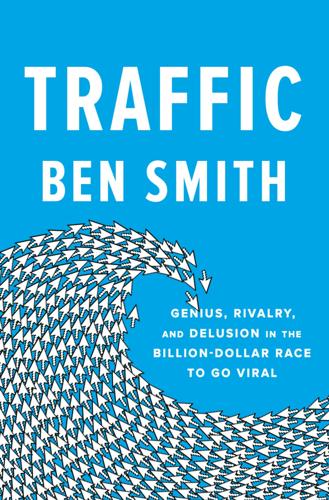
Traffic: Genius, Rivalry, and Delusion in the Billion-Dollar Race to Go Viral
by Ben Smith · 2 May 2023
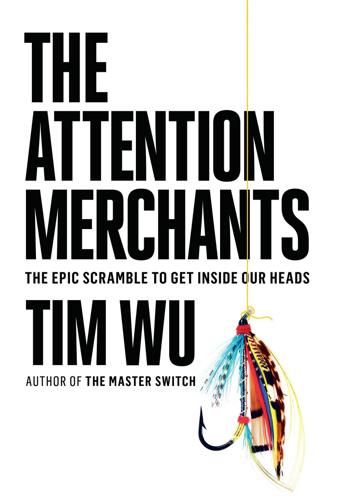
The Attention Merchants: The Epic Scramble to Get Inside Our Heads
by Tim Wu · 14 May 2016 · 515pp · 143,055 words
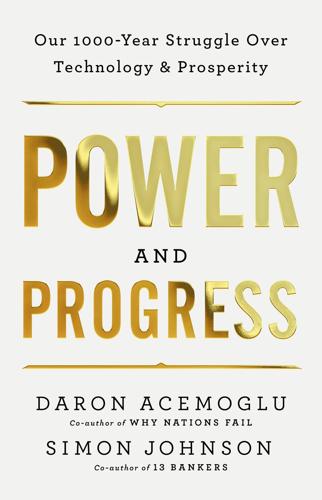
Power and Progress: Our Thousand-Year Struggle Over Technology and Prosperity
by Daron Acemoglu and Simon Johnson · 15 May 2023 · 619pp · 177,548 words
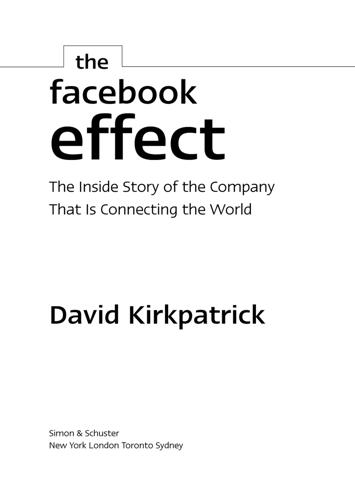
The Facebook Effect
by David Kirkpatrick · 19 Nov 2010 · 455pp · 133,322 words
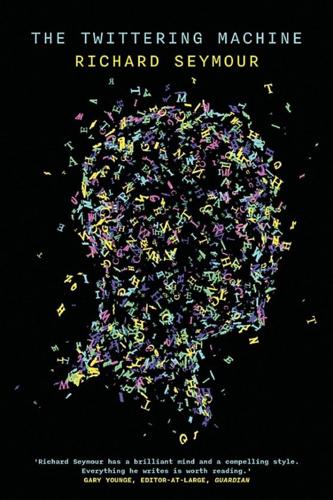
The Twittering Machine
by Richard Seymour · 20 Aug 2019 · 297pp · 83,651 words
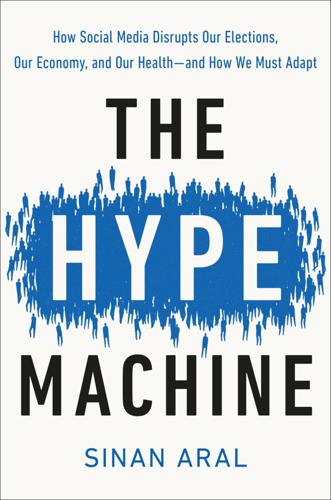
The Hype Machine: How Social Media Disrupts Our Elections, Our Economy, and Our Health--And How We Must Adapt
by Sinan Aral · 14 Sep 2020 · 475pp · 134,707 words
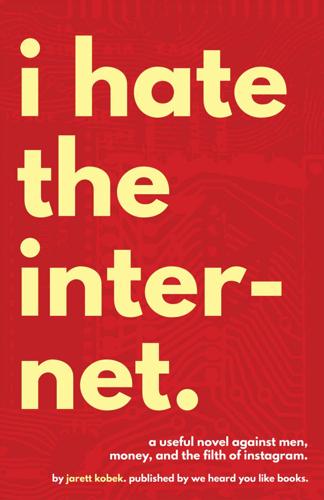
I Hate the Internet: A Novel
by Jarett Kobek · 3 Nov 2016 · 302pp · 74,350 words
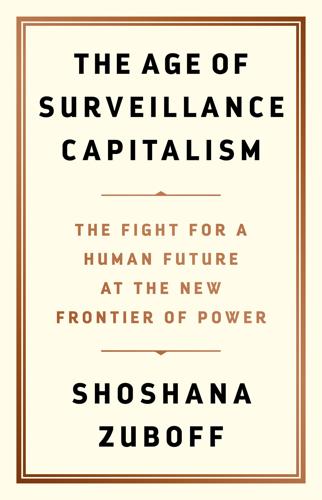
The Age of Surveillance Capitalism
by Shoshana Zuboff · 15 Jan 2019 · 918pp · 257,605 words
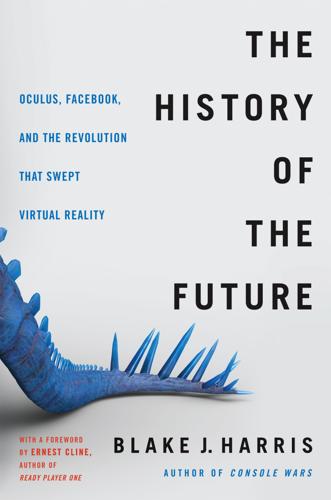
The History of the Future: Oculus, Facebook, and the Revolution That Swept Virtual Reality
by Blake J. Harris · 19 Feb 2019 · 561pp · 163,916 words
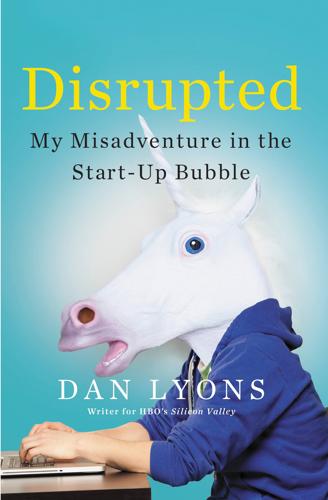
Disrupted: My Misadventure in the Start-Up Bubble
by Dan Lyons · 4 Apr 2016 · 284pp · 92,688 words
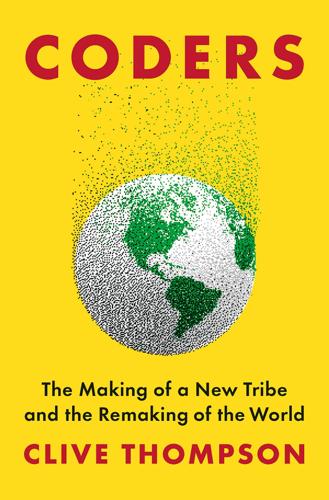
Coders: The Making of a New Tribe and the Remaking of the World
by Clive Thompson · 26 Mar 2019 · 499pp · 144,278 words
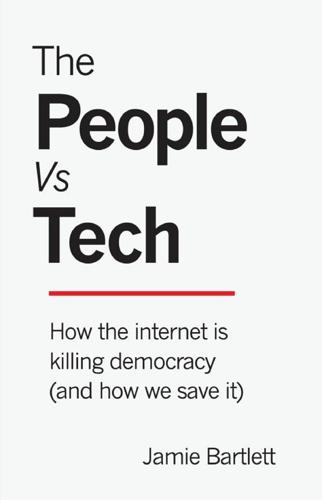
The People vs Tech: How the Internet Is Killing Democracy (And How We Save It)
by Jamie Bartlett · 4 Apr 2018 · 170pp · 49,193 words
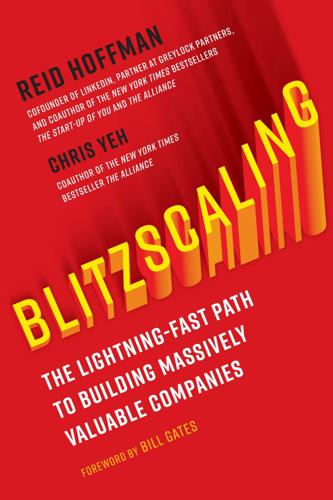
Blitzscaling: The Lightning-Fast Path to Building Massively Valuable Companies
by Reid Hoffman and Chris Yeh · 14 Apr 2018 · 286pp · 87,401 words
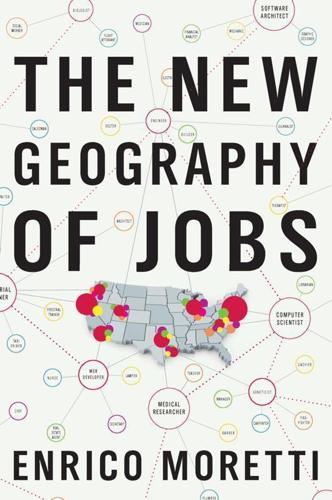
The New Geography of Jobs
by Enrico Moretti · 21 May 2012 · 403pp · 87,035 words
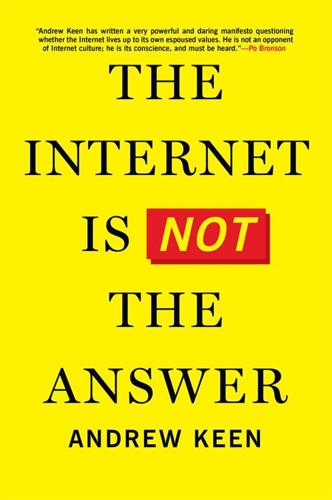
The Internet Is Not the Answer
by Andrew Keen · 5 Jan 2015 · 361pp · 81,068 words
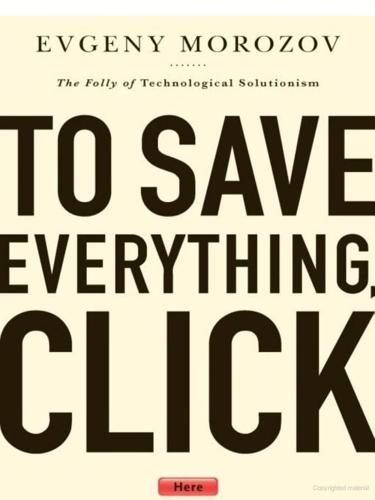
To Save Everything, Click Here: The Folly of Technological Solutionism
by Evgeny Morozov · 15 Nov 2013 · 606pp · 157,120 words
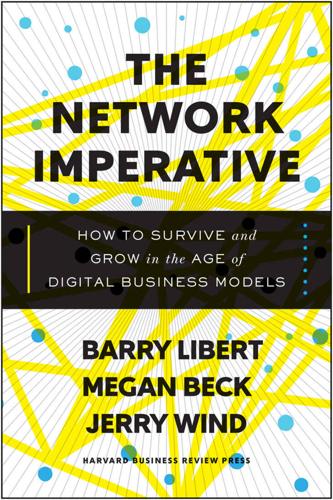
The Network Imperative: How to Survive and Grow in the Age of Digital Business Models
by Barry Libert and Megan Beck · 6 Jun 2016 · 285pp · 58,517 words
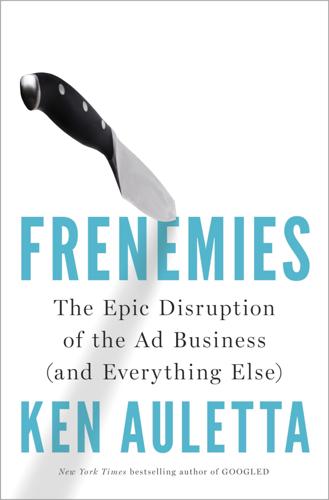
Frenemies: The Epic Disruption of the Ad Business
by Ken Auletta · 4 Jun 2018 · 379pp · 109,223 words
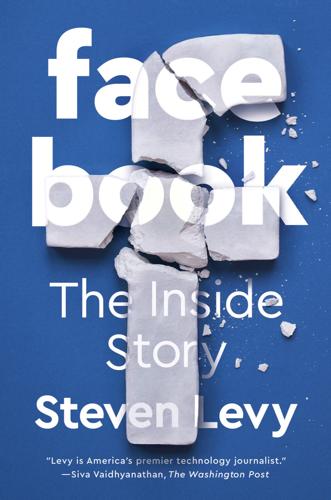
Facebook: The Inside Story
by Steven Levy · 25 Feb 2020 · 706pp · 202,591 words
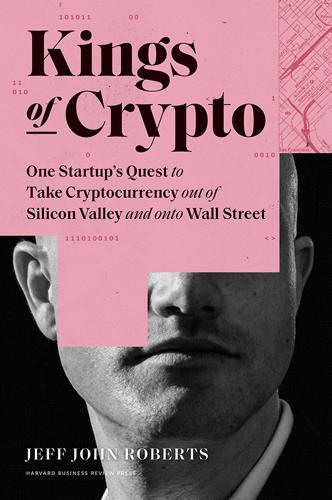
Kings of Crypto: One Startup's Quest to Take Cryptocurrency Out of Silicon Valley and Onto Wall Street
by Jeff John Roberts · 15 Dec 2020 · 226pp · 65,516 words
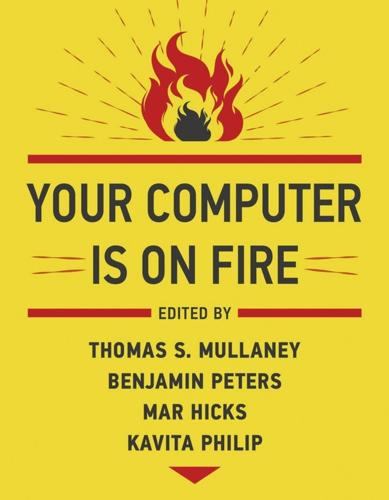
Your Computer Is on Fire
by Thomas S. Mullaney, Benjamin Peters, Mar Hicks and Kavita Philip · 9 Mar 2021 · 661pp · 156,009 words
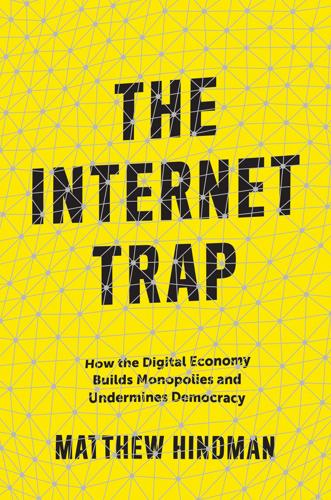
The Internet Trap: How the Digital Economy Builds Monopolies and Undermines Democracy
by Matthew Hindman · 24 Sep 2018
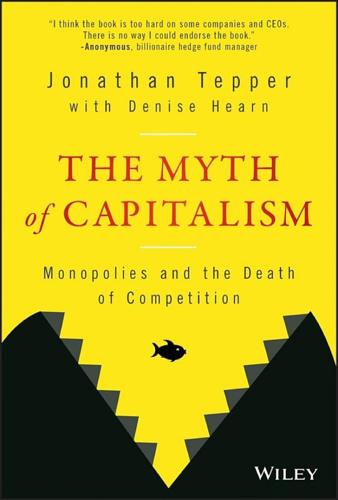
The Myth of Capitalism: Monopolies and the Death of Competition
by Jonathan Tepper · 20 Nov 2018 · 417pp · 97,577 words
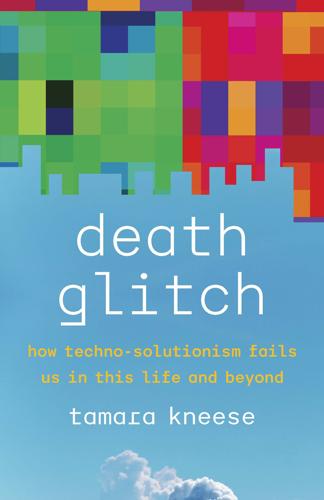
Death Glitch: How Techno-Solutionism Fails Us in This Life and Beyond
by Tamara Kneese · 14 Aug 2023 · 284pp · 75,744 words
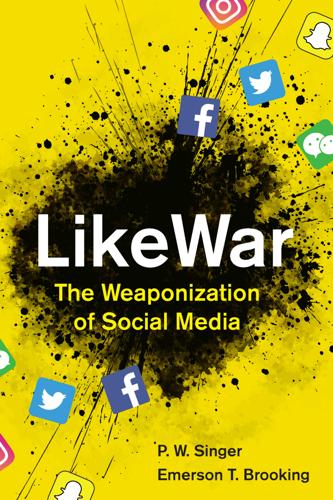
Likewar: The Weaponization of Social Media
by Peter Warren Singer and Emerson T. Brooking · 15 Mar 2018
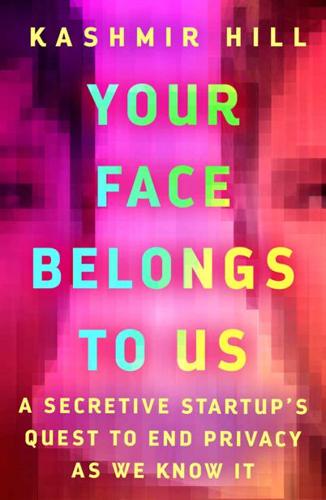
Your Face Belongs to Us: A Secretive Startup's Quest to End Privacy as We Know It
by Kashmir Hill · 19 Sep 2023 · 487pp · 124,008 words
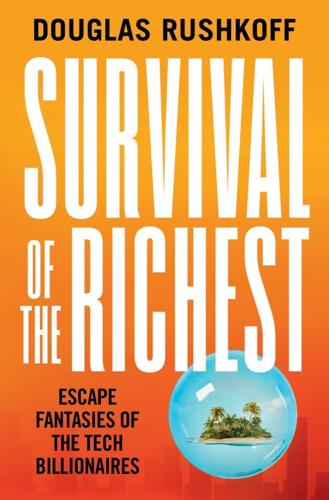
Survival of the Richest: Escape Fantasies of the Tech Billionaires
by Douglas Rushkoff · 7 Sep 2022 · 205pp · 61,903 words
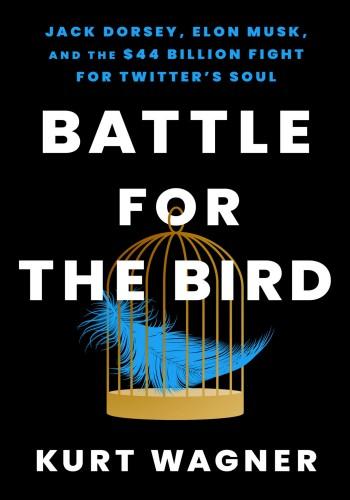
Battle for the Bird: Jack Dorsey, Elon Musk, and the $44 Billion Fight for Twitter's Soul
by Kurt Wagner · 20 Feb 2024 · 332pp · 127,754 words
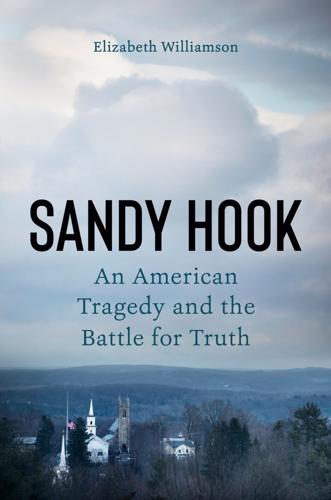
Sandy Hook: An American Tragedy and the Battle for Truth
by Elizabeth Williamson · 8 Mar 2022 · 574pp · 148,233 words
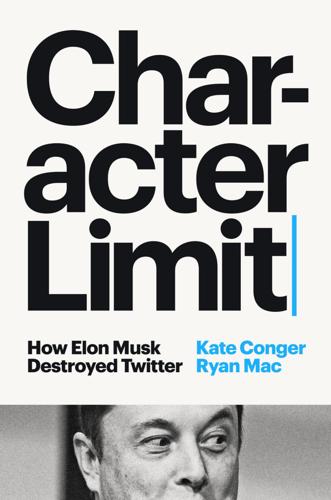
Character Limit: How Elon Musk Destroyed Twitter
by Kate Conger and Ryan Mac · 17 Sep 2024
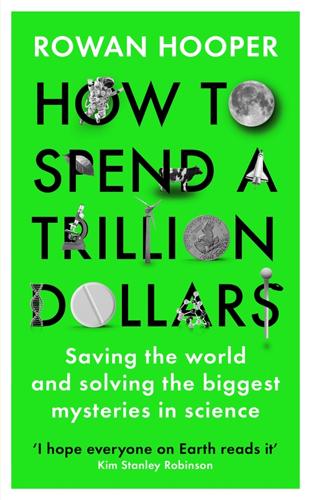
How to Spend a Trillion Dollars
by Rowan Hooper · 15 Jan 2020 · 285pp · 86,858 words
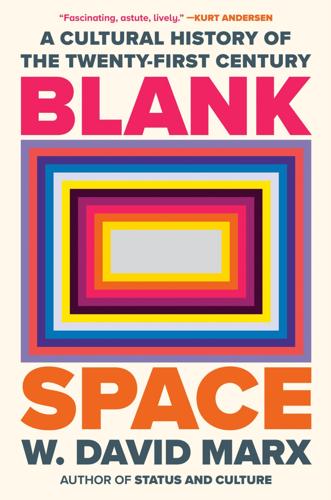
Blank Space: A Cultural History of the Twenty-First Century
by W. David Marx · 18 Nov 2025 · 642pp · 142,332 words
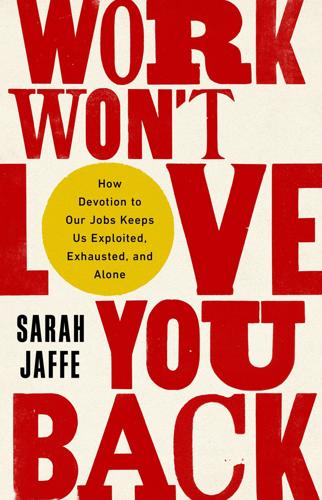
Work Won't Love You Back: How Devotion to Our Jobs Keeps Us Exploited, Exhausted, and Alone
by Sarah Jaffe · 26 Jan 2021 · 490pp · 153,455 words
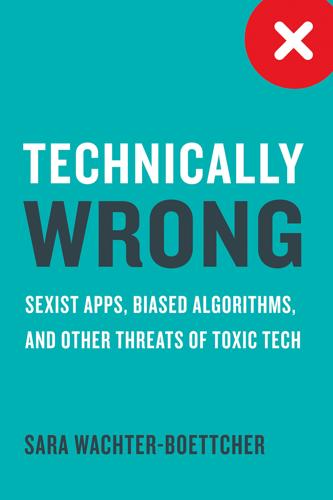
Technically Wrong: Sexist Apps, Biased Algorithms, and Other Threats of Toxic Tech
by Sara Wachter-Boettcher · 9 Oct 2017 · 223pp · 60,909 words
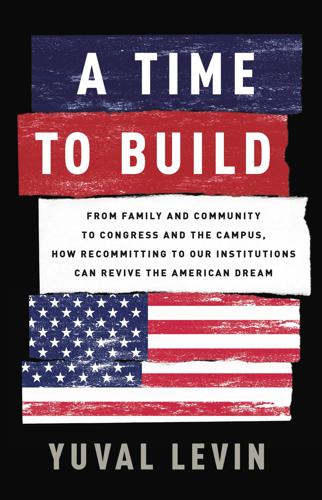
A Time to Build: From Family and Community to Congress and the Campus, How Recommitting to Our Institutions Can Revive the American Dream
by Yuval Levin · 21 Jan 2020 · 224pp · 71,060 words
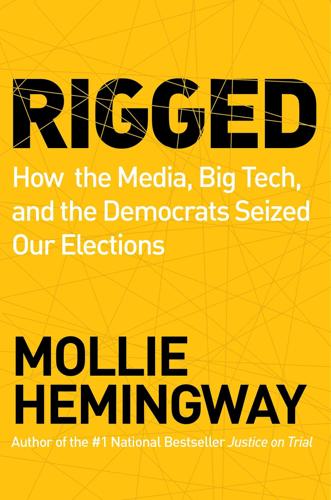
Rigged: How the Media, Big Tech, and the Democrats Seized Our Elections
by Mollie Hemingway · 11 Oct 2021 · 595pp · 143,394 words
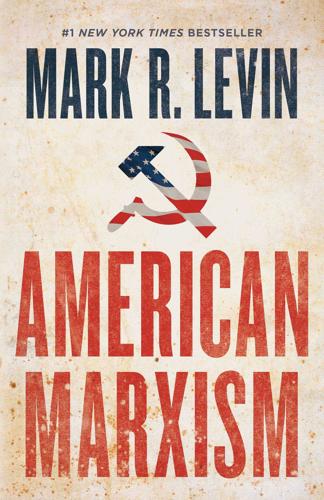
American Marxism
by Mark R. Levin · 12 Jul 2021 · 314pp · 88,524 words
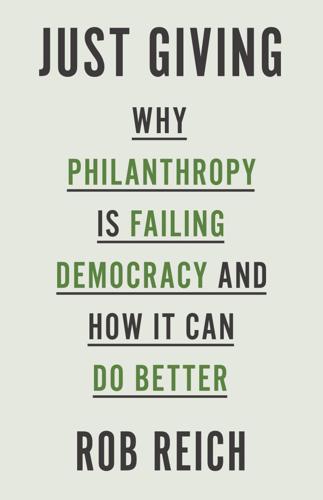
Just Giving: Why Philanthropy Is Failing Democracy and How It Can Do Better
by Rob Reich · 20 Nov 2018 · 257pp · 75,685 words
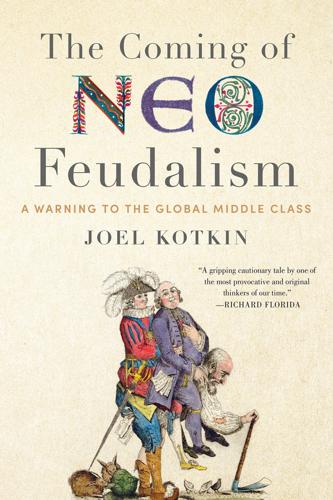
The Coming of Neo-Feudalism: A Warning to the Global Middle Class
by Joel Kotkin · 11 May 2020 · 393pp · 91,257 words
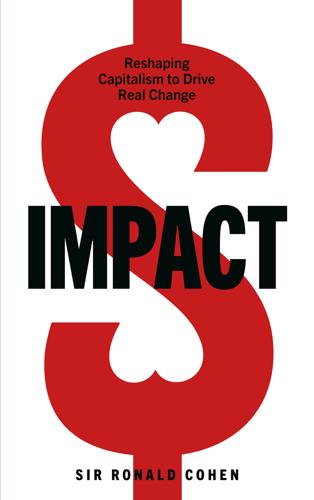
Impact: Reshaping Capitalism to Drive Real Change
by Ronald Cohen · 1 Jul 2020 · 276pp · 59,165 words
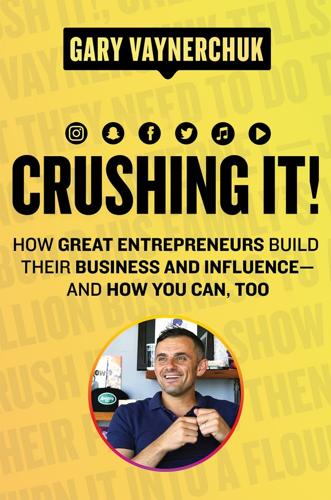
Crushing It!: How Great Entrepreneurs Build Their Business and Influence—and How You Can, Too
by Gary Vaynerchuk · 30 Jan 2018
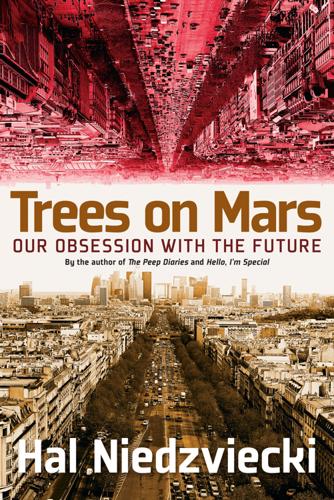
Trees on Mars: Our Obsession With the Future
by Hal Niedzviecki · 15 Mar 2015 · 343pp · 102,846 words
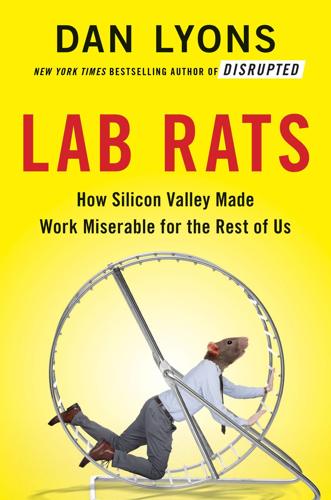
Lab Rats: How Silicon Valley Made Work Miserable for the Rest of Us
by Dan Lyons · 22 Oct 2018 · 252pp · 78,780 words
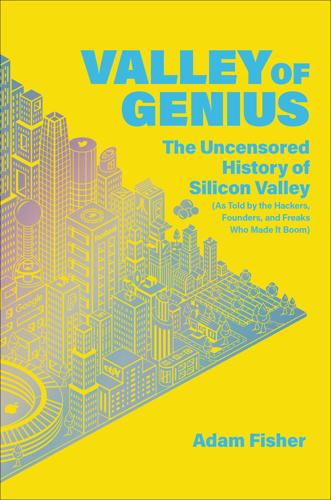
Valley of Genius: The Uncensored History of Silicon Valley (As Told by the Hackers, Founders, and Freaks Who Made It Boom)
by Adam Fisher · 9 Jul 2018 · 611pp · 188,732 words
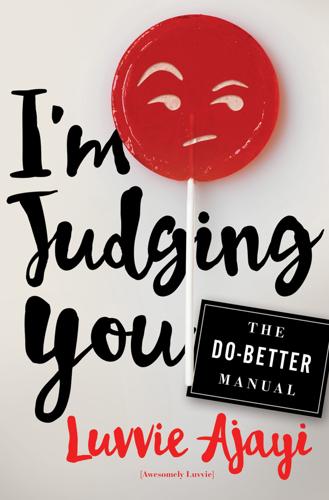
I'm Judging You: The Do-Better Manual
by Luvvie Ajayi · 12 Sep 2016 · 232pp · 78,701 words
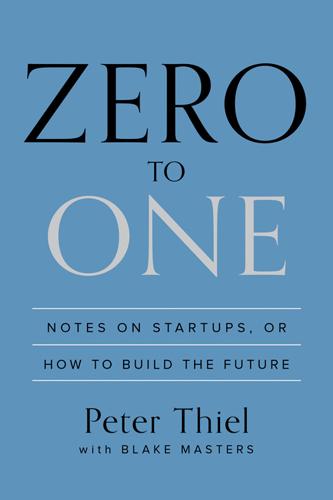
Zero to One: Notes on Startups, or How to Build the Future
by Peter Thiel and Blake Masters · 15 Sep 2014 · 185pp · 43,609 words
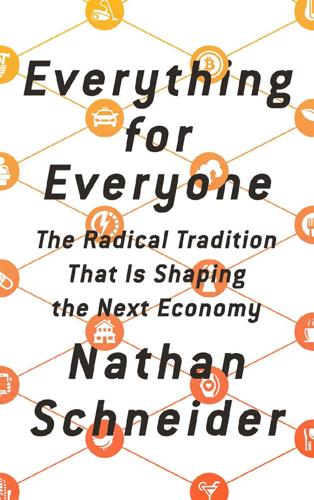
Everything for Everyone: The Radical Tradition That Is Shaping the Next Economy
by Nathan Schneider · 10 Sep 2018 · 326pp · 91,559 words
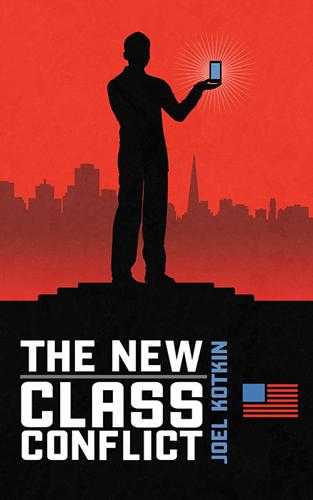
The New Class Conflict
by Joel Kotkin · 31 Aug 2014 · 362pp · 83,464 words
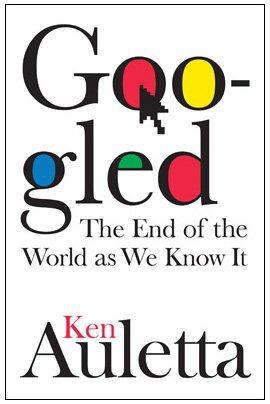
Googled: The End of the World as We Know It
by Ken Auletta · 1 Jan 2009 · 532pp · 139,706 words
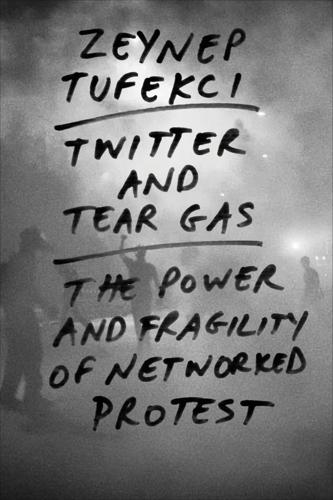
Twitter and Tear Gas: The Power and Fragility of Networked Protest
by Zeynep Tufekci · 14 May 2017 · 444pp · 130,646 words
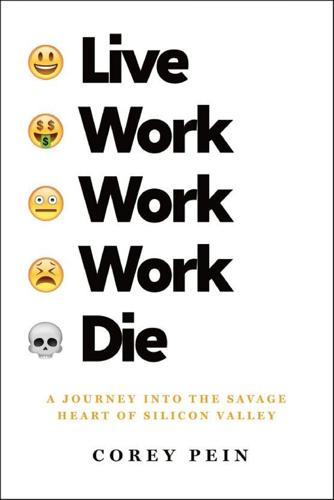
Live Work Work Work Die: A Journey Into the Savage Heart of Silicon Valley
by Corey Pein · 23 Apr 2018 · 282pp · 81,873 words
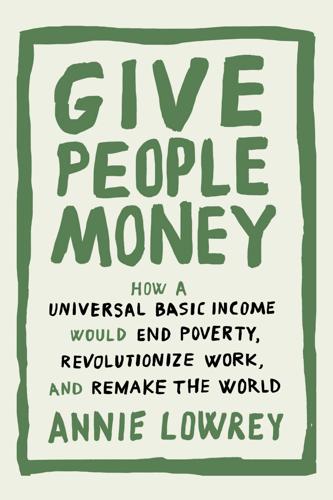
Give People Money
by Annie Lowrey · 10 Jul 2018 · 242pp · 73,728 words
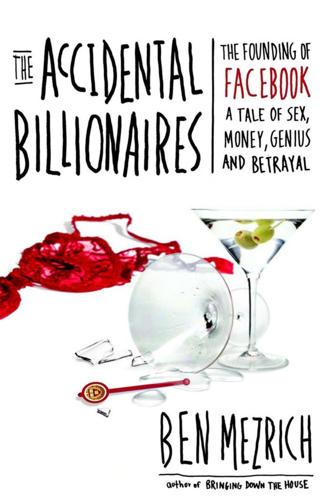
The Accidental Billionaires: The Founding of Facebook: A Tale of Sex, Money, Genius and Betrayal
by Ben Mezrich · 13 Jul 2009 · 226pp · 69,893 words
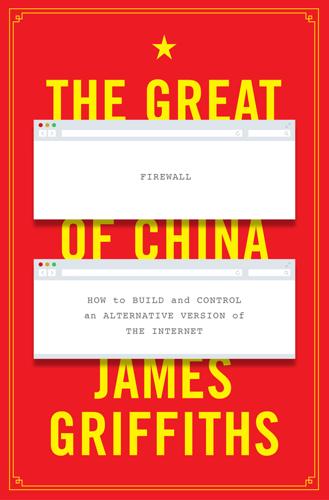
The Great Firewall of China
by James Griffiths; · 15 Jan 2018 · 453pp · 114,250 words
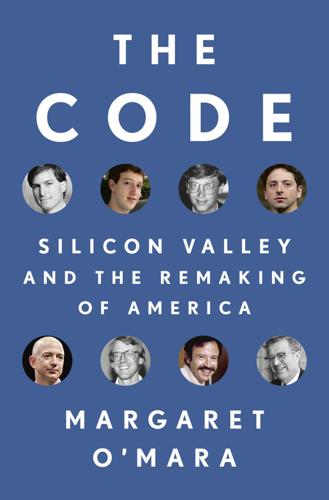
The Code: Silicon Valley and the Remaking of America
by Margaret O'Mara · 8 Jul 2019
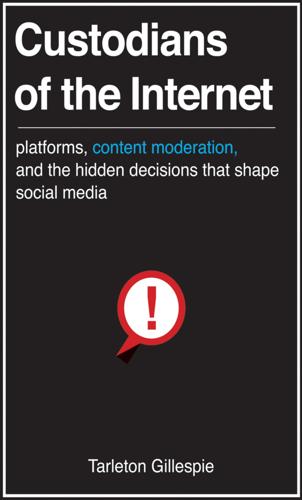
Custodians of the Internet: Platforms, Content Moderation, and the Hidden Decisions That Shape Social Media
by Tarleton Gillespie · 25 Jun 2018 · 390pp · 109,519 words
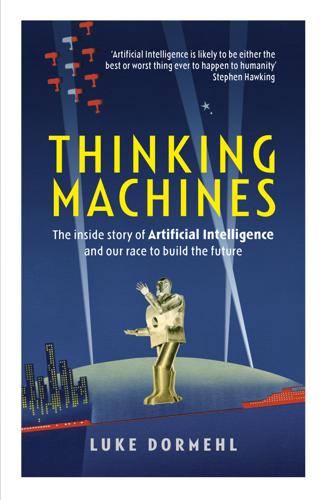
Thinking Machines: The Inside Story of Artificial Intelligence and Our Race to Build the Future
by Luke Dormehl · 10 Aug 2016 · 252pp · 74,167 words
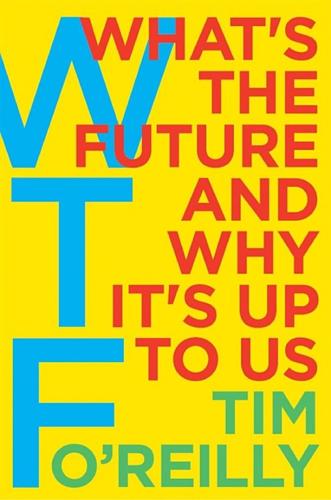
WTF?: What's the Future and Why It's Up to Us
by Tim O'Reilly · 9 Oct 2017 · 561pp · 157,589 words
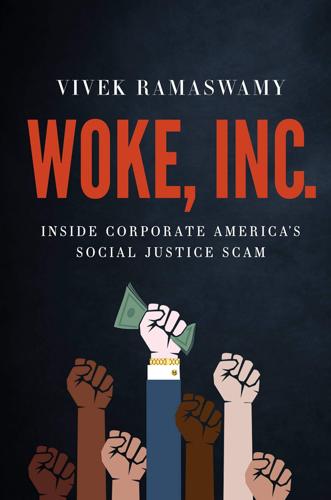
Woke, Inc: Inside Corporate America's Social Justice Scam
by Vivek Ramaswamy · 16 Aug 2021 · 344pp · 104,522 words
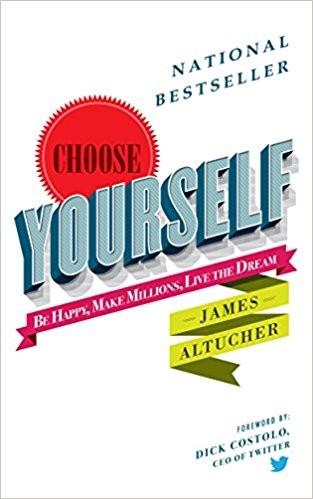
Choose Yourself!
by James Altucher · 14 Sep 2013 · 230pp · 76,655 words
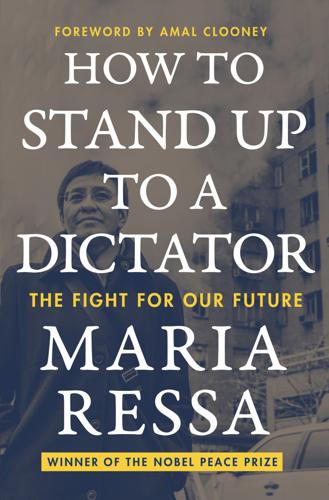
How to Stand Up to a Dictator
by Maria Ressa · 19 Oct 2022

The Perfect Weapon: War, Sabotage, and Fear in the Cyber Age
by David E. Sanger · 18 Jun 2018 · 394pp · 117,982 words
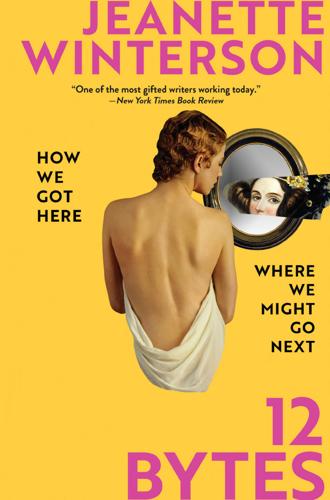
12 Bytes: How We Got Here. Where We Might Go Next
by Jeanette Winterson · 15 Mar 2021 · 256pp · 73,068 words
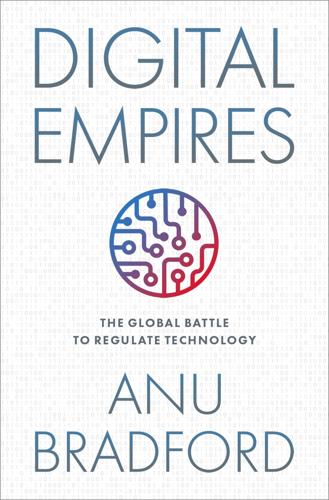
Digital Empires: The Global Battle to Regulate Technology
by Anu Bradford · 25 Sep 2023 · 898pp · 236,779 words
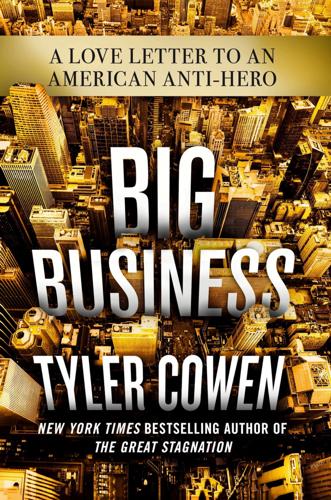
Big Business: A Love Letter to an American Anti-Hero
by Tyler Cowen · 8 Apr 2019 · 297pp · 84,009 words
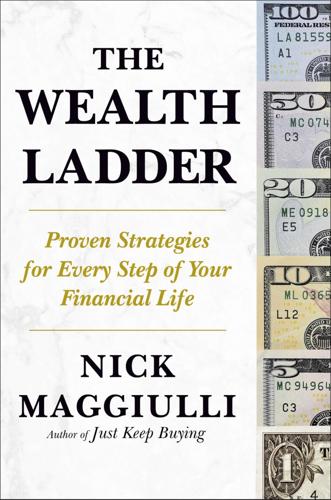
The Wealth Ladder: Proven Strategies for Every Step of Your Financial Life
by Nick Maggiulli · 22 Jul 2025
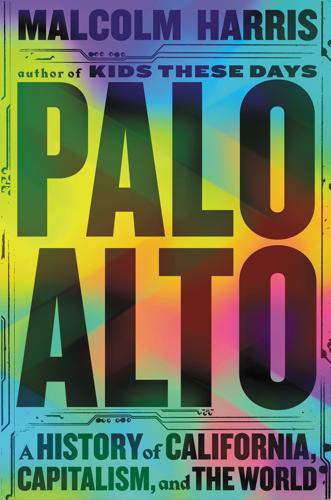
Palo Alto: A History of California, Capitalism, and the World
by Malcolm Harris · 14 Feb 2023 · 864pp · 272,918 words
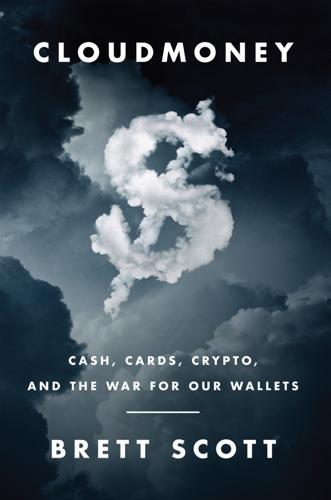
Cloudmoney: Cash, Cards, Crypto, and the War for Our Wallets
by Brett Scott · 4 Jul 2022 · 308pp · 85,850 words
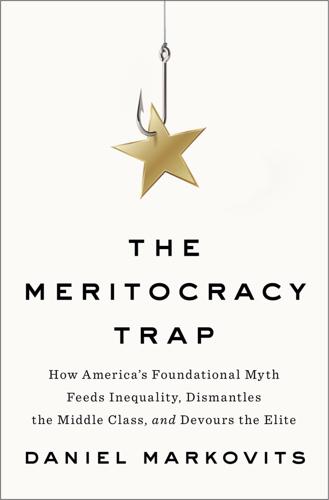
The Meritocracy Trap: How America's Foundational Myth Feeds Inequality, Dismantles the Middle Class, and Devours the Elite
by Daniel Markovits · 14 Sep 2019 · 976pp · 235,576 words
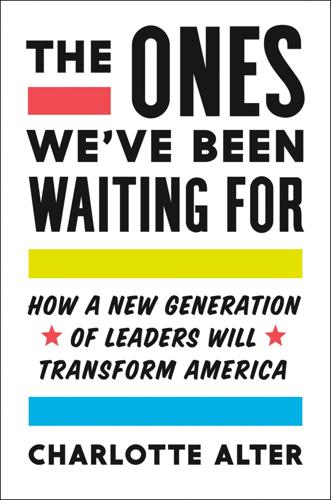
The Ones We've Been Waiting For: How a New Generation of Leaders Will Transform America
by Charlotte Alter · 18 Feb 2020 · 504pp · 129,087 words
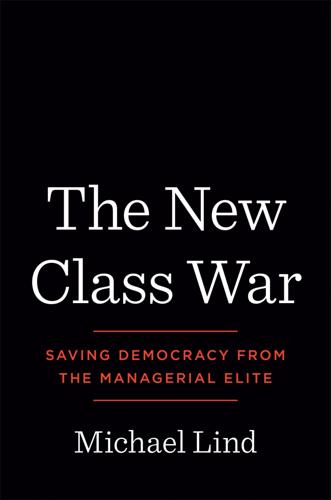
The New Class War: Saving Democracy From the Metropolitan Elite
by Michael Lind · 20 Feb 2020

Exponential: How Accelerating Technology Is Leaving Us Behind and What to Do About It
by Azeem Azhar · 6 Sep 2021 · 447pp · 111,991 words
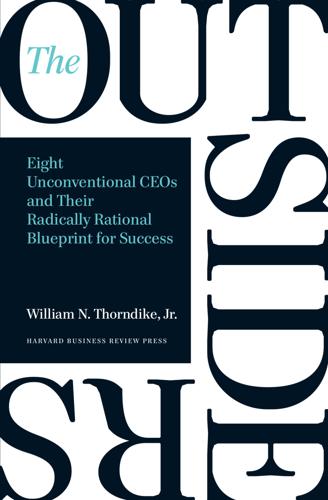
The Outsiders: Eight Unconventional CEOs and Their Radically Rational Blueprint for Success
by William Thorndike · 14 Sep 2012 · 330pp · 59,335 words
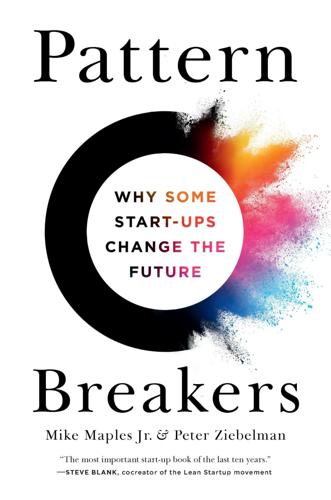
Pattern Breakers: Why Some Start-Ups Change the Future
by Mike Maples and Peter Ziebelman · 8 Jul 2024 · 207pp · 65,156 words
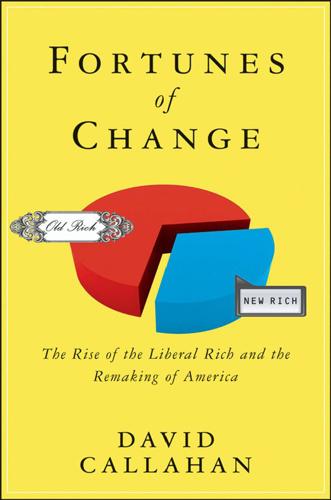
Fortunes of Change: The Rise of the Liberal Rich and the Remaking of America
by David Callahan · 9 Aug 2010
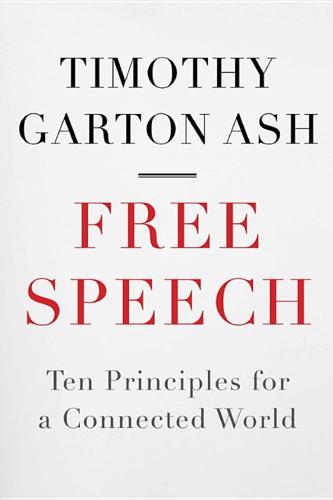
Free Speech: Ten Principles for a Connected World
by Timothy Garton Ash · 23 May 2016 · 743pp · 201,651 words
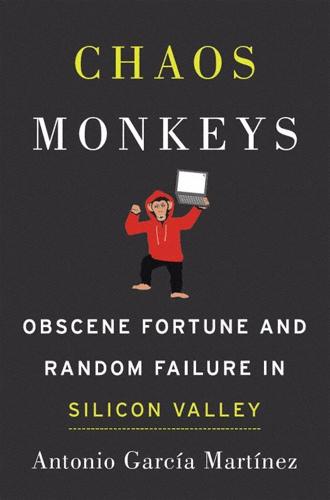
Chaos Monkeys: Obscene Fortune and Random Failure in Silicon Valley
by Antonio Garcia Martinez · 27 Jun 2016 · 559pp · 155,372 words
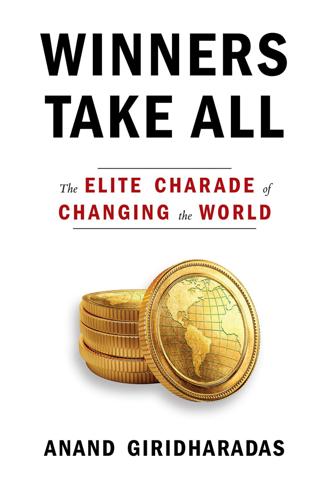
Winners Take All: The Elite Charade of Changing the World
by Anand Giridharadas · 27 Aug 2018 · 296pp · 98,018 words
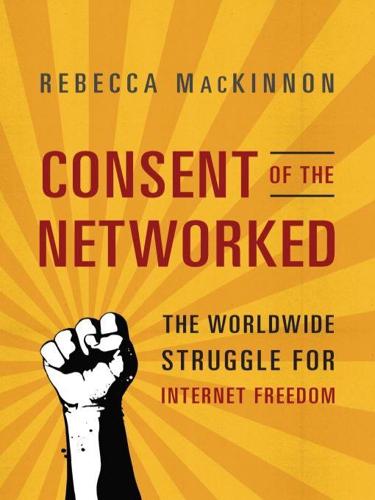
Consent of the Networked: The Worldwide Struggle for Internet Freedom
by Rebecca MacKinnon · 31 Jan 2012 · 390pp · 96,624 words
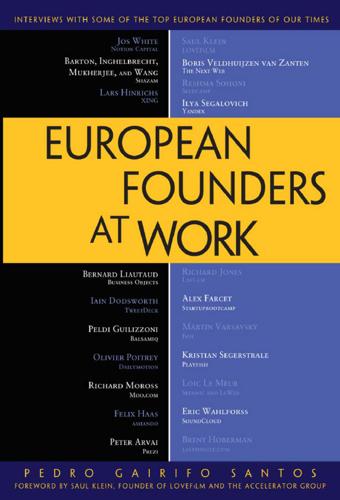
European Founders at Work
by Pedro Gairifo Santos · 7 Nov 2011 · 353pp · 104,146 words
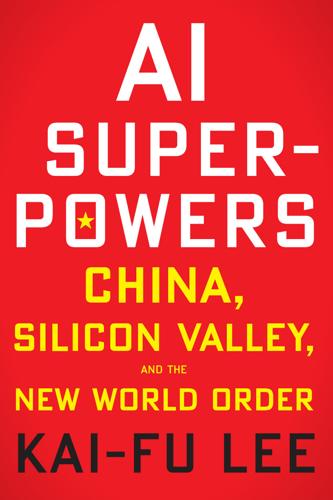
AI Superpowers: China, Silicon Valley, and the New World Order
by Kai-Fu Lee · 14 Sep 2018 · 307pp · 88,180 words
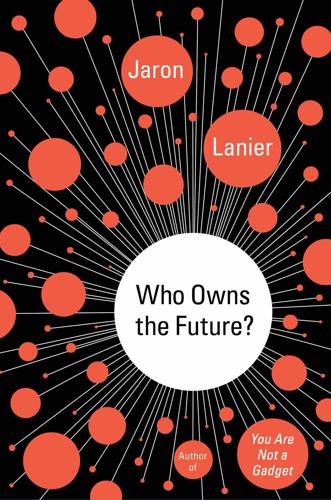
Who Owns the Future?
by Jaron Lanier · 6 May 2013 · 510pp · 120,048 words
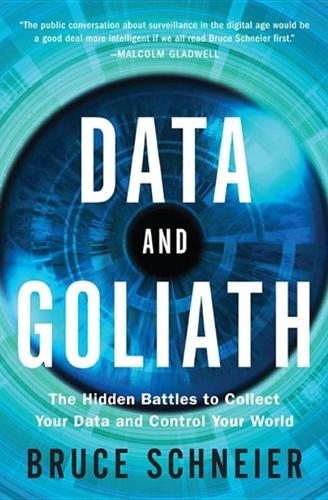
Data and Goliath: The Hidden Battles to Collect Your Data and Control Your World
by Bruce Schneier · 2 Mar 2015 · 598pp · 134,339 words
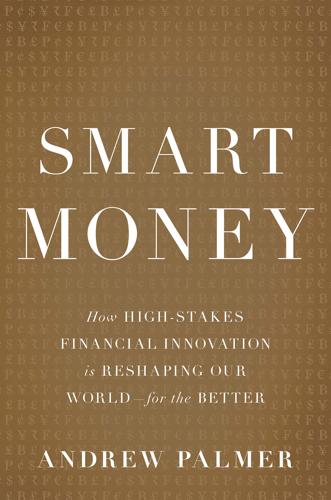
Smart Money: How High-Stakes Financial Innovation Is Reshaping Our WorldÑFor the Better
by Andrew Palmer · 13 Apr 2015 · 280pp · 79,029 words
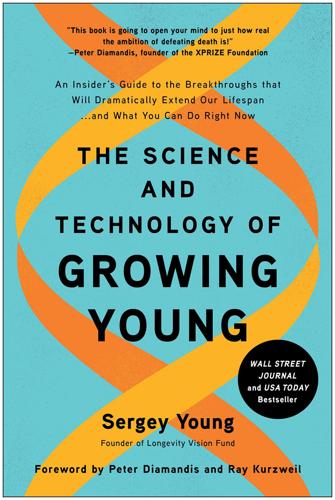
The Science and Technology of Growing Young: An Insider's Guide to the Breakthroughs That Will Dramatically Extend Our Lifespan . . . And What You Can Do Right Now
by Sergey Young · 23 Aug 2021 · 326pp · 88,968 words
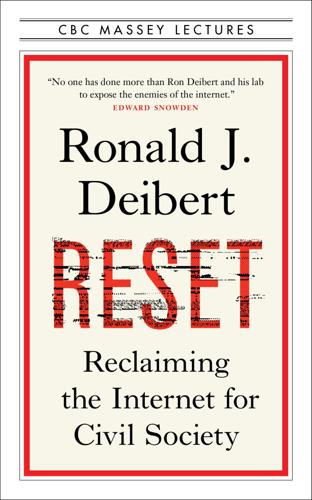
Reset
by Ronald J. Deibert · 14 Aug 2020
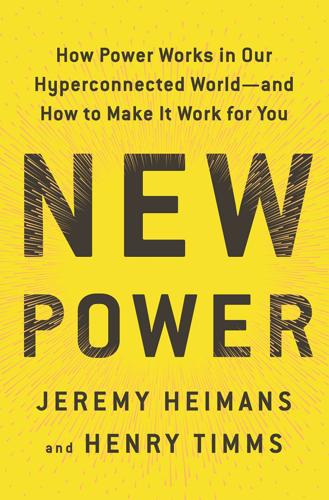
New Power: How Power Works in Our Hyperconnected World--And How to Make It Work for You
by Jeremy Heimans and Henry Timms · 2 Apr 2018 · 416pp · 100,130 words
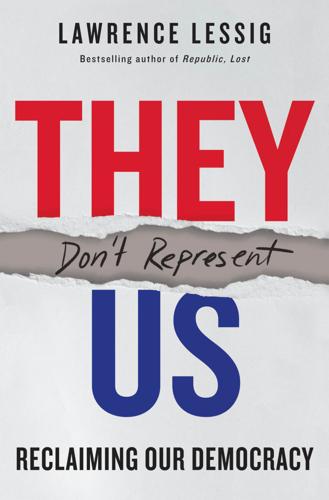
They Don't Represent Us: Reclaiming Our Democracy
by Lawrence Lessig · 5 Nov 2019 · 404pp · 115,108 words
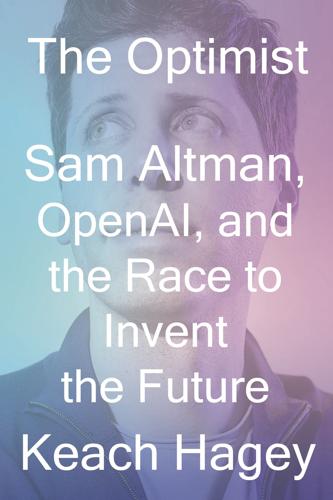
The Optimist: Sam Altman, OpenAI, and the Race to Invent the Future
by Keach Hagey · 19 May 2025 · 439pp · 125,379 words
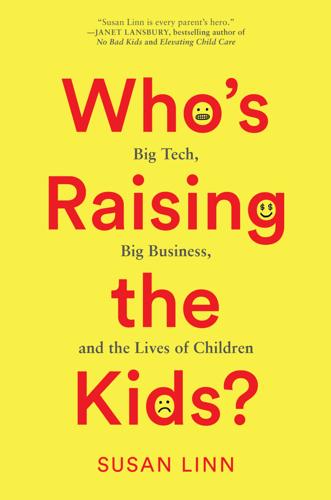
Who’s Raising the Kids?: Big Tech, Big Business, and the Lives of Children
by Susan Linn · 12 Sep 2022 · 415pp · 102,982 words
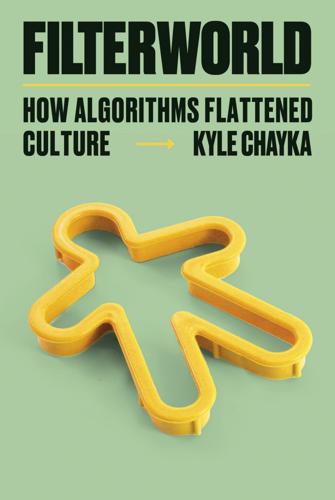
Filterworld: How Algorithms Flattened Culture
by Kyle Chayka · 15 Jan 2024 · 321pp · 105,480 words
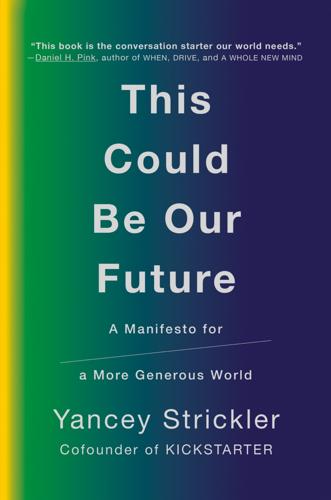
This Could Be Our Future: A Manifesto for a More Generous World
by Yancey Strickler · 29 Oct 2019 · 254pp · 61,387 words
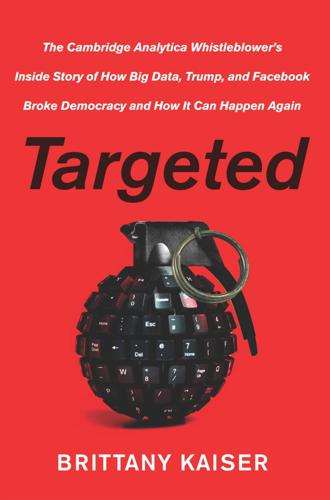
Targeted: The Cambridge Analytica Whistleblower's Inside Story of How Big Data, Trump, and Facebook Broke Democracy and How It Can Happen Again
by Brittany Kaiser · 21 Oct 2019 · 391pp · 123,597 words
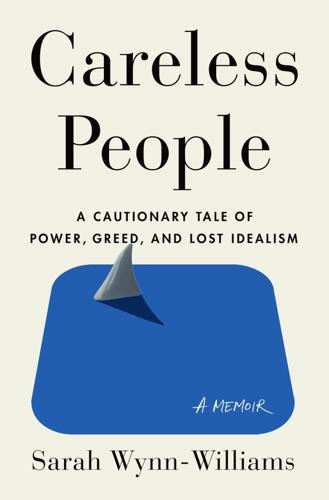
Careless People: A Cautionary Tale of Power, Greed, and Lost Idealism
by Sarah Wynn-Williams · 11 Mar 2025 · 370pp · 115,318 words
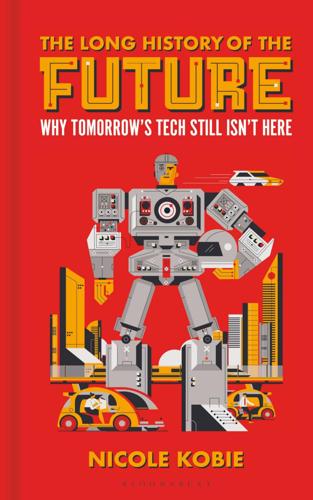
The Long History of the Future: Why Tomorrow's Technology Still Isn't Here
by Nicole Kobie · 3 Jul 2024 · 348pp · 119,358 words
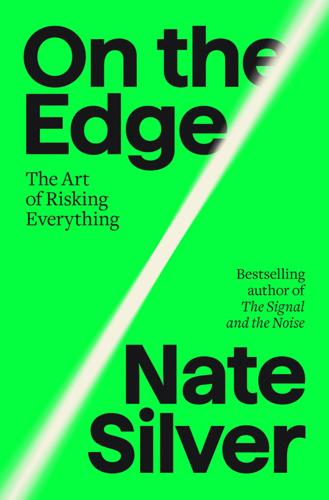
On the Edge: The Art of Risking Everything
by Nate Silver · 12 Aug 2024 · 848pp · 227,015 words
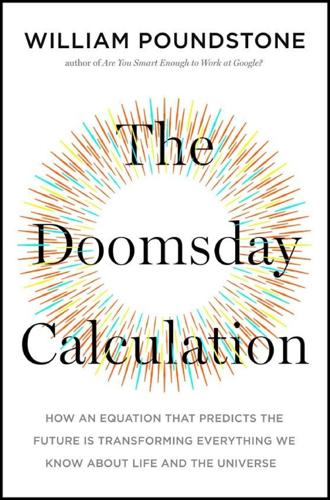
The Doomsday Calculation: How an Equation That Predicts the Future Is Transforming Everything We Know About Life and the Universe
by William Poundstone · 3 Jun 2019 · 283pp · 81,376 words
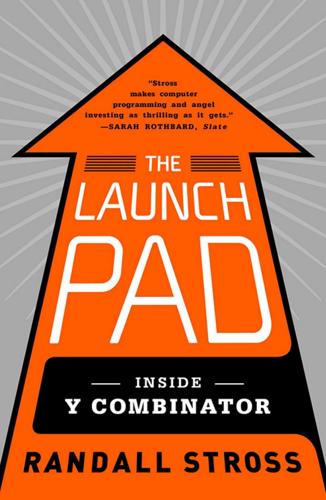
The Launch Pad: Inside Y Combinator, Silicon Valley's Most Exclusive School for Startups
by Randall Stross · 4 Sep 2013 · 332pp · 97,325 words
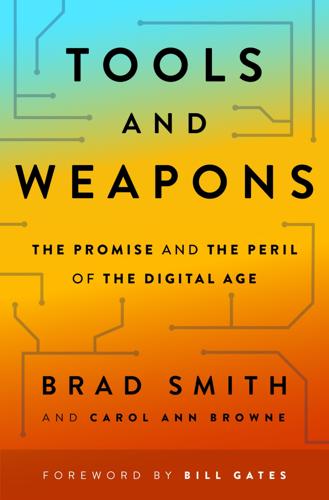
Tools and Weapons: The Promise and the Peril of the Digital Age
by Brad Smith and Carol Ann Browne · 9 Sep 2019 · 482pp · 121,173 words

The Unwinding: An Inner History of the New America
by George Packer · 4 Mar 2014 · 559pp · 169,094 words
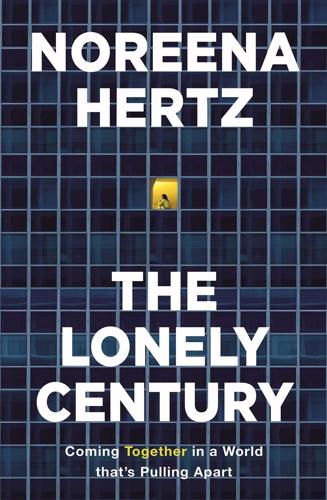
The Lonely Century: How Isolation Imperils Our Future
by Noreena Hertz · 13 May 2020 · 506pp · 133,134 words
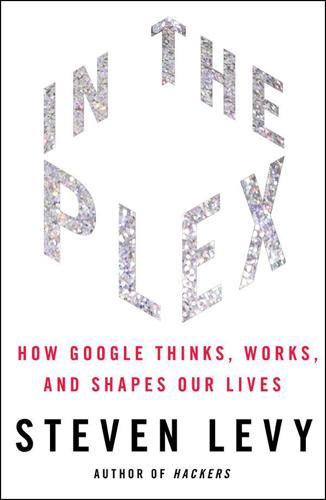
In the Plex: How Google Thinks, Works, and Shapes Our Lives
by Steven Levy · 12 Apr 2011 · 666pp · 181,495 words
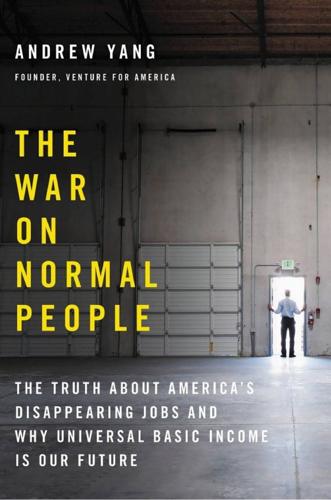
The War on Normal People: The Truth About America's Disappearing Jobs and Why Universal Basic Income Is Our Future
by Andrew Yang · 2 Apr 2018 · 300pp · 76,638 words
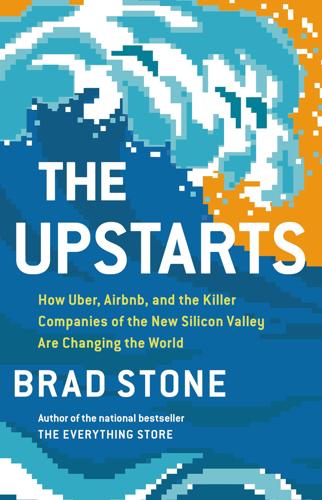
The Upstarts: How Uber, Airbnb, and the Killer Companies of the New Silicon Valley Are Changing the World
by Brad Stone · 30 Jan 2017 · 373pp · 112,822 words
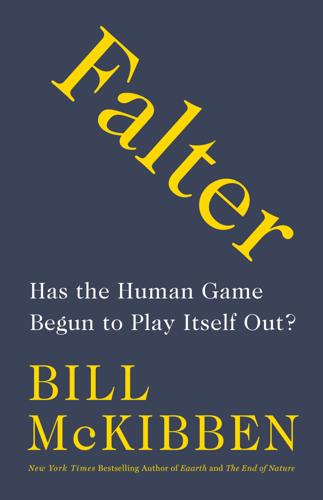
Falter: Has the Human Game Begun to Play Itself Out?
by Bill McKibben · 15 Apr 2019
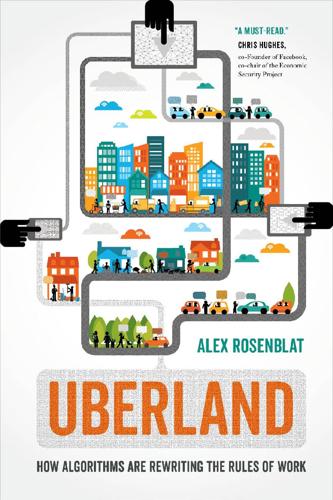
Uberland: How Algorithms Are Rewriting the Rules of Work
by Alex Rosenblat · 22 Oct 2018 · 343pp · 91,080 words
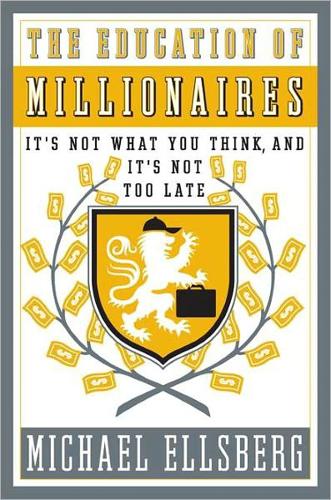
The Education of Millionaires: It's Not What You Think and It's Not Too Late
by Michael Ellsberg · 15 Jan 2011 · 362pp · 99,063 words
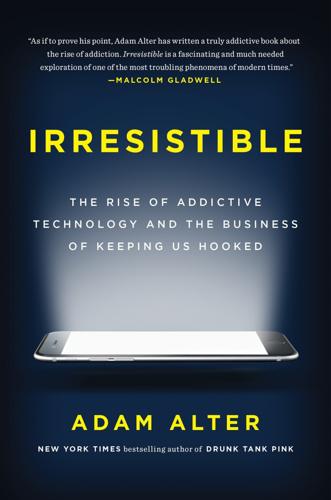
Irresistible: The Rise of Addictive Technology and the Business of Keeping Us Hooked
by Adam L. Alter · 15 Feb 2017 · 331pp · 96,989 words
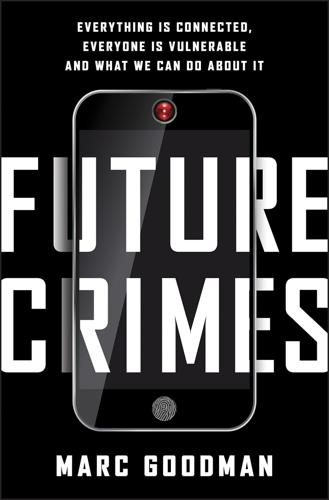
Future Crimes: Everything Is Connected, Everyone Is Vulnerable and What We Can Do About It
by Marc Goodman · 24 Feb 2015 · 677pp · 206,548 words
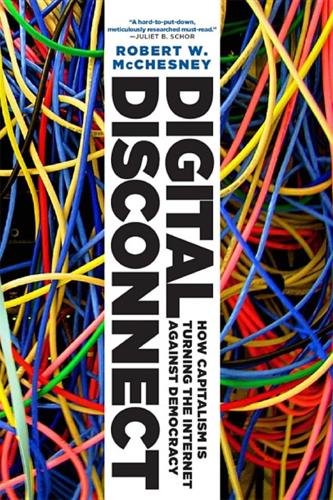
Digital Disconnect: How Capitalism Is Turning the Internet Against Democracy
by Robert W. McChesney · 5 Mar 2013 · 476pp · 125,219 words
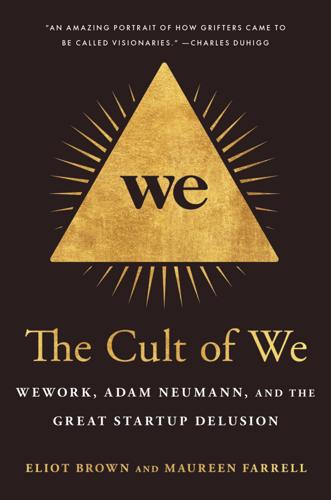
The Cult of We: WeWork, Adam Neumann, and the Great Startup Delusion
by Eliot Brown and Maureen Farrell · 19 Jul 2021 · 460pp · 130,820 words
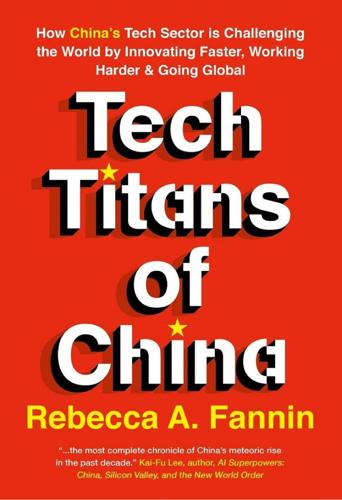
Tech Titans of China: How China's Tech Sector Is Challenging the World by Innovating Faster, Working Harder, and Going Global
by Rebecca Fannin · 2 Sep 2019 · 269pp · 70,543 words

Artificial Whiteness
by Yarden Katz

Spies, Lies, and Algorithms: The History and Future of American Intelligence
by Amy B. Zegart · 6 Nov 2021
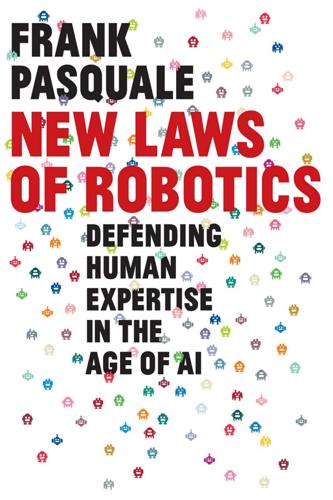
New Laws of Robotics: Defending Human Expertise in the Age of AI
by Frank Pasquale · 14 May 2020 · 1,172pp · 114,305 words
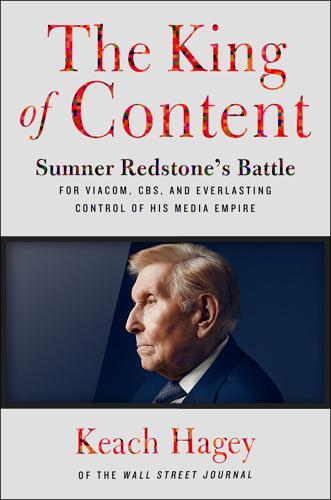
The King of Content: Sumner Redstone's Battle for Viacom, CBS, and Everlasting Control of His Media Empire
by Keach Hagey · 25 Jun 2018 · 499pp · 131,113 words
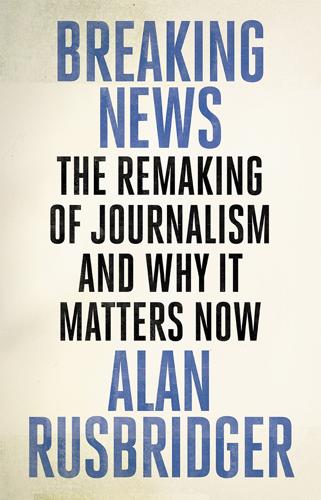
Breaking News: The Remaking of Journalism and Why It Matters Now
by Alan Rusbridger · 14 Oct 2018 · 579pp · 160,351 words
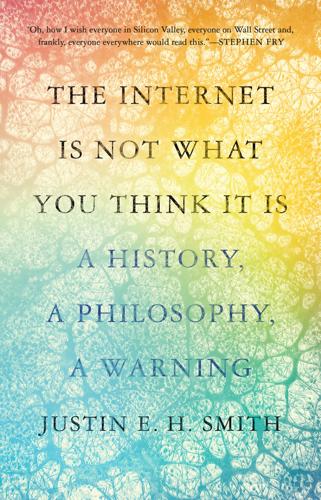
The Internet Is Not What You Think It Is: A History, a Philosophy, a Warning
by Justin E. H. Smith · 22 Mar 2022 · 198pp · 59,351 words
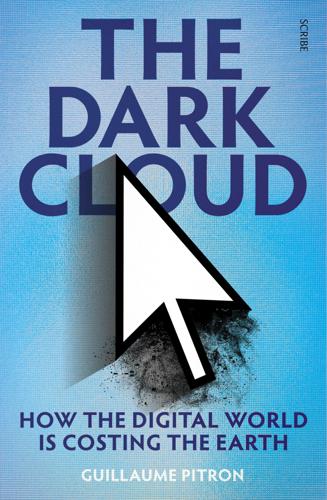
The Dark Cloud: How the Digital World Is Costing the Earth
by Guillaume Pitron · 14 Jun 2023 · 271pp · 79,355 words

Enshittification: Why Everything Suddenly Got Worse and What to Do About It
by Cory Doctorow · 6 Oct 2025 · 313pp · 94,415 words
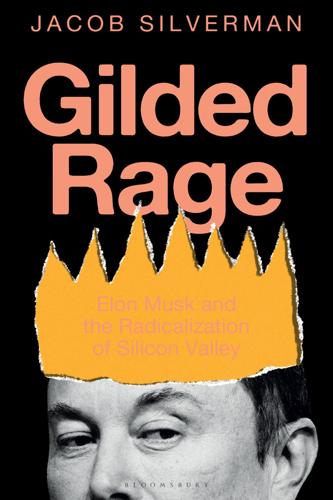
Gilded Rage: Elon Musk and the Radicalization of Silicon Valley
by Jacob Silverman · 9 Oct 2025 · 312pp · 103,645 words
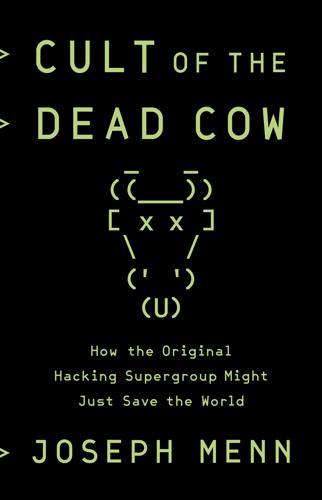
Cult of the Dead Cow: How the Original Hacking Supergroup Might Just Save the World
by Joseph Menn · 3 Jun 2019 · 302pp · 85,877 words
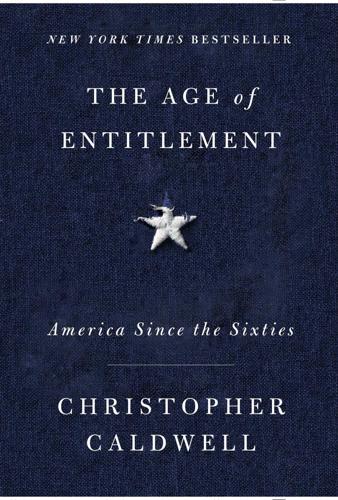
The Age of Entitlement: America Since the Sixties
by Christopher Caldwell · 21 Jan 2020 · 450pp · 113,173 words
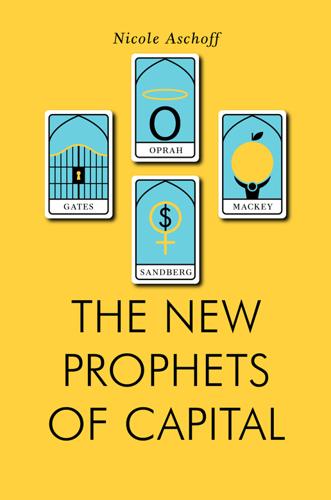
The New Prophets of Capital
by Nicole Aschoff · 10 Mar 2015 · 128pp · 38,187 words
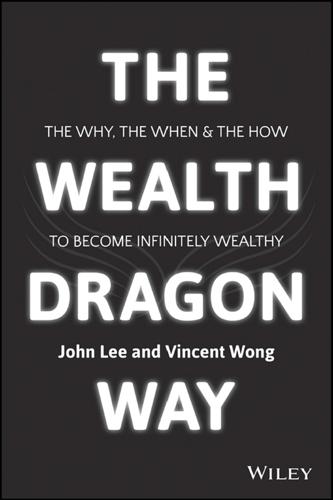
The Wealth Dragon Way: The Why, the When and the How to Become Infinitely Wealthy
by John Lee · 13 Apr 2015 · 202pp · 72,857 words
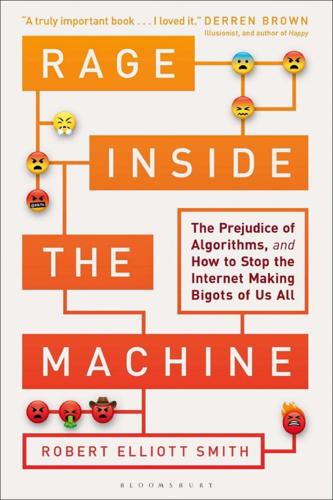
Rage Inside the Machine: The Prejudice of Algorithms, and How to Stop the Internet Making Bigots of Us All
by Robert Elliott Smith · 26 Jun 2019 · 370pp · 107,983 words
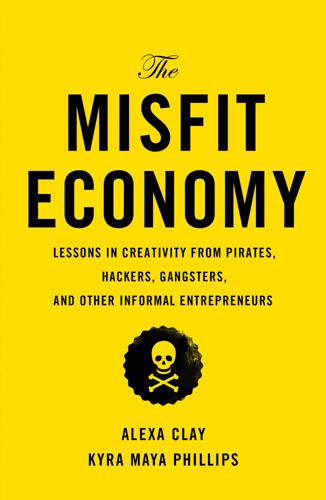
The Misfit Economy: Lessons in Creativity From Pirates, Hackers, Gangsters and Other Informal Entrepreneurs
by Alexa Clay and Kyra Maya Phillips · 23 Jun 2015 · 210pp · 56,667 words

Working in Public: The Making and Maintenance of Open Source Software
by Nadia Eghbal · 3 Aug 2020 · 1,136pp · 73,489 words
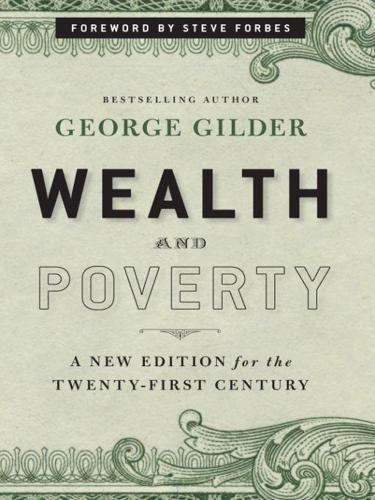
Wealth and Poverty: A New Edition for the Twenty-First Century
by George Gilder · 30 Apr 1981 · 590pp · 153,208 words
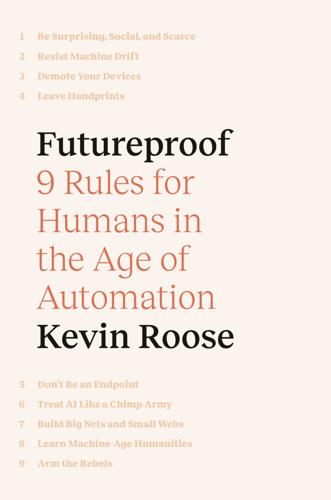
Futureproof: 9 Rules for Humans in the Age of Automation
by Kevin Roose · 9 Mar 2021 · 208pp · 57,602 words
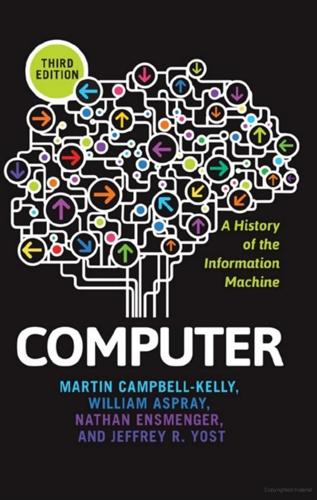
Computer: A History of the Information Machine
by Martin Campbell-Kelly and Nathan Ensmenger · 29 Jul 2013 · 528pp · 146,459 words
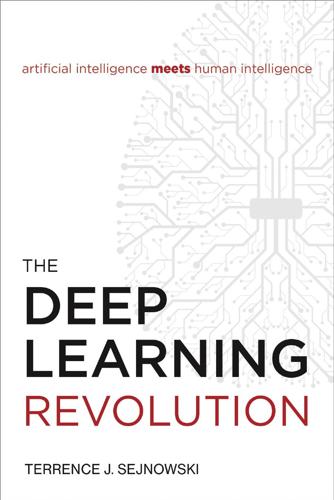
The Deep Learning Revolution (The MIT Press)
by Terrence J. Sejnowski · 27 Sep 2018
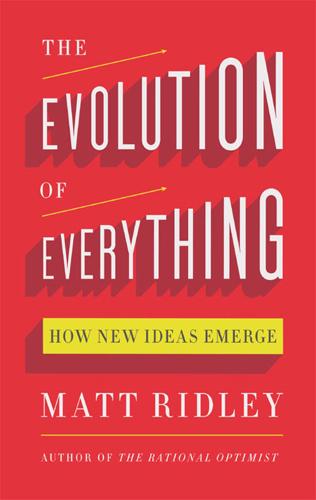
The Evolution of Everything: How New Ideas Emerge
by Matt Ridley · 395pp · 116,675 words
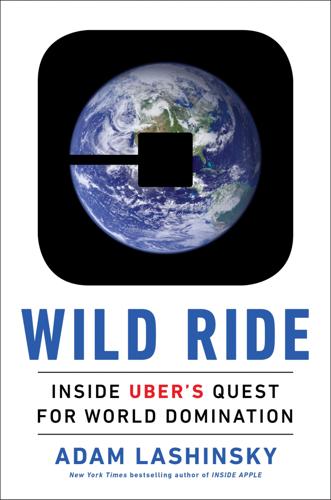
Wild Ride: Inside Uber's Quest for World Domination
by Adam Lashinsky · 31 Mar 2017 · 190pp · 62,941 words
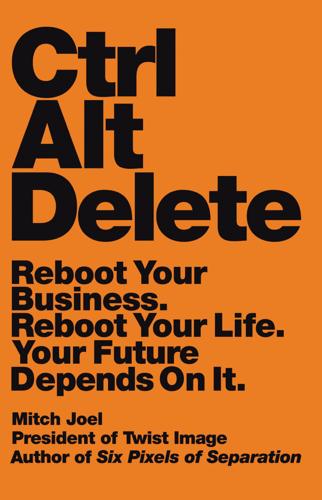
Ctrl Alt Delete: Reboot Your Business. Reboot Your Life. Your Future Depends on It.
by Mitch Joel · 20 May 2013 · 260pp · 76,223 words
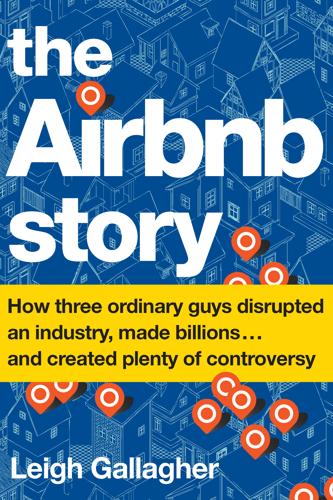
The Airbnb Story: How Three Ordinary Guys Disrupted an Industry, Made Billions...and Created Plenty of Controversy
by Leigh Gallagher · 14 Feb 2017 · 290pp · 87,549 words
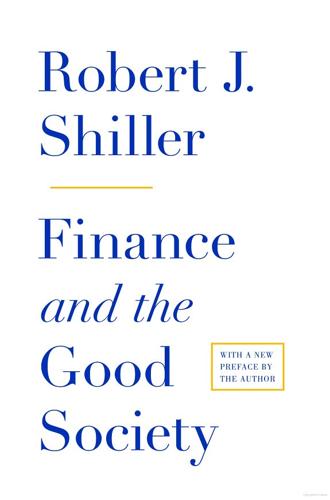
Finance and the Good Society
by Robert J. Shiller · 1 Jan 2012 · 288pp · 16,556 words
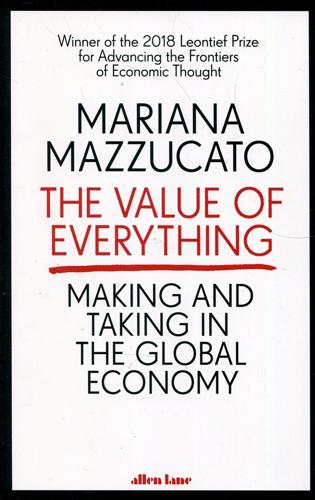
Value of Everything: An Antidote to Chaos The
by Mariana Mazzucato · 25 Apr 2018 · 457pp · 125,329 words
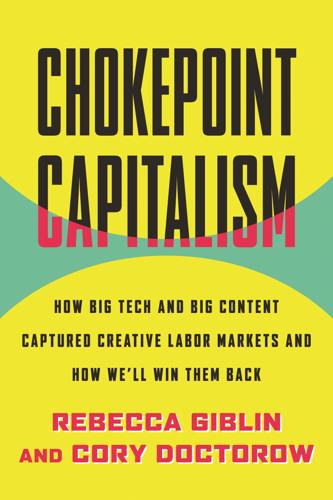
Chokepoint Capitalism
by Rebecca Giblin and Cory Doctorow · 26 Sep 2022 · 396pp · 113,613 words
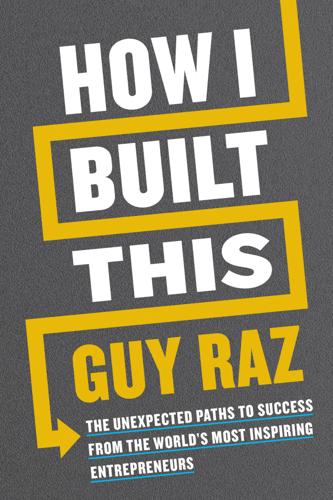
How I Built This: The Unexpected Paths to Success From the World's Most Inspiring Entrepreneurs
by Guy Raz · 14 Sep 2020 · 361pp · 107,461 words
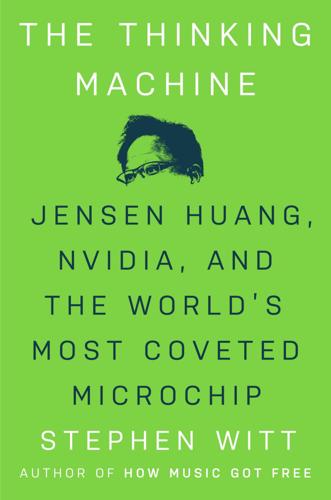
The Thinking Machine: Jensen Huang, Nvidia, and the World's Most Coveted Microchip
by Stephen Witt · 8 Apr 2025 · 260pp · 82,629 words
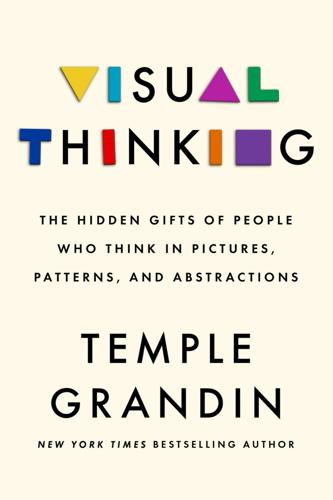
Visual Thinking: The Hidden Gifts of People Who Think in Pictures, Patterns, and Abstractions
by Temple Grandin, Ph.d. · 11 Oct 2022

Mindf*ck: Cambridge Analytica and the Plot to Break America
by Christopher Wylie · 8 Oct 2019
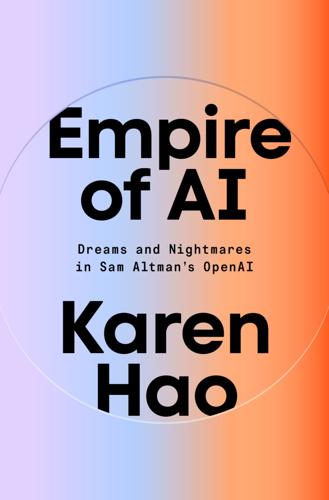
Empire of AI: Dreams and Nightmares in Sam Altman's OpenAI
by Karen Hao · 19 May 2025 · 660pp · 179,531 words
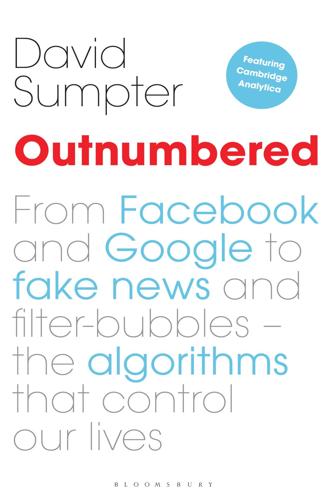
Outnumbered: From Facebook and Google to Fake News and Filter-Bubbles – the Algorithms That Control Our Lives
by David Sumpter · 18 Jun 2018 · 276pp · 81,153 words
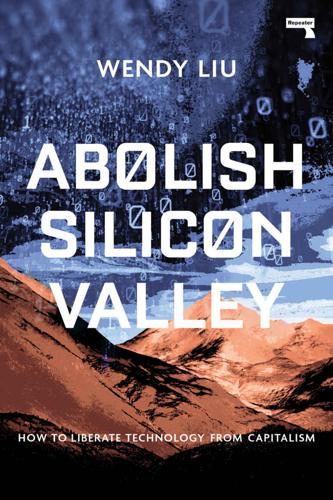
Abolish Silicon Valley: How to Liberate Technology From Capitalism
by Wendy Liu · 22 Mar 2020 · 223pp · 71,414 words
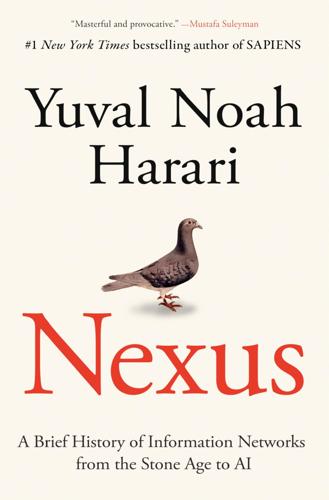
Nexus: A Brief History of Information Networks From the Stone Age to AI
by Yuval Noah Harari · 9 Sep 2024 · 566pp · 169,013 words
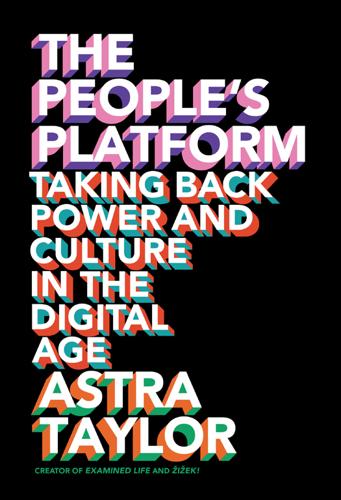
The People's Platform: Taking Back Power and Culture in the Digital Age
by Astra Taylor · 4 Mar 2014 · 283pp · 85,824 words
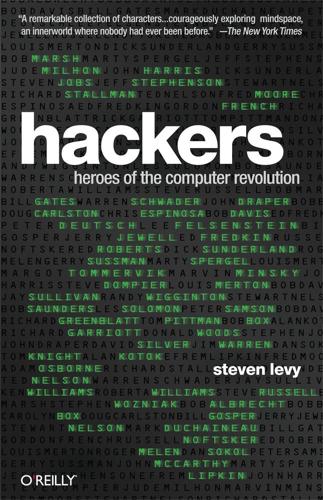
Hackers: Heroes of the Computer Revolution - 25th Anniversary Edition
by Steven Levy · 18 May 2010 · 598pp · 183,531 words
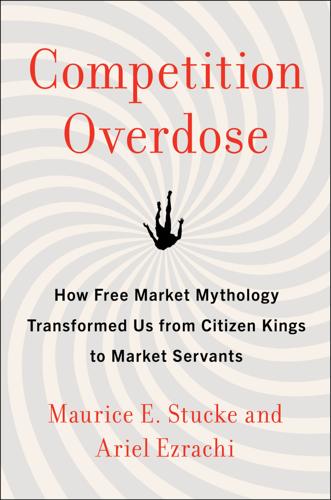
Competition Overdose: How Free Market Mythology Transformed Us From Citizen Kings to Market Servants
by Maurice E. Stucke and Ariel Ezrachi · 14 May 2020 · 511pp · 132,682 words
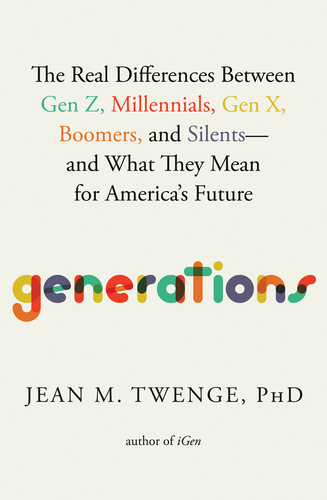
Generations: The Real Differences Between Gen Z, Millennials, Gen X, Boomers, and Silents—and What They Mean for America's Future
by Jean M. Twenge · 25 Apr 2023 · 541pp · 173,676 words
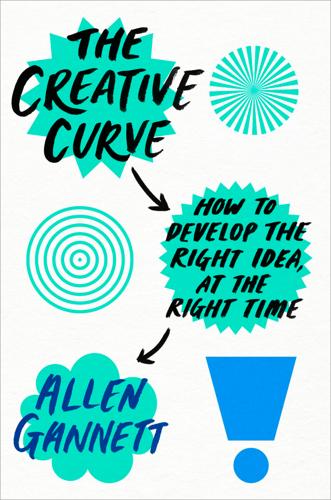
The Creative Curve: How to Develop the Right Idea, at the Right Time
by Allen Gannett · 11 Jun 2018 · 247pp · 69,593 words
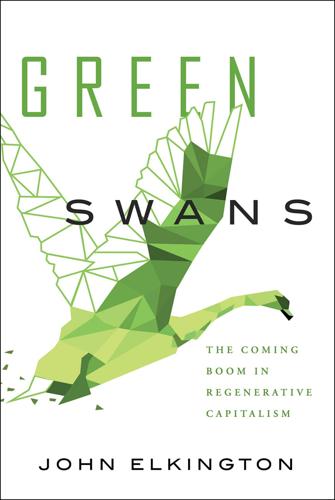
Green Swans: The Coming Boom in Regenerative Capitalism
by John Elkington · 6 Apr 2020 · 384pp · 93,754 words
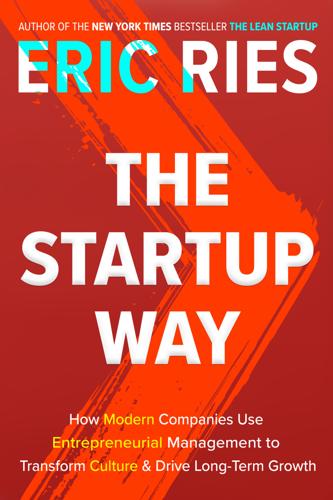
The Startup Way: Making Entrepreneurship a Fundamental Discipline of Every Enterprise
by Eric Ries · 15 Mar 2017 · 406pp · 105,602 words
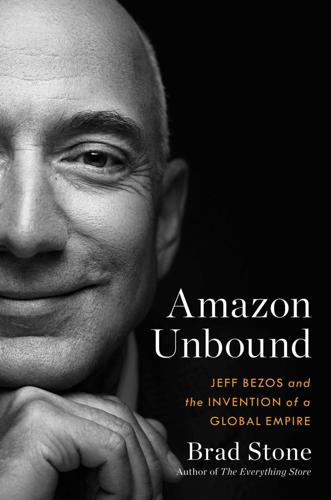
Amazon Unbound: Jeff Bezos and the Invention of a Global Empire
by Brad Stone · 10 May 2021 · 569pp · 156,139 words
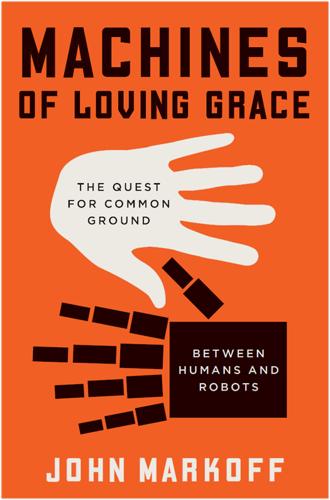
Machines of Loving Grace: The Quest for Common Ground Between Humans and Robots
by John Markoff · 24 Aug 2015 · 413pp · 119,587 words
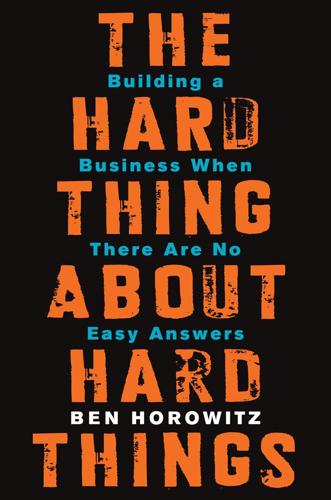
The Hard Thing About Hard Things: Building a Business When There Are No Easy Answers
by Ben Horowitz · 4 Mar 2014 · 270pp · 79,068 words
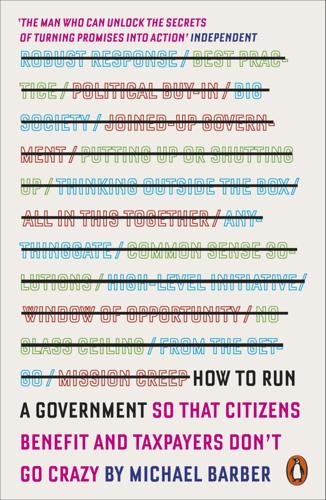
How to Run a Government: So That Citizens Benefit and Taxpayers Don't Go Crazy
by Michael Barber · 12 Mar 2015 · 350pp · 109,379 words
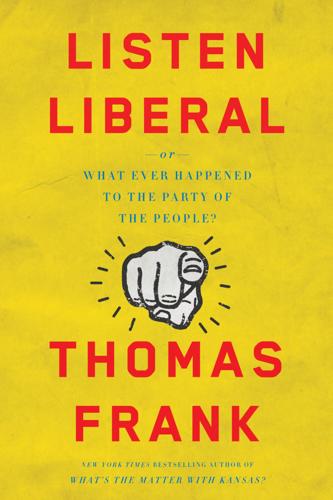
Listen, Liberal: Or, What Ever Happened to the Party of the People?
by Thomas Frank · 15 Mar 2016 · 316pp · 87,486 words
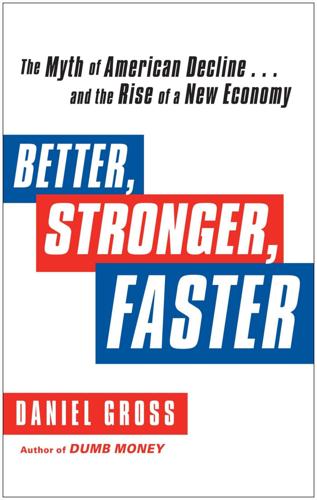
Better, Stronger, Faster: The Myth of American Decline . . . And the Rise of a New Economy
by Daniel Gross · 7 May 2012 · 391pp · 97,018 words
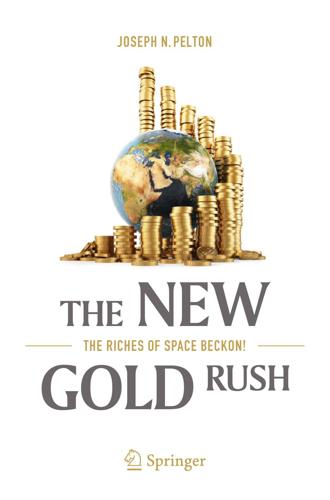
The New Gold Rush: The Riches of Space Beckon!
by Joseph N. Pelton · 5 Nov 2016 · 321pp · 89,109 words
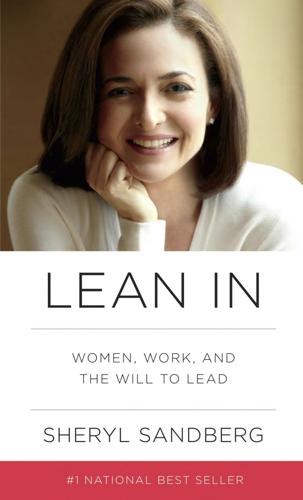
Lean In: Women, Work, and the Will to Lead
by Sheryl Sandberg · 11 Mar 2013 · 241pp · 78,508 words
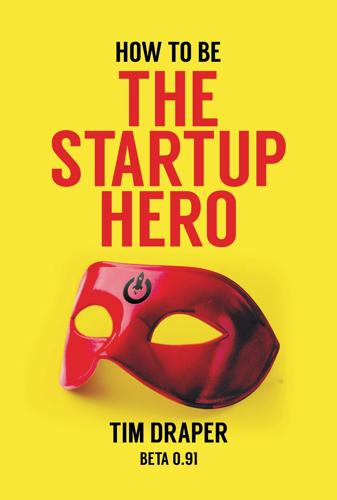
How to Be the Startup Hero: A Guide and Textbook for Entrepreneurs and Aspiring Entrepreneurs
by Tim Draper · 18 Dec 2017 · 302pp · 95,965 words
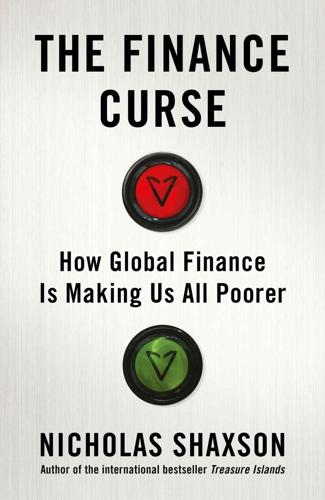
The Finance Curse: How Global Finance Is Making Us All Poorer
by Nicholas Shaxson · 10 Oct 2018 · 482pp · 149,351 words
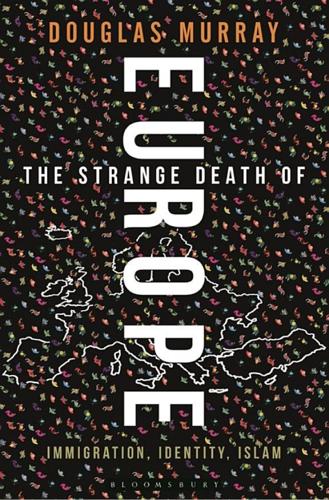
The Strange Death of Europe: Immigration, Identity, Islam
by Douglas Murray · 3 May 2017 · 420pp · 126,194 words
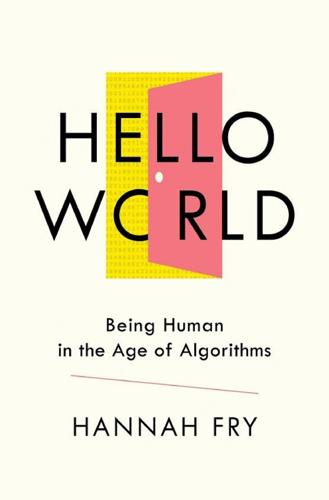
Hello World: Being Human in the Age of Algorithms
by Hannah Fry · 17 Sep 2018 · 296pp · 78,631 words
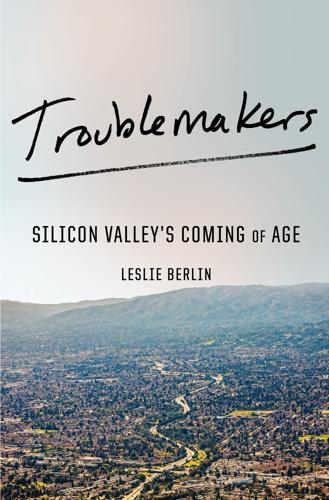
Troublemakers: Silicon Valley's Coming of Age
by Leslie Berlin · 7 Nov 2017 · 615pp · 168,775 words
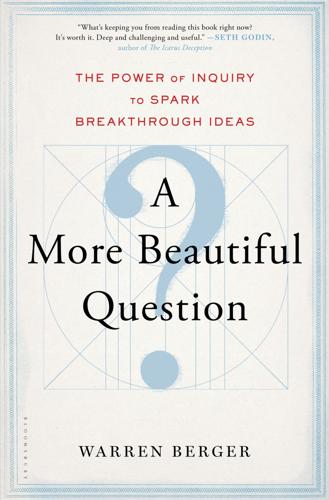
A More Beautiful Question: The Power of Inquiry to Spark Breakthrough Ideas
by Warren Berger · 4 Mar 2014 · 374pp · 89,725 words
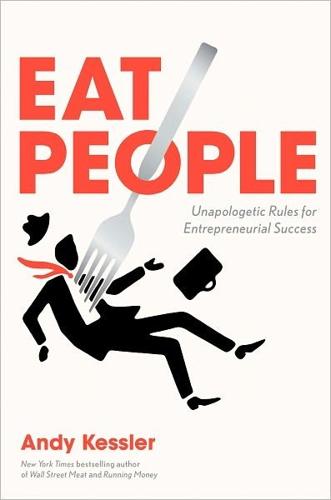
Eat People: And Other Unapologetic Rules for Game-Changing Entrepreneurs
by Andy Kessler · 1 Feb 2011 · 272pp · 64,626 words
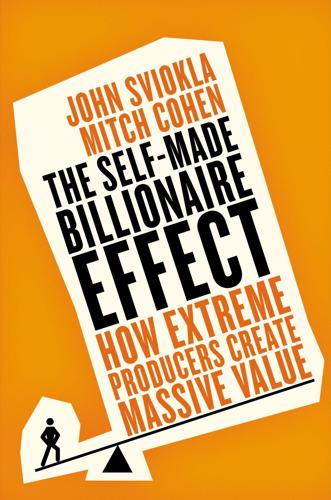
The Self-Made Billionaire Effect: How Extreme Producers Create Massive Value
by John Sviokla and Mitch Cohen · 30 Dec 2014 · 252pp · 70,424 words
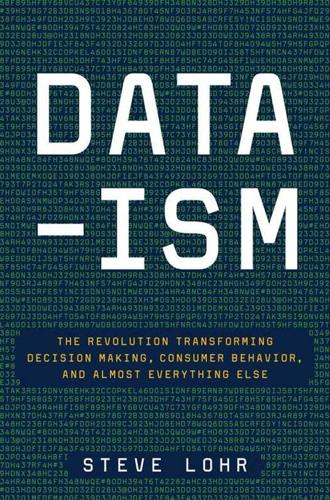
Data-Ism: The Revolution Transforming Decision Making, Consumer Behavior, and Almost Everything Else
by Steve Lohr · 10 Mar 2015 · 239pp · 70,206 words
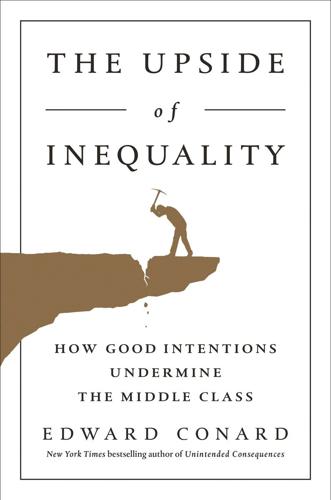
The Upside of Inequality
by Edward Conard · 1 Sep 2016 · 436pp · 98,538 words
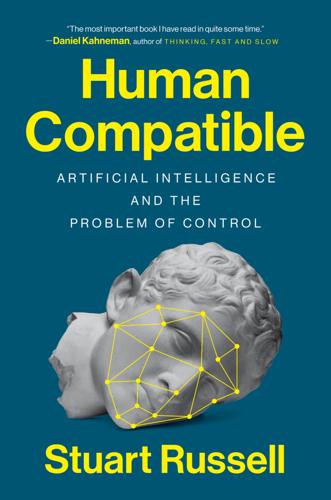
Human Compatible: Artificial Intelligence and the Problem of Control
by Stuart Russell · 7 Oct 2019 · 416pp · 112,268 words
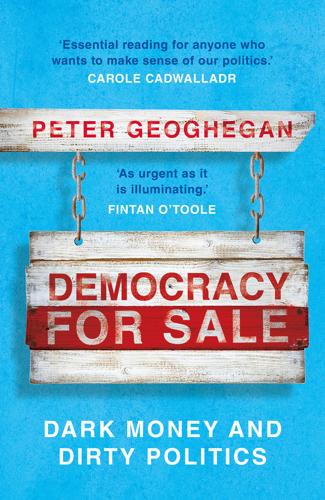
Democracy for Sale: Dark Money and Dirty Politics
by Peter Geoghegan · 2 Jan 2020 · 388pp · 111,099 words
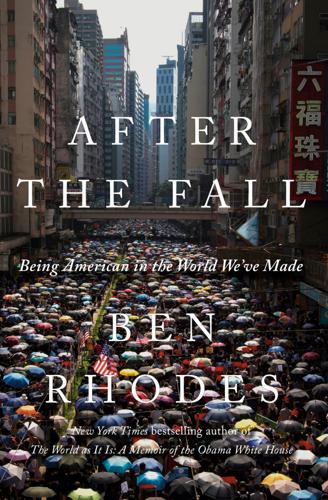
After the Fall: Being American in the World We've Made
by Ben Rhodes · 1 Jun 2021 · 342pp · 114,118 words
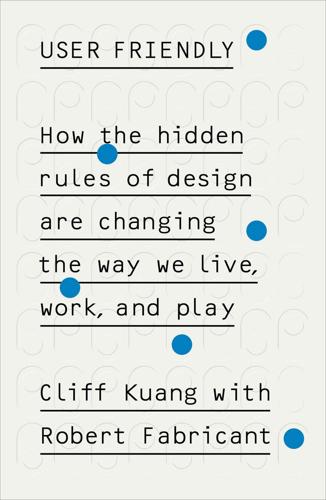
User Friendly: How the Hidden Rules of Design Are Changing the Way We Live, Work & Play
by Cliff Kuang and Robert Fabricant · 7 Nov 2019
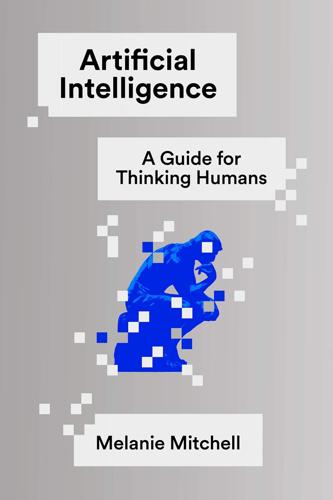
Artificial Intelligence: A Guide for Thinking Humans
by Melanie Mitchell · 14 Oct 2019 · 350pp · 98,077 words

Four Battlegrounds
by Paul Scharre · 18 Jan 2023
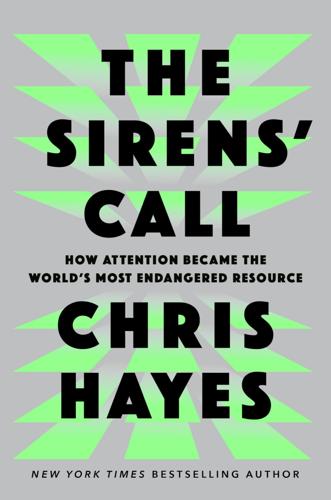
The Sirens' Call: How Attention Became the World's Most Endangered Resource
by Chris Hayes · 28 Jan 2025 · 359pp · 100,761 words
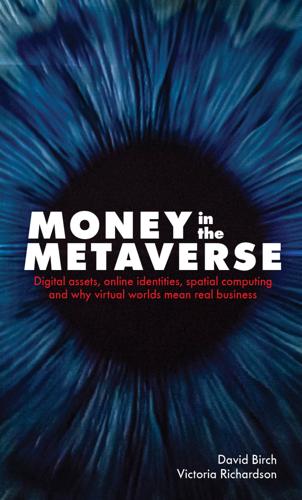
Money in the Metaverse: Digital Assets, Online Identities, Spatial Computing and Why Virtual Worlds Mean Real Business
by David G. W. Birch and Victoria Richardson · 28 Apr 2024 · 249pp · 74,201 words

Gambling Man
by Lionel Barber · 3 Oct 2024 · 424pp · 123,730 words
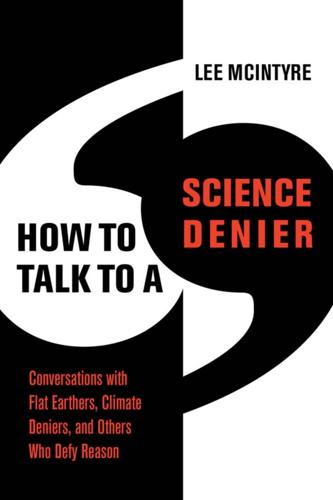
How to Talk to a Science Denier: Conversations With Flat Earthers, Climate Deniers, and Others Who Defy Reason
by Lee McIntyre · 14 Sep 2021 · 407pp · 108,030 words
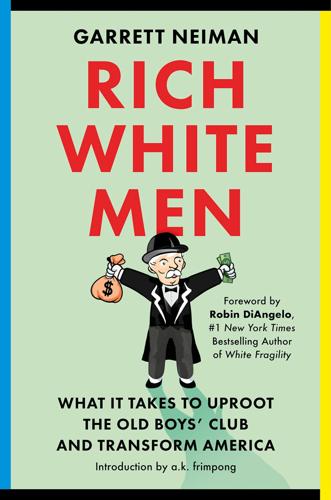
Rich White Men: What It Takes to Uproot the Old Boys' Club and Transform America
by Garrett Neiman · 19 Jun 2023 · 386pp · 112,064 words

Misfits: A Personal Manifesto
by Michaela Coel · 6 Sep 2021 · 47pp · 13,450 words
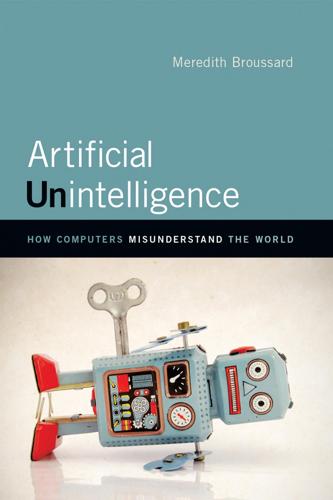
Artificial Unintelligence: How Computers Misunderstand the World
by Meredith Broussard · 19 Apr 2018 · 245pp · 83,272 words
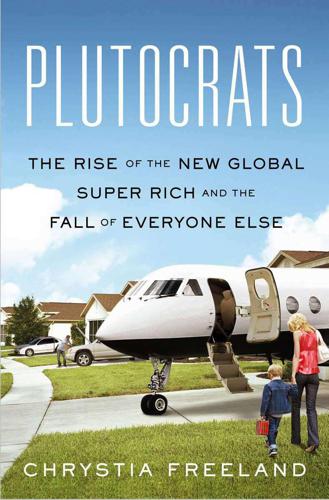
Plutocrats: The Rise of the New Global Super-Rich and the Fall of Everyone Else
by Chrystia Freeland · 11 Oct 2012 · 481pp · 120,693 words
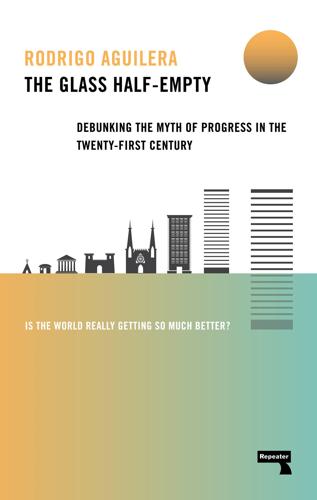
The Glass Half-Empty: Debunking the Myth of Progress in the Twenty-First Century
by Rodrigo Aguilera · 10 Mar 2020 · 356pp · 106,161 words

Boom: Bubbles and the End of Stagnation
by Byrne Hobart and Tobias Huber · 29 Oct 2024 · 292pp · 106,826 words
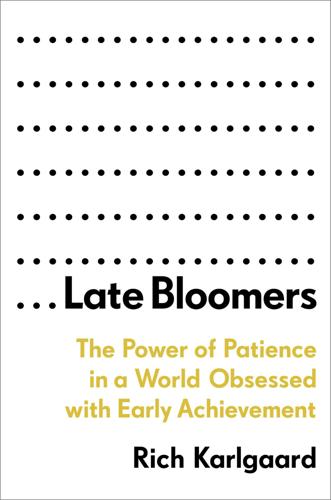
Late Bloomers: The Power of Patience in a World Obsessed With Early Achievement
by Rich Karlgaard · 15 Apr 2019 · 321pp · 92,828 words
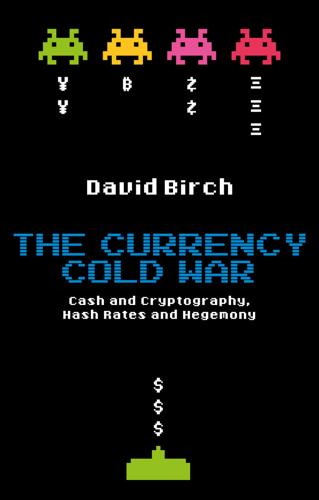
The Currency Cold War: Cash and Cryptography, Hash Rates and Hegemony
by David G. W. Birch · 14 Apr 2020 · 247pp · 60,543 words
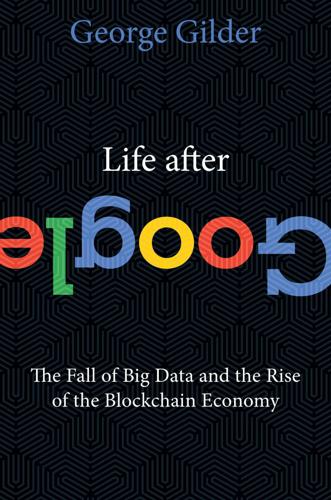
Life After Google: The Fall of Big Data and the Rise of the Blockchain Economy
by George Gilder · 16 Jul 2018 · 332pp · 93,672 words
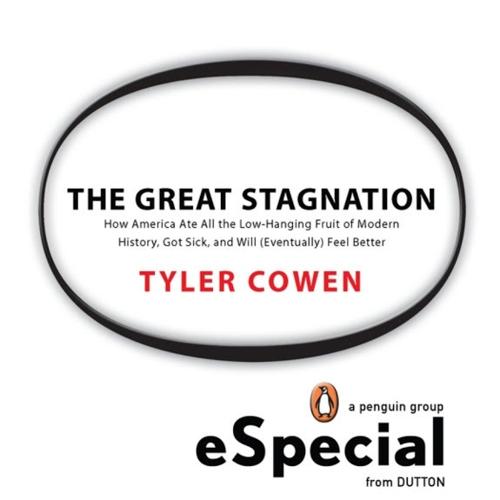
The Great Stagnation
by Tyler Cowen · 24 Jan 2011 · 76pp · 20,238 words
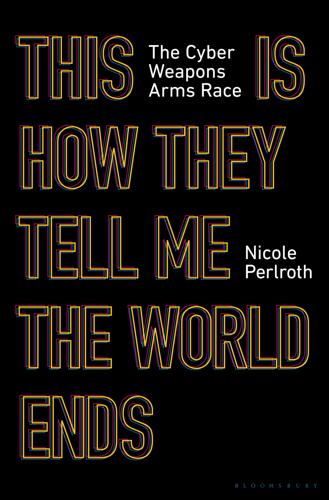
This Is How They Tell Me the World Ends: The Cyberweapons Arms Race
by Nicole Perlroth · 9 Feb 2021 · 651pp · 186,130 words
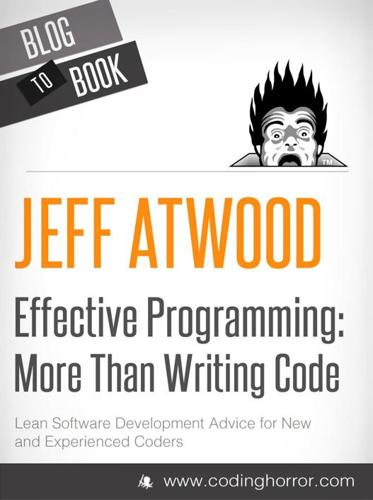
Effective Programming: More Than Writing Code
by Jeff Atwood · 3 Jul 2012 · 270pp · 64,235 words
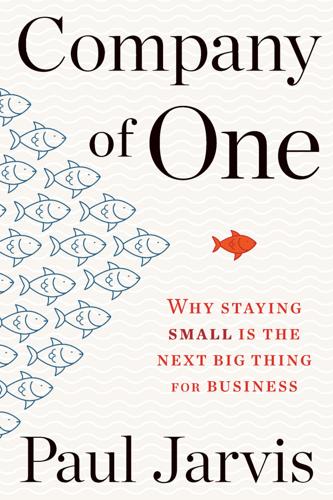
Company of One: Why Staying Small Is the Next Big Thing for Business
by Paul Jarvis · 1 Jan 2019 · 258pp · 74,942 words
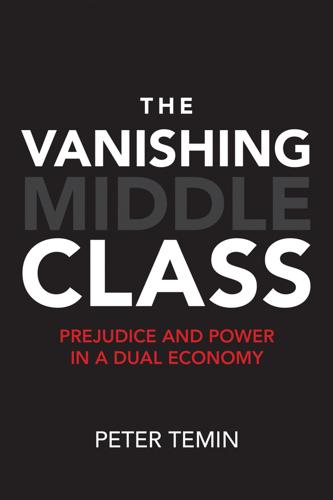
The Vanishing Middle Class: Prejudice and Power in a Dual Economy
by Peter Temin · 17 Mar 2017 · 273pp · 87,159 words
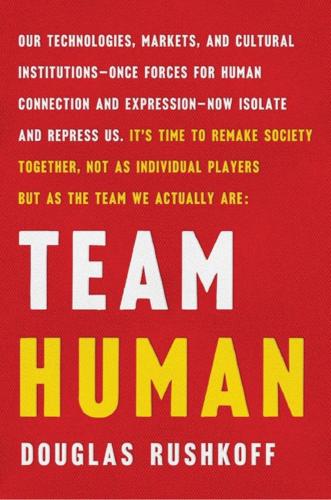
Team Human
by Douglas Rushkoff · 22 Jan 2019 · 196pp · 54,339 words
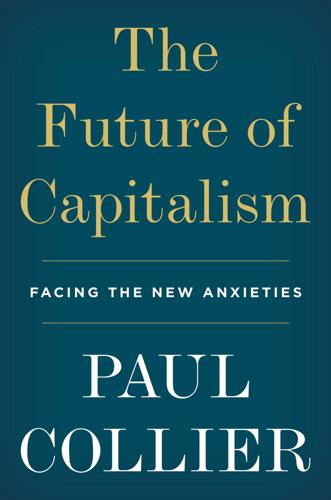
The Future of Capitalism: Facing the New Anxieties
by Paul Collier · 4 Dec 2018 · 310pp · 85,995 words
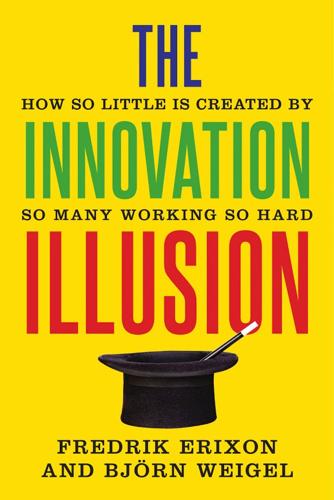
The Innovation Illusion: How So Little Is Created by So Many Working So Hard
by Fredrik Erixon and Bjorn Weigel · 3 Oct 2016 · 504pp · 126,835 words
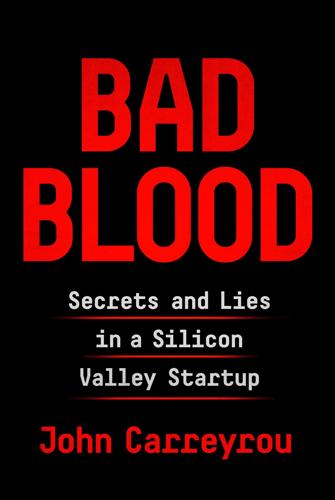
Bad Blood: Secrets and Lies in a Silicon Valley Startup
by John Carreyrou · 20 May 2018 · 359pp · 110,488 words
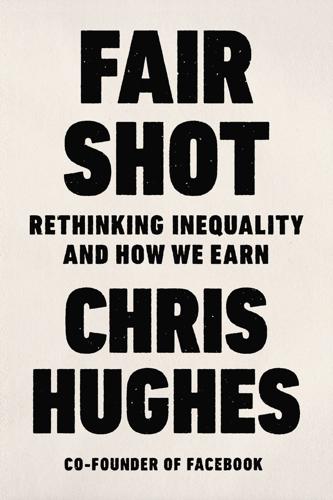
Fair Shot: Rethinking Inequality and How We Earn
by Chris Hughes · 20 Feb 2018 · 173pp · 53,564 words
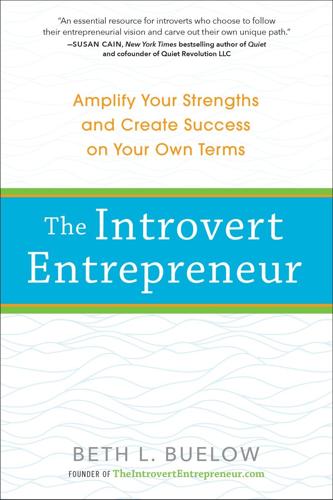
The Introvert Entrepreneur: Amplify Your Strengths and Create Success on Your Own Terms
by Beth Buelow · 3 Nov 2015 · 261pp · 71,349 words
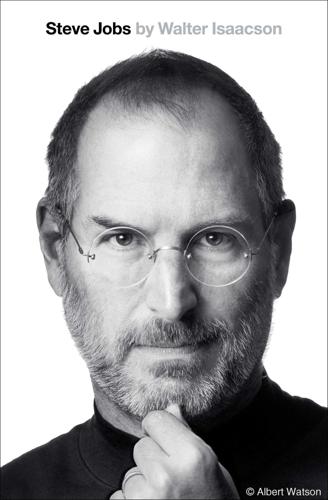
Steve Jobs
by Walter Isaacson · 23 Oct 2011 · 915pp · 232,883 words
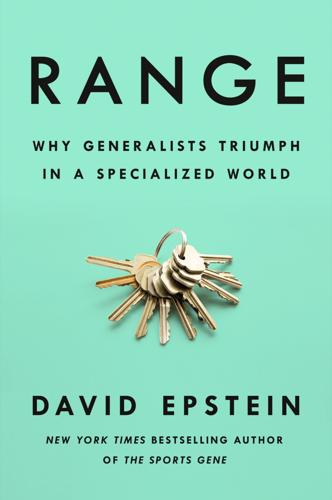
Range: Why Generalists Triumph in a Specialized World
by David Epstein · 1 Mar 2019 · 406pp · 109,794 words
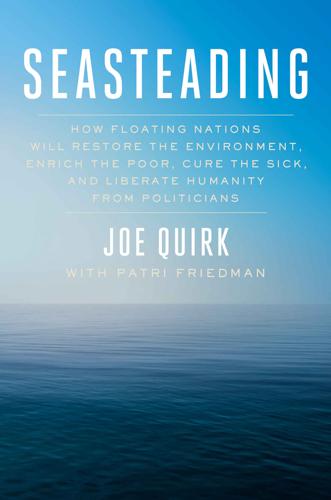
Seasteading: How Floating Nations Will Restore the Environment, Enrich the Poor, Cure the Sick, and Liberate Humanity From Politicians
by Joe Quirk and Patri Friedman · 21 Mar 2017 · 441pp · 113,244 words
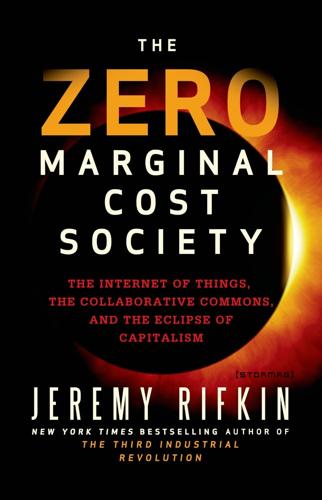
The Zero Marginal Cost Society: The Internet of Things, the Collaborative Commons, and the Eclipse of Capitalism
by Jeremy Rifkin · 31 Mar 2014 · 565pp · 151,129 words
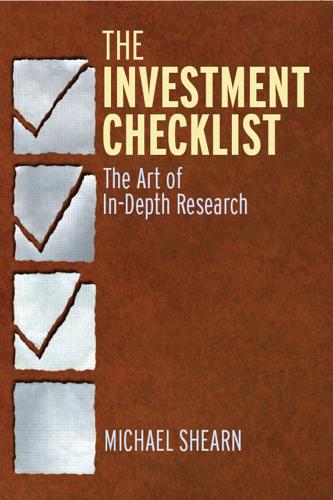
The Investment Checklist: The Art of In-Depth Research
by Michael Shearn · 8 Nov 2011 · 400pp · 124,678 words
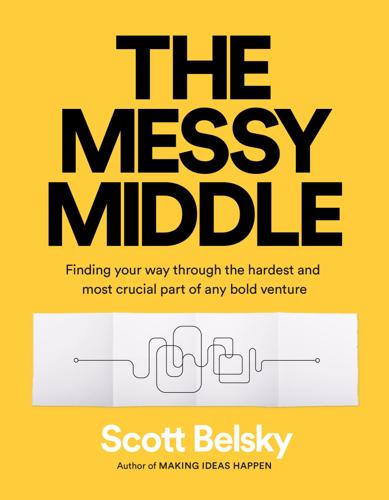
The Messy Middle: Finding Your Way Through the Hardest and Most Crucial Part of Any Bold Venture
by Scott Belsky · 1 Oct 2018 · 425pp · 112,220 words
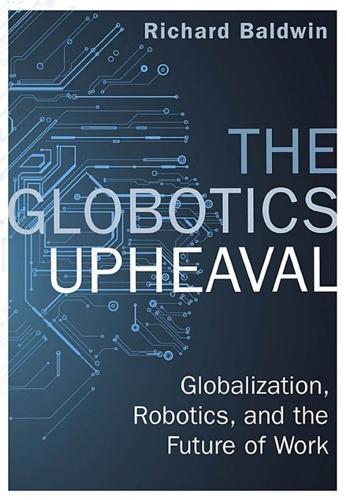
The Globotics Upheaval: Globalisation, Robotics and the Future of Work
by Richard Baldwin · 10 Jan 2019 · 301pp · 89,076 words
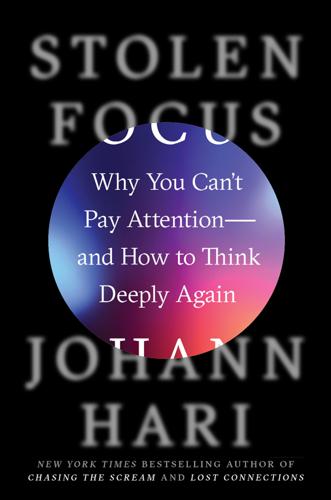
Stolen Focus: Why You Can't Pay Attention--And How to Think Deeply Again
by Johann Hari · 25 Jan 2022 · 390pp · 120,864 words
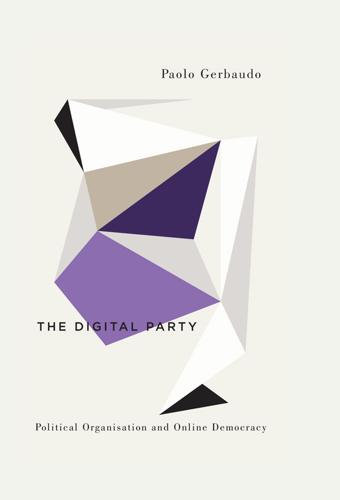
The Digital Party: Political Organisation and Online Democracy
by Paolo Gerbaudo · 19 Jul 2018 · 302pp · 84,881 words
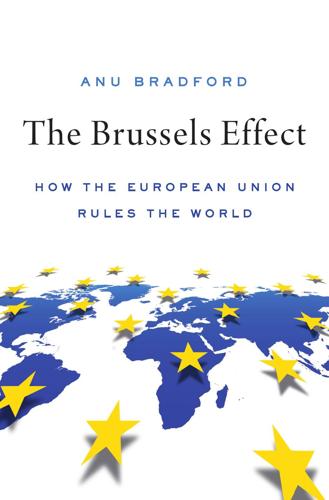
The Brussels Effect: How the European Union Rules the World
by Anu Bradford · 14 Sep 2020 · 696pp · 184,001 words
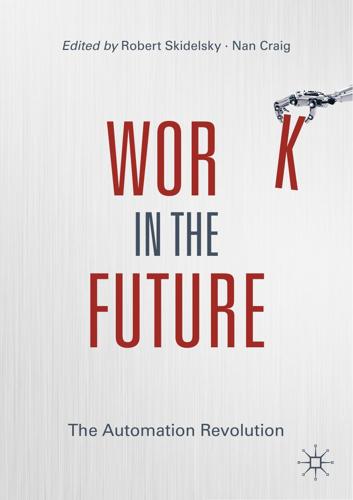
Work in the Future The Automation Revolution-Palgrave MacMillan (2019)
by Robert Skidelsky Nan Craig · 15 Mar 2020
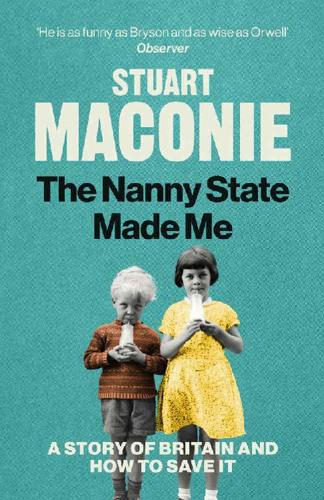
The Nanny State Made Me: A Story of Britain and How to Save It
by Stuart Maconie · 5 Mar 2020 · 300pp · 106,520 words
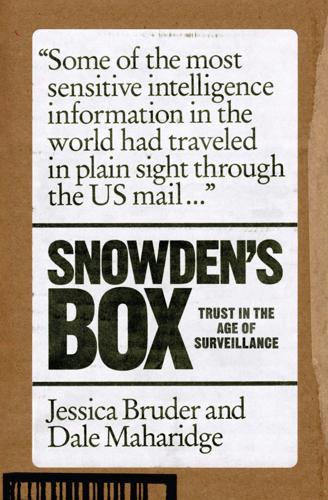
Snowden's Box: Trust in the Age of Surveillance
by Jessica Bruder and Dale Maharidge · 29 Mar 2020 · 159pp · 42,401 words
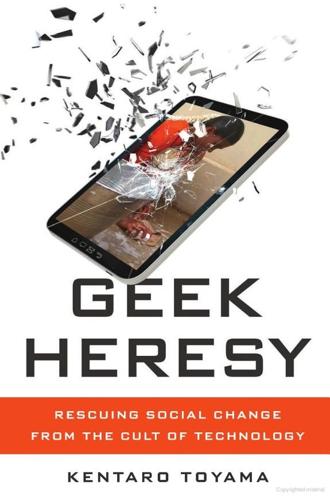
Geek Heresy: Rescuing Social Change From the Cult of Technology
by Kentaro Toyama · 25 May 2015 · 494pp · 116,739 words
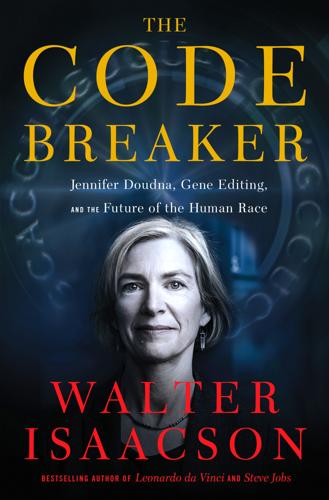
The Code Breaker: Jennifer Doudna, Gene Editing, and the Future of the Human Race
by Walter Isaacson · 9 Mar 2021 · 700pp · 160,604 words
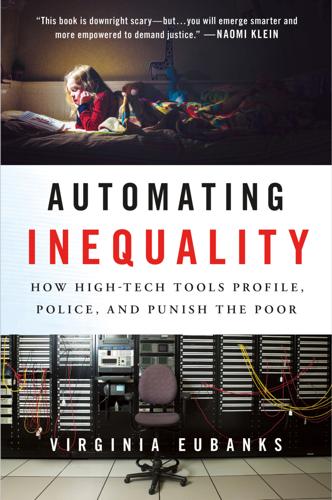
Automating Inequality
by Virginia Eubanks · 294pp · 77,356 words
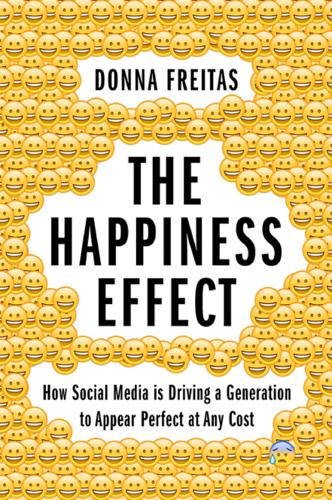
The Happiness Effect: How Social Media Is Driving a Generation to Appear Perfect at Any Cost
by Donna Freitas · 13 Jan 2017 · 428pp · 136,945 words
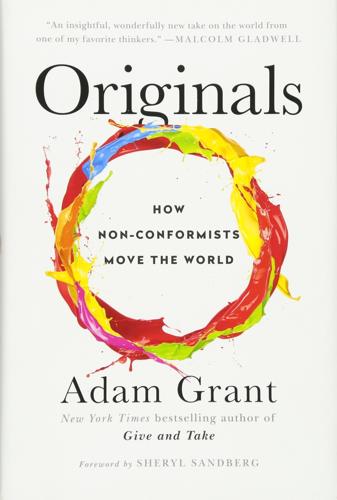
Originals: How Non-Conformists Move the World
by Adam Grant · 2 Feb 2016 · 410pp · 101,260 words
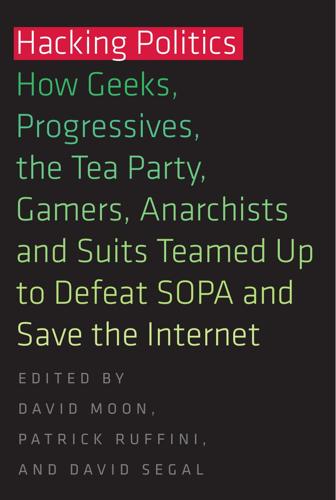
Hacking Politics: How Geeks, Progressives, the Tea Party, Gamers, Anarchists and Suits Teamed Up to Defeat SOPA and Save the Internet
by David Moon, Patrick Ruffini, David Segal, Aaron Swartz, Lawrence Lessig, Cory Doctorow, Zoe Lofgren, Jamie Laurie, Ron Paul, Mike Masnick, Kim Dotcom, Tiffiniy Cheng, Alexis Ohanian, Nicole Powers and Josh Levy · 30 Apr 2013 · 452pp · 134,502 words
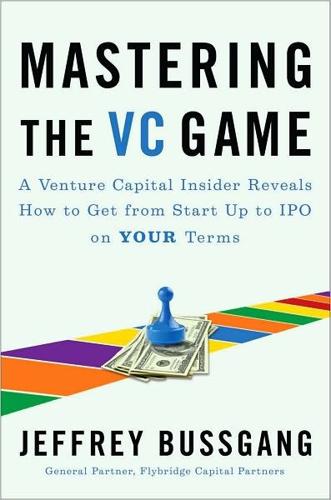
Mastering the VC Game: A Venture Capital Insider Reveals How to Get From Start-Up to IPO on Your Terms
by Jeffrey Bussgang · 31 Mar 2010 · 253pp · 65,834 words
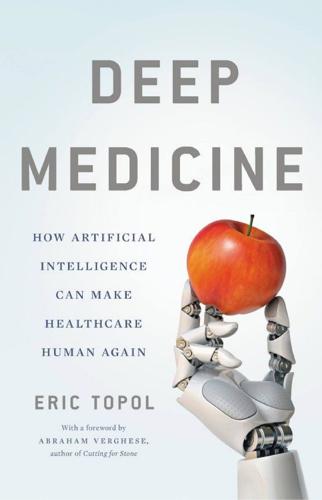
Deep Medicine: How Artificial Intelligence Can Make Healthcare Human Again
by Eric Topol · 1 Jan 2019 · 424pp · 114,905 words
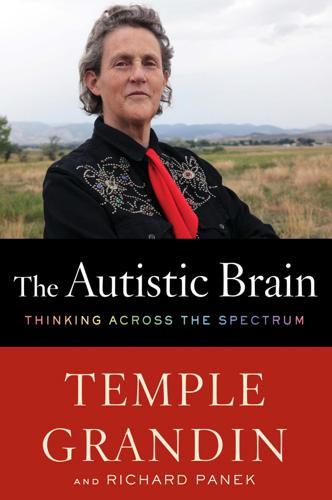
The Autistic Brain: Thinking Across the Spectrum
by Temple Grandin and Richard Panek · 15 Feb 2013
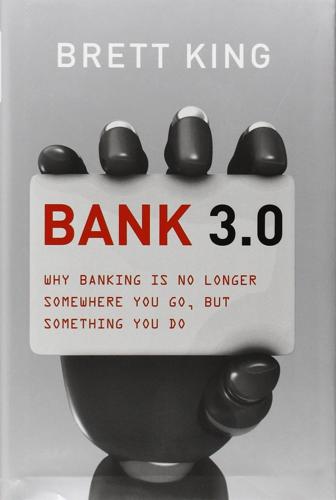
Bank 3.0: Why Banking Is No Longer Somewhere You Go but Something You Do
by Brett King · 26 Dec 2012 · 382pp · 120,064 words

Going Dark: The Secret Social Lives of Extremists
by Julia Ebner · 20 Feb 2020 · 309pp · 79,414 words
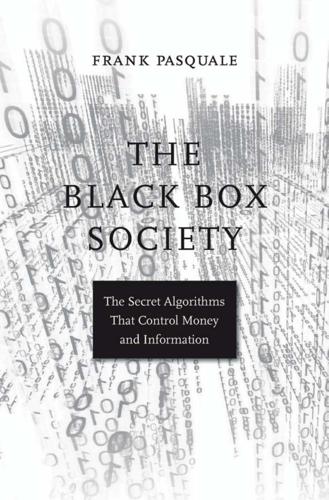
The Black Box Society: The Secret Algorithms That Control Money and Information
by Frank Pasquale · 17 Nov 2014 · 320pp · 87,853 words
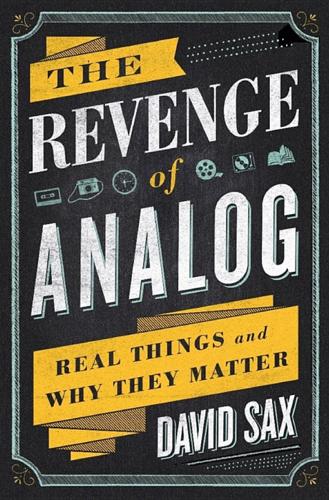
The Revenge of Analog: Real Things and Why They Matter
by David Sax · 8 Nov 2016 · 360pp · 101,038 words
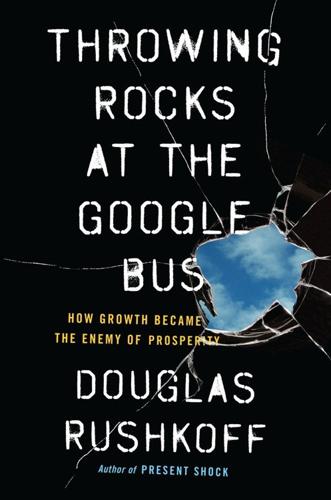
Throwing Rocks at the Google Bus: How Growth Became the Enemy of Prosperity
by Douglas Rushkoff · 1 Mar 2016 · 366pp · 94,209 words
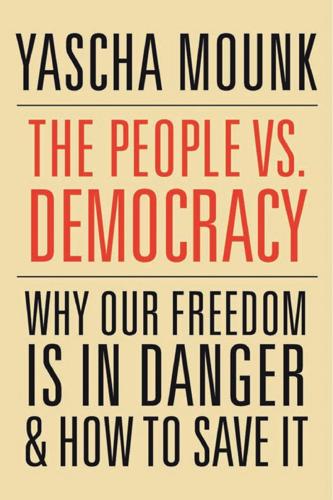
The People vs. Democracy: Why Our Freedom Is in Danger and How to Save It
by Yascha Mounk · 15 Feb 2018 · 497pp · 123,778 words
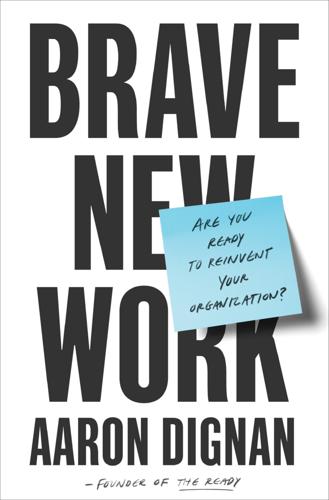
Brave New Work: Are You Ready to Reinvent Your Organization?
by Aaron Dignan · 1 Feb 2019 · 309pp · 81,975 words
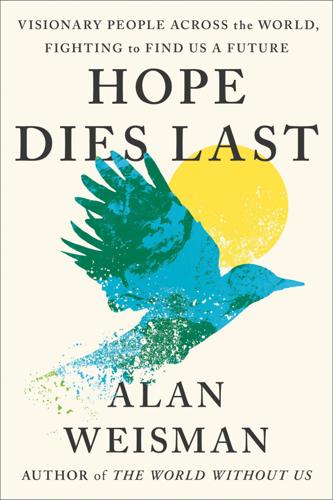
Hope Dies Last: Visionary People Across the World, Fighting to Find Us a Future
by Alan Weisman · 21 Apr 2025 · 599pp · 149,014 words
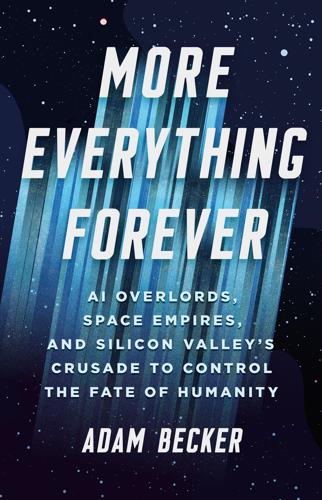
More Everything Forever: AI Overlords, Space Empires, and Silicon Valley's Crusade to Control the Fate of Humanity
by Adam Becker · 14 Jun 2025 · 381pp · 119,533 words

Virtual Competition
by Ariel Ezrachi and Maurice E. Stucke · 30 Nov 2016
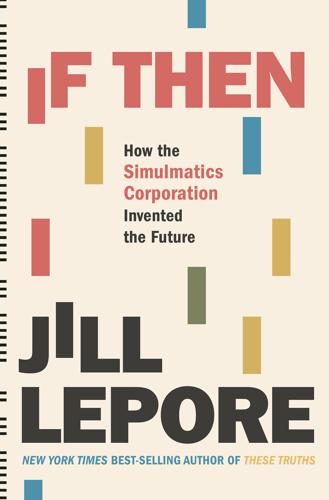
If Then: How Simulmatics Corporation Invented the Future
by Jill Lepore · 14 Sep 2020 · 467pp · 149,632 words
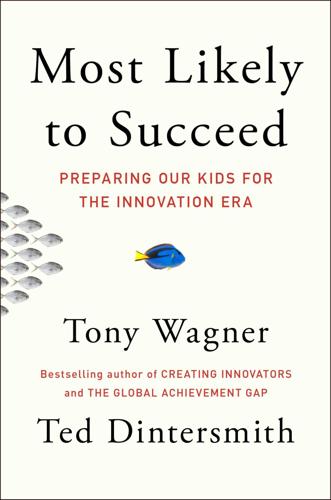
Most Likely to Succeed: Preparing Our Kids for the Innovation Era
by Tony Wagner and Ted Dintersmith · 17 Aug 2015 · 353pp · 91,520 words

Army of None: Autonomous Weapons and the Future of War
by Paul Scharre · 23 Apr 2018 · 590pp · 152,595 words
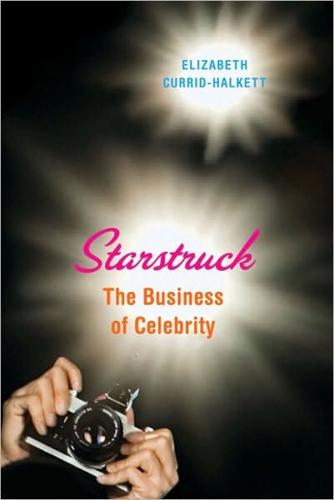
Starstruck: The Business of Celebrity
by Currid · 9 Nov 2010 · 332pp · 91,780 words
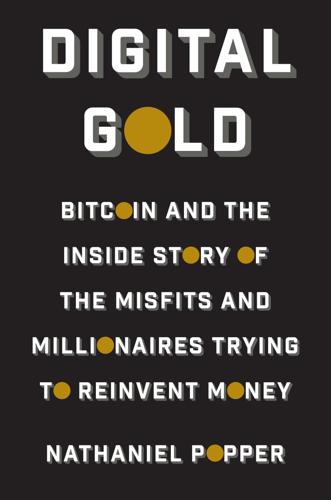
Digital Gold: Bitcoin and the Inside Story of the Misfits and Millionaires Trying to Reinvent Money
by Nathaniel Popper · 18 May 2015 · 387pp · 112,868 words
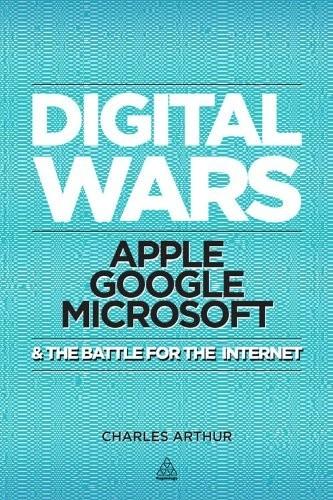
Digital Wars: Apple, Google, Microsoft and the Battle for the Internet
by Charles Arthur · 3 Mar 2012 · 390pp · 114,538 words
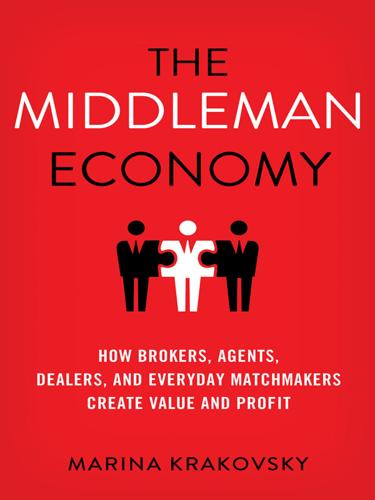
The Middleman Economy: How Brokers, Agents, Dealers, and Everyday Matchmakers Create Value and Profit
by Marina Krakovsky · 14 Sep 2015 · 270pp · 79,180 words
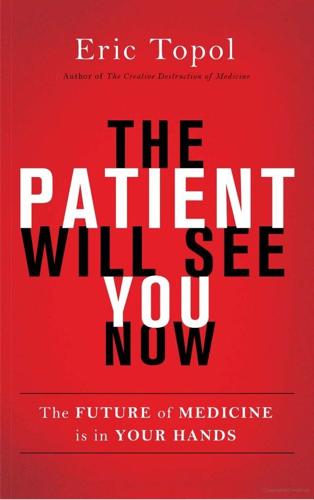
The Patient Will See You Now: The Future of Medicine Is in Your Hands
by Eric Topol · 6 Jan 2015 · 588pp · 131,025 words
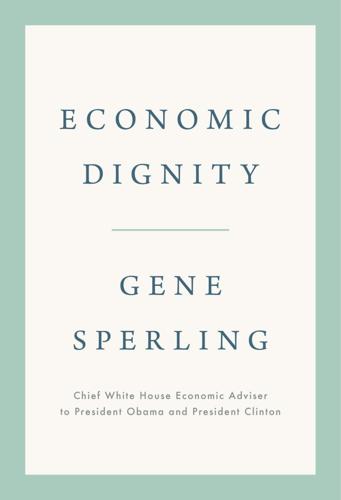
Economic Dignity
by Gene Sperling · 14 Sep 2020 · 667pp · 149,811 words
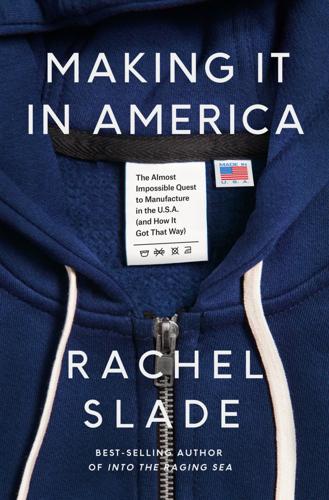
Making It in America: The Almost Impossible Quest to Manufacture in the U.S.A. (And How It Got That Way)
by Rachel Slade · 9 Jan 2024 · 392pp · 106,044 words
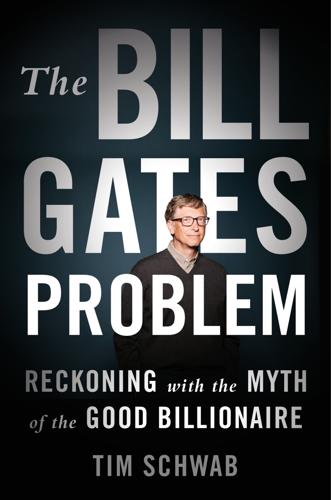
The Bill Gates Problem: Reckoning With the Myth of the Good Billionaire
by Tim Schwab · 13 Nov 2023 · 618pp · 179,407 words
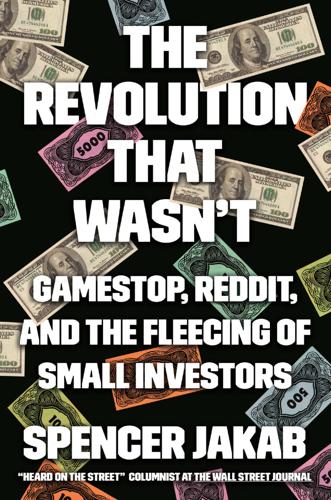
The Revolution That Wasn't: GameStop, Reddit, and the Fleecing of Small Investors
by Spencer Jakab · 1 Feb 2022 · 420pp · 94,064 words
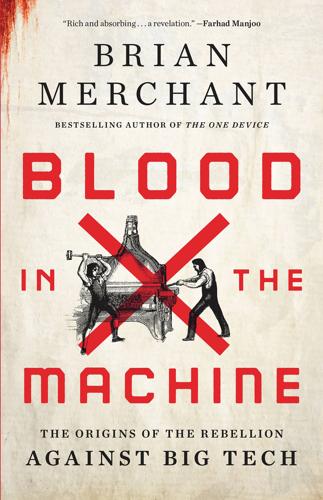
Blood in the Machine: The Origins of the Rebellion Against Big Tech
by Brian Merchant · 25 Sep 2023 · 524pp · 154,652 words

Fancy Bear Goes Phishing: The Dark History of the Information Age, in Five Extraordinary Hacks
by Scott J. Shapiro · 523pp · 154,042 words
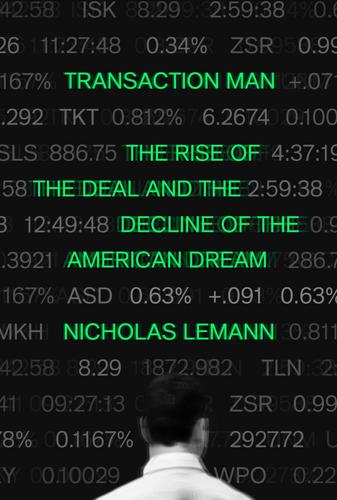
Transaction Man: The Rise of the Deal and the Decline of the American Dream
by Nicholas Lemann · 9 Sep 2019 · 354pp · 118,970 words
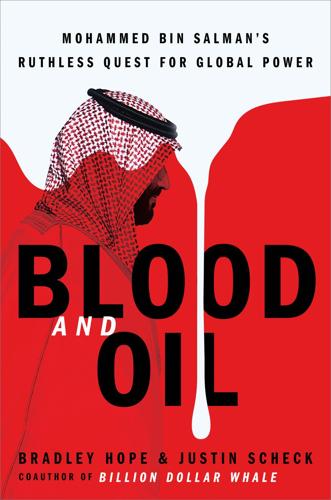
Blood and Oil: Mohammed Bin Salman's Ruthless Quest for Global Power
by Bradley Hope and Justin Scheck · 14 Sep 2020 · 339pp · 103,546 words
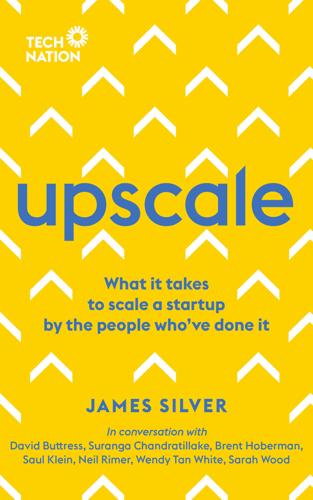
Upscale: What It Takes to Scale a Startup. By the People Who've Done It.
by James Silver · 15 Nov 2018 · 291pp · 90,771 words
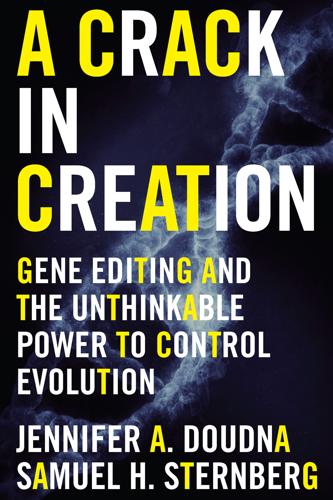
A Crack in Creation: Gene Editing and the Unthinkable Power to Control Evolution
by Jennifer A. Doudna and Samuel H. Sternberg · 15 Mar 2017
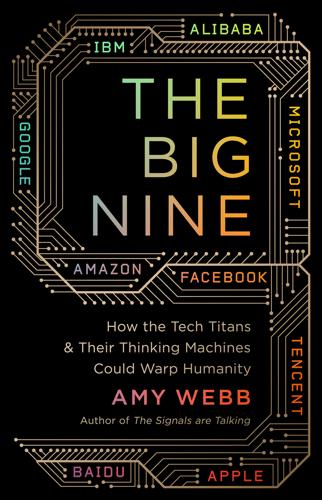
The Big Nine: How the Tech Titans and Their Thinking Machines Could Warp Humanity
by Amy Webb · 5 Mar 2019 · 340pp · 97,723 words
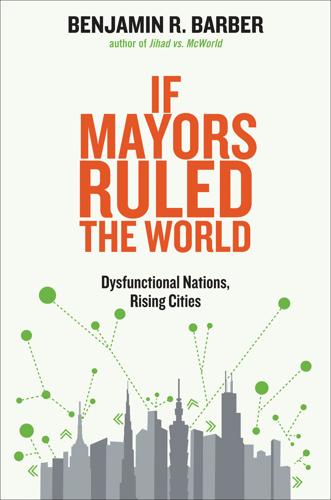
If Mayors Ruled the World: Dysfunctional Nations, Rising Cities
by Benjamin R. Barber · 5 Nov 2013 · 501pp · 145,943 words
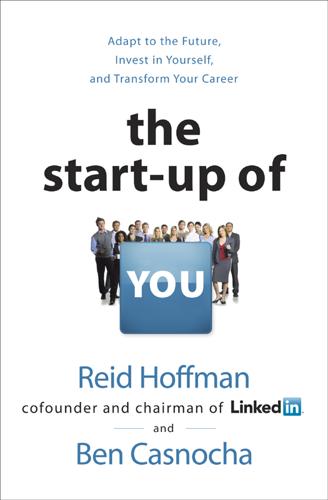
The Start-Up of You: Adapt to the Future, Invest in Yourself, and Transform Your Career
by Reid Hoffman and Ben Casnocha · 14 Feb 2012 · 176pp · 55,819 words
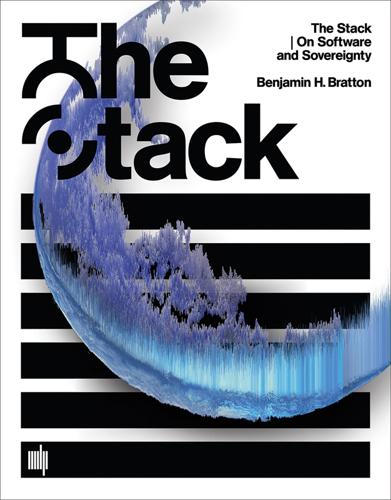
The Stack: On Software and Sovereignty
by Benjamin H. Bratton · 19 Feb 2016 · 903pp · 235,753 words

Without Their Permission: How the 21st Century Will Be Made, Not Managed
by Alexis Ohanian · 30 Sep 2013 · 216pp · 61,061 words
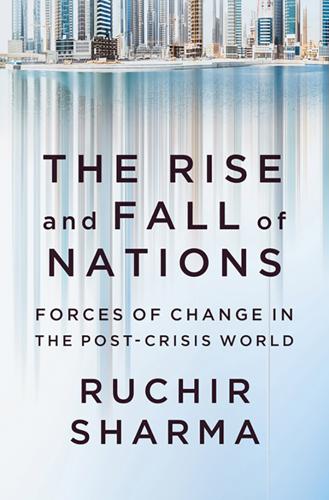
The Rise and Fall of Nations: Forces of Change in the Post-Crisis World
by Ruchir Sharma · 5 Jun 2016 · 566pp · 163,322 words
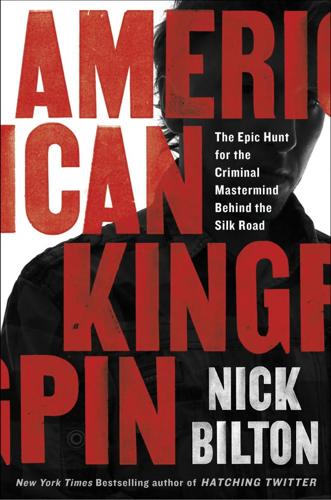
American Kingpin: The Epic Hunt for the Criminal Mastermind Behind the Silk Road
by Nick Bilton · 15 Mar 2017 · 349pp · 109,304 words
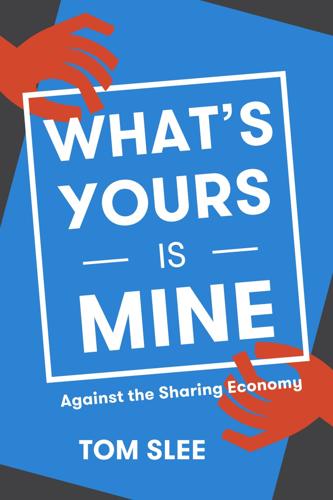
What's Yours Is Mine: Against the Sharing Economy
by Tom Slee · 18 Nov 2015 · 265pp · 69,310 words
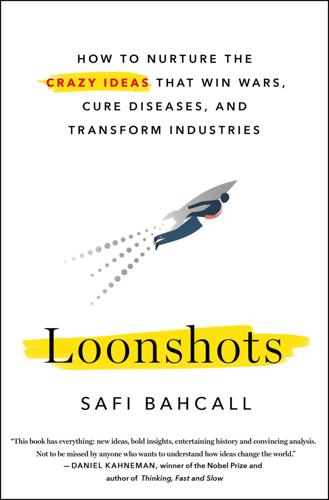
Loonshots: How to Nurture the Crazy Ideas That Win Wars, Cure Diseases, and Transform Industries
by Safi Bahcall · 19 Mar 2019 · 393pp · 115,217 words
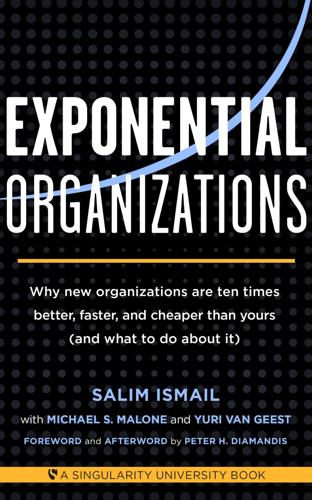
Exponential Organizations: Why New Organizations Are Ten Times Better, Faster, and Cheaper Than Yours (And What to Do About It)
by Salim Ismail and Yuri van Geest · 17 Oct 2014 · 292pp · 85,151 words
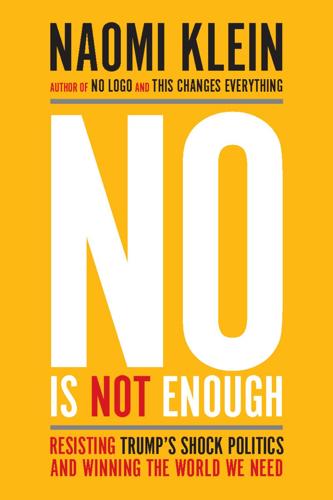
No Is Not Enough: Resisting Trump’s Shock Politics and Winning the World We Need
by Naomi Klein · 12 Jun 2017 · 357pp · 94,852 words
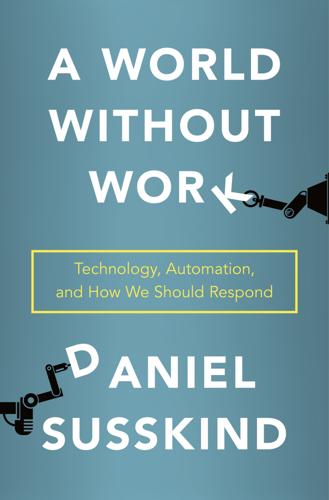
A World Without Work: Technology, Automation, and How We Should Respond
by Daniel Susskind · 14 Jan 2020 · 419pp · 109,241 words
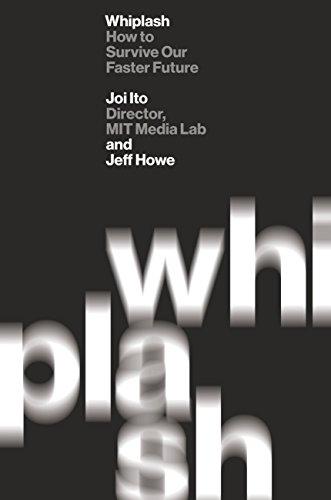
Whiplash: How to Survive Our Faster Future
by Joi Ito and Jeff Howe · 6 Dec 2016 · 254pp · 76,064 words
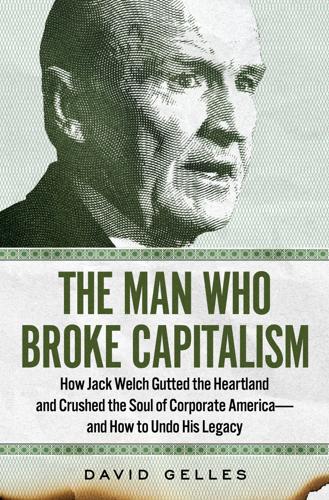
The Man Who Broke Capitalism: How Jack Welch Gutted the Heartland and Crushed the Soul of Corporate America—and How to Undo His Legacy
by David Gelles · 30 May 2022 · 318pp · 91,957 words
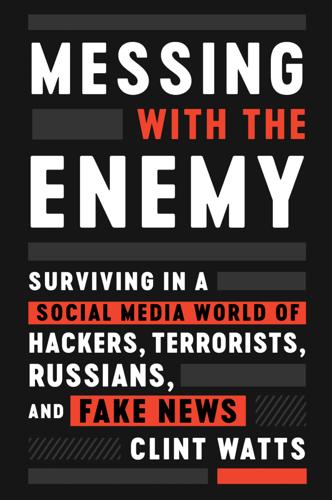
Messing With the Enemy: Surviving in a Social Media World of Hackers, Terrorists, Russians, and Fake News
by Clint Watts · 28 May 2018 · 324pp · 96,491 words

Longshot
by David Heath · 18 Jan 2022
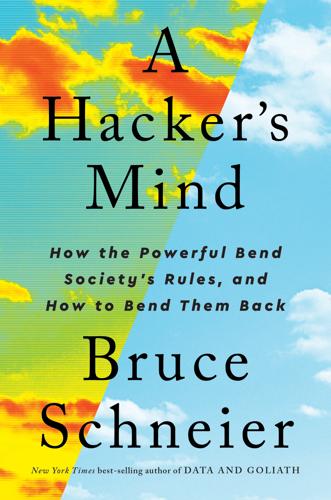
A Hacker's Mind: How the Powerful Bend Society's Rules, and How to Bend Them Back
by Bruce Schneier · 7 Feb 2023 · 306pp · 82,909 words
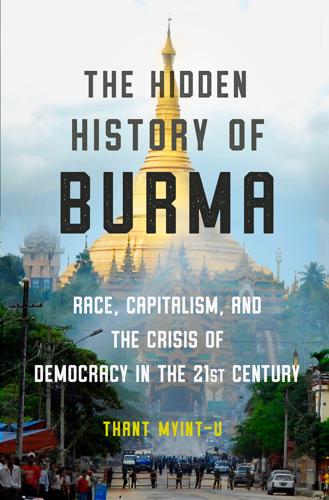
The Hidden History of Burma
by Thant Myint-U
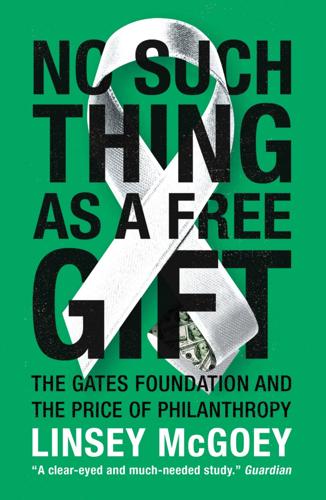
No Such Thing as a Free Gift: The Gates Foundation and the Price of Philanthropy
by Linsey McGoey · 14 Apr 2015 · 324pp · 93,606 words
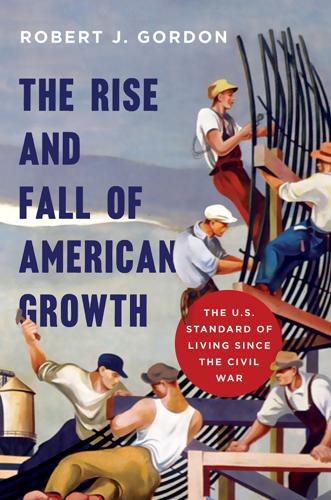
The Rise and Fall of American Growth: The U.S. Standard of Living Since the Civil War (The Princeton Economic History of the Western World)
by Robert J. Gordon · 12 Jan 2016 · 1,104pp · 302,176 words
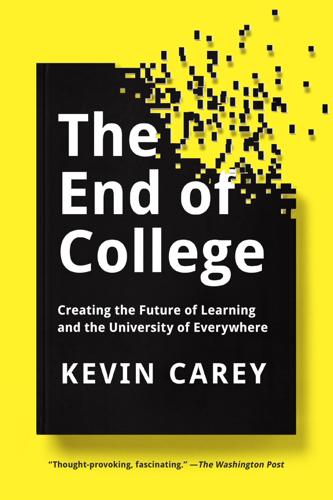
The End of College: Creating the Future of Learning and the University of Everywhere
by Kevin Carey · 3 Mar 2015 · 319pp · 90,965 words
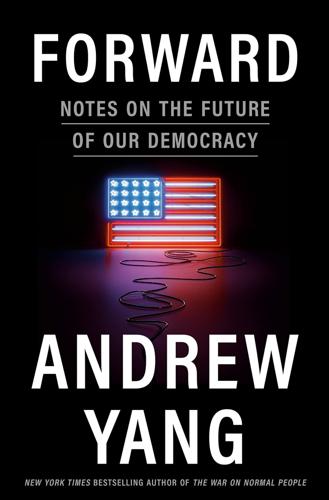
Forward: Notes on the Future of Our Democracy
by Andrew Yang · 15 Nov 2021
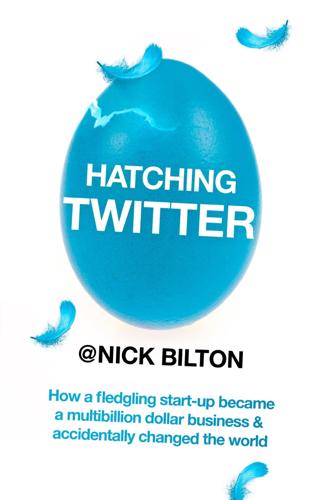
Hatching Twitter
by Nick Bilton · 5 Nov 2013 · 304pp · 93,494 words
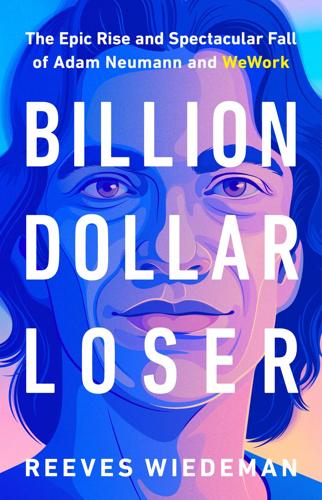
Billion Dollar Loser: The Epic Rise and Spectacular Fall of Adam Neumann and WeWork
by Reeves Wiedeman · 19 Oct 2020 · 303pp · 100,516 words
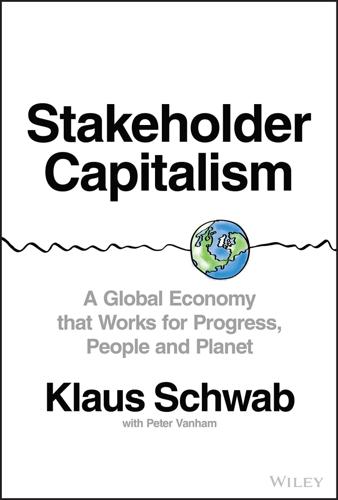
Stakeholder Capitalism: A Global Economy That Works for Progress, People and Planet
by Klaus Schwab and Peter Vanham · 27 Jan 2021 · 460pp · 107,454 words

Surveillance Valley: The Rise of the Military-Digital Complex
by Yasha Levine · 6 Feb 2018 · 474pp · 130,575 words

The End of the Suburbs: Where the American Dream Is Moving
by Leigh Gallagher · 26 Jun 2013 · 296pp · 76,284 words
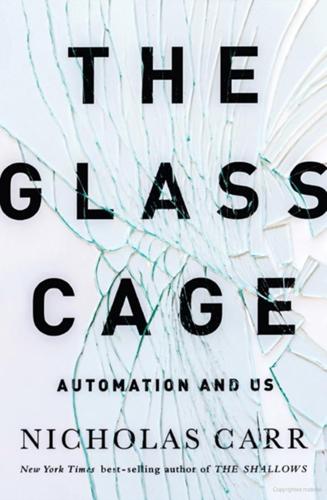
The Glass Cage: Automation and Us
by Nicholas Carr · 28 Sep 2014 · 308pp · 84,713 words
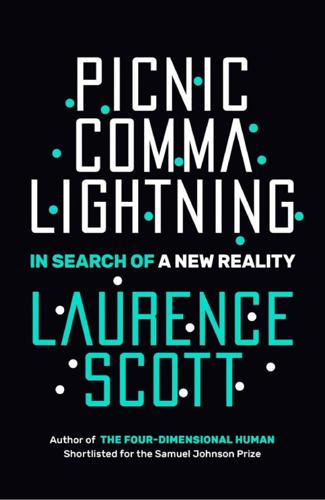
Picnic Comma Lightning: In Search of a New Reality
by Laurence Scott · 11 Jul 2018 · 244pp · 81,334 words
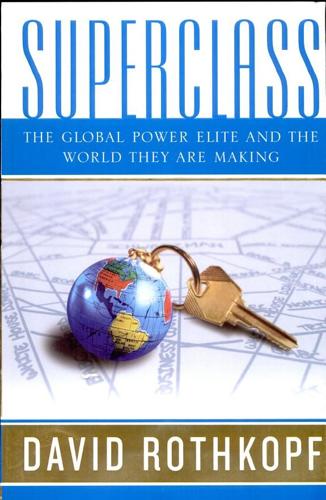
Superclass: The Global Power Elite and the World They Are Making
by David Rothkopf · 18 Mar 2008 · 535pp · 158,863 words
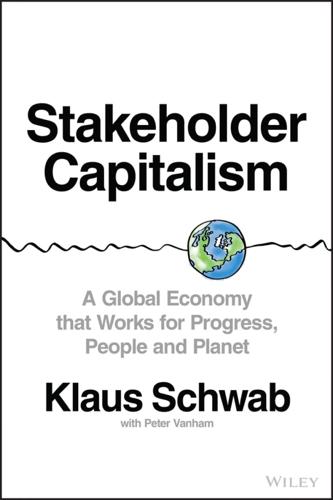
Stakeholder Capitalism: A Global Economy That Works for Progress, People and Planet
by Klaus Schwab · 7 Jan 2021 · 460pp · 107,454 words
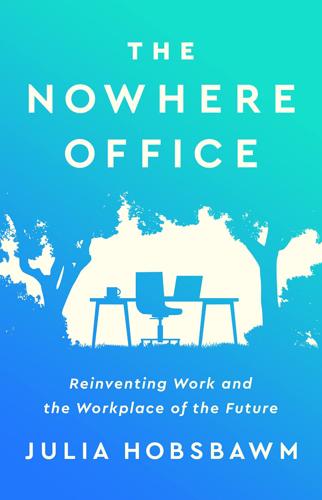
The Nowhere Office: Reinventing Work and the Workplace of the Future
by Julia Hobsbawm · 11 Apr 2022 · 172pp · 50,777 words
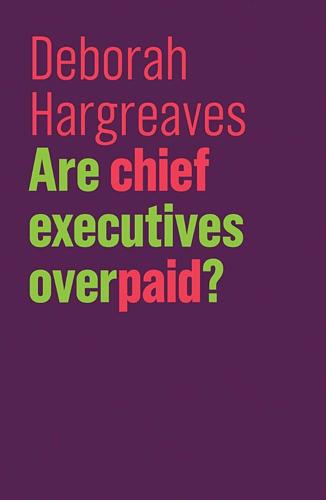
Are Chief Executives Overpaid?
by Deborah Hargreaves · 29 Nov 2018 · 98pp · 27,201 words

Homeland: The War on Terror in American Life
by Richard Beck · 2 Sep 2024 · 715pp · 212,449 words
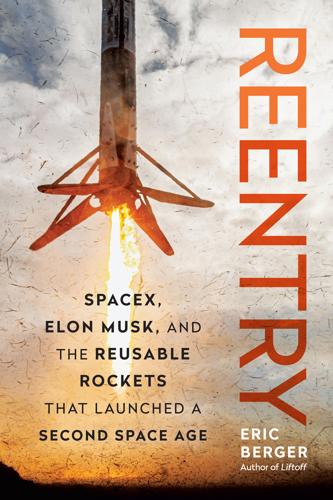
Reentry: SpaceX, Elon Musk, and the Reusable Rockets That Launched a Second Space Age
by Eric Berger · 23 Sep 2024 · 375pp · 113,230 words
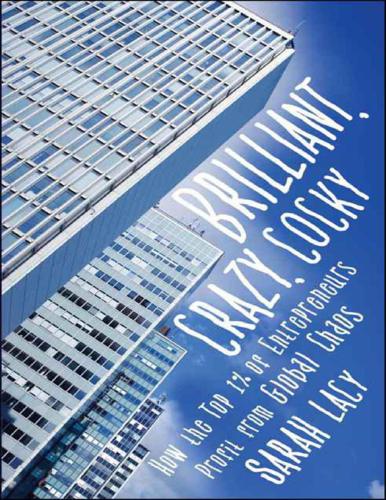
Brilliant, Crazy, Cocky: How the Top 1% of Entrepreneurs Profit From Global Chaos
by Sarah Lacy · 6 Jan 2011 · 269pp · 77,876 words
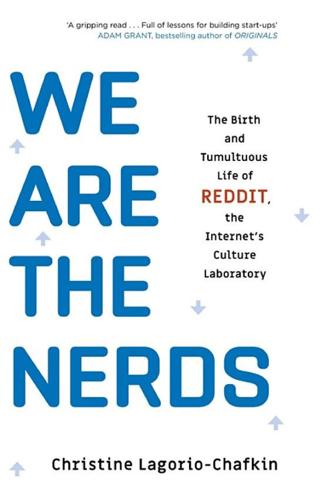
We Are the Nerds: The Birth and Tumultuous Life of Reddit, the Internet's Culture Laboratory
by Christine Lagorio-Chafkin · 1 Oct 2018
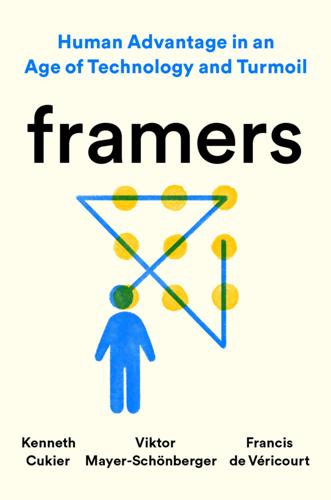
Framers: Human Advantage in an Age of Technology and Turmoil
by Kenneth Cukier, Viktor Mayer-Schönberger and Francis de Véricourt · 10 May 2021 · 291pp · 80,068 words
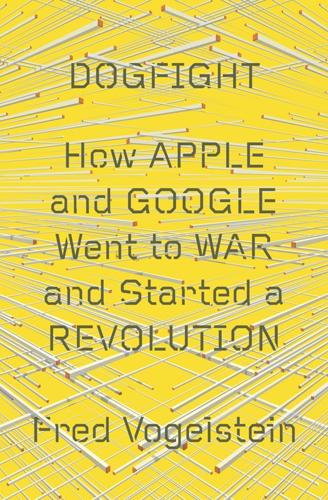
Dogfight: How Apple and Google Went to War and Started a Revolution
by Fred Vogelstein · 12 Nov 2013 · 275pp · 84,418 words
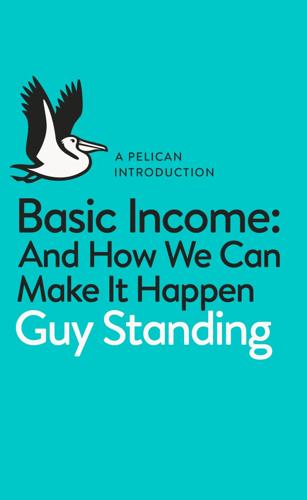
A Pelican Introduction: Basic Income
by Guy Standing · 3 May 2017 · 307pp · 82,680 words

Brazillionaires: The Godfathers of Modern Brazil
by Alex Cuadros · 1 Jun 2016 · 433pp · 125,031 words
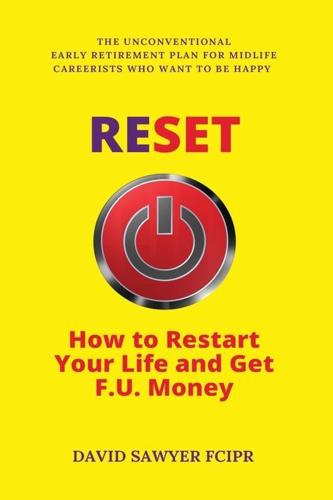
Reset: How to Restart Your Life and Get F.U. Money: The Unconventional Early Retirement Plan for Midlife Careerists Who Want to Be Happy
by David Sawyer · 17 Aug 2018 · 572pp · 94,002 words
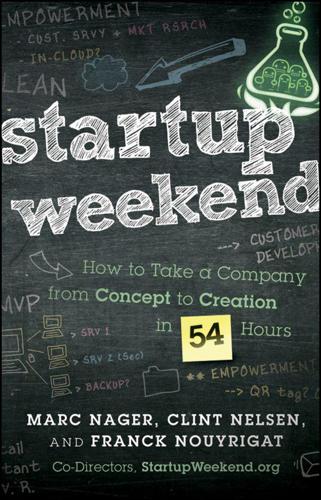
Startup Weekend: How to Take a Company From Concept to Creation in 54 Hours
by Marc Nager, Clint Nelsen and Franck Nouyrigat · 8 Nov 2011 · 179pp · 42,006 words
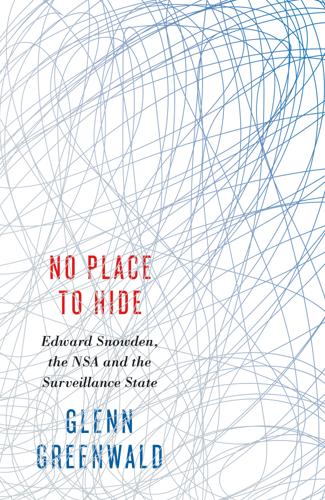
No Place to Hide: Edward Snowden, the NSA, and the U.S. Surveillance State
by Glenn Greenwald · 12 May 2014 · 253pp · 75,772 words

Self-Reliance and Other Essays
by Ralph Waldo Emerson · 12 Oct 1993 · 62pp · 13,939 words
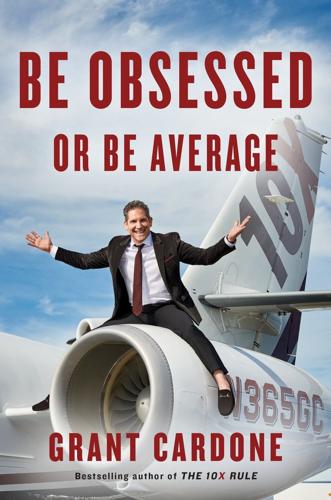
Be Obsessed or Be Average
by Grant Cardone · 20 Sep 2016 · 177pp · 56,657 words
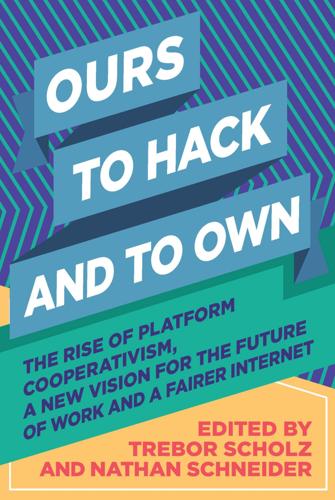
Ours to Hack and to Own: The Rise of Platform Cooperativism, a New Vision for the Future of Work and a Fairer Internet
by Trebor Scholz and Nathan Schneider · 14 Aug 2017 · 237pp · 67,154 words

Utopias: A Brief History From Ancient Writings to Virtual Communities
by Howard P. Segal · 20 May 2012 · 299pp · 19,560 words
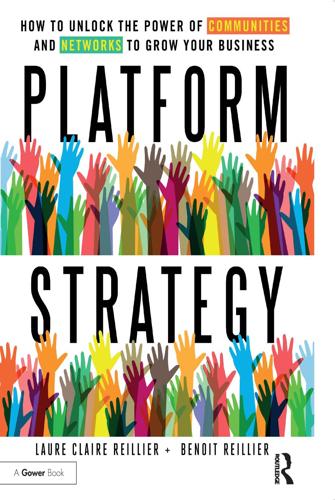
Open for Business Harnessing the Power of Platform Ecosystems
by Lauren Turner Claire, Laure Claire Reillier and Benoit Reillier · 14 Oct 2017 · 240pp · 78,436 words
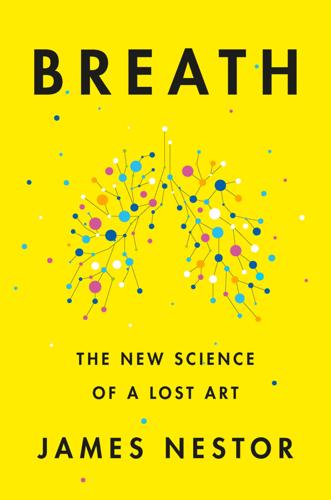
Breath: The New Science of a Lost Art
by James Nestor · 25 May 2020 · 365pp · 96,573 words
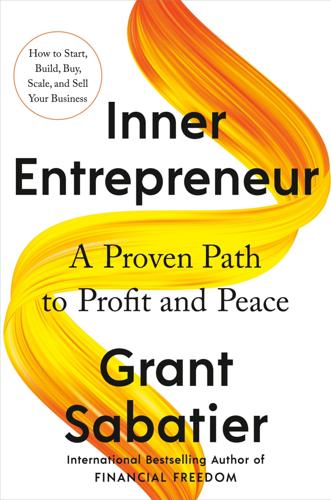
Inner Entrepreneur: A Proven Path to Profit and Peace
by Grant Sabatier · 10 Mar 2025 · 442pp · 126,902 words
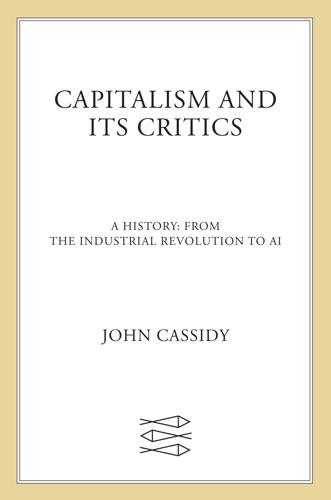
Capitalism and Its Critics: A History: From the Industrial Revolution to AI
by John Cassidy · 12 May 2025 · 774pp · 238,244 words
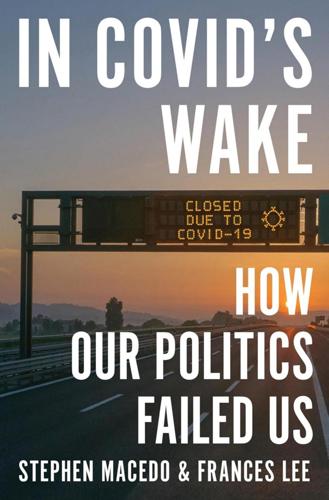
In Covid's Wake: How Our Politics Failed Us
by Stephen Macedo and Frances Lee · 10 Mar 2025 · 393pp · 146,371 words

How Everything Became War and the Military Became Everything: Tales From the Pentagon
by Rosa Brooks · 8 Aug 2016 · 548pp · 147,919 words
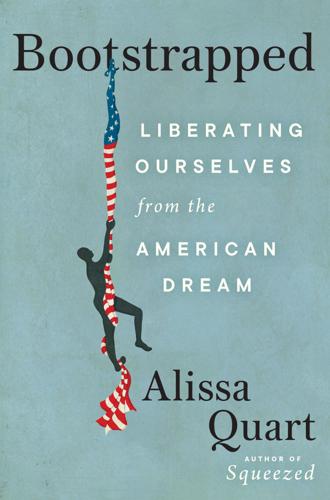
Bootstrapped: Liberating Ourselves From the American Dream
by Alissa Quart · 14 Mar 2023 · 304pp · 86,028 words
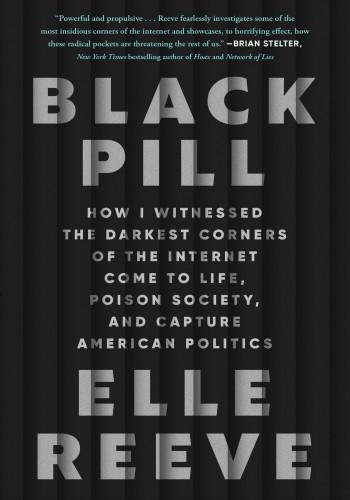
Black Pill: How I Witnessed the Darkest Corners of the Internet Come to Life, Poison Society, and Capture American Politics
by Elle Reeve · 9 Jul 2024
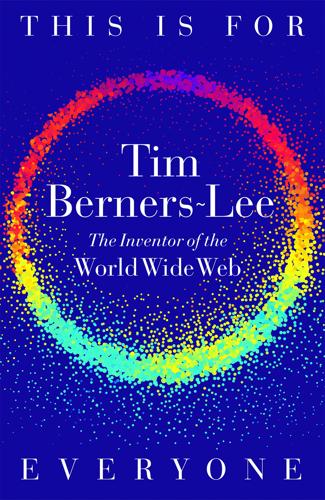
This Is for Everyone: The Captivating Memoir From the Inventor of the World Wide Web
by Tim Berners-Lee · 8 Sep 2025 · 347pp · 100,038 words
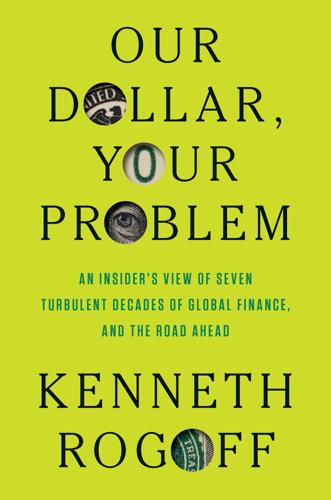
Our Dollar, Your Problem: An Insider’s View of Seven Turbulent Decades of Global Finance, and the Road Ahead
by Kenneth Rogoff · 27 Feb 2025 · 330pp · 127,791 words
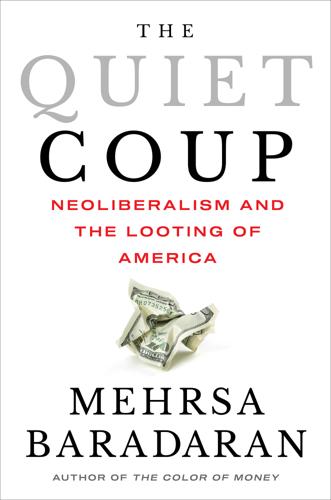
The Quiet Coup: Neoliberalism and the Looting of America
by Mehrsa Baradaran · 7 May 2024 · 470pp · 158,007 words
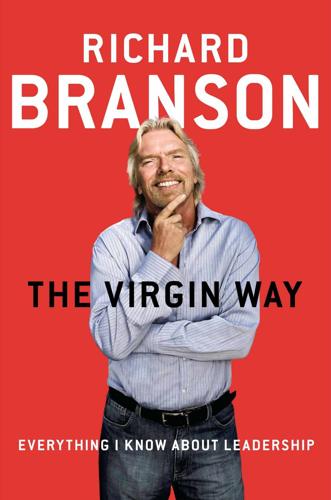
The Virgin Way: Everything I Know About Leadership
by Richard Branson · 8 Sep 2014 · 315pp · 99,065 words
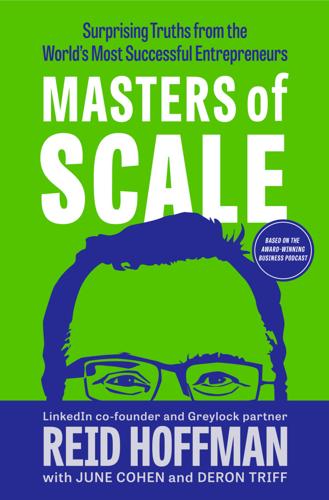
Masters of Scale: Surprising Truths From the World's Most Successful Entrepreneurs
by Reid Hoffman, June Cohen and Deron Triff · 14 Oct 2021 · 309pp · 96,168 words
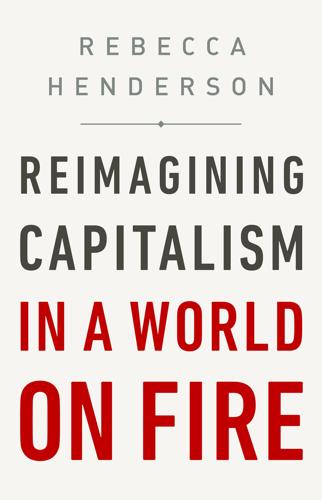
Reimagining Capitalism in a World on Fire
by Rebecca Henderson · 27 Apr 2020 · 330pp · 99,044 words
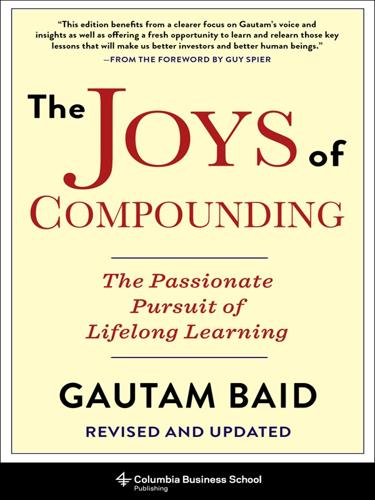
The Joys of Compounding: The Passionate Pursuit of Lifelong Learning, Revised and Updated
by Gautam Baid · 1 Jun 2020 · 1,239pp · 163,625 words
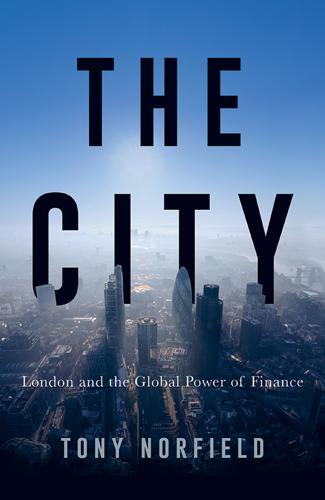
The City
by Tony Norfield · 352pp · 98,561 words
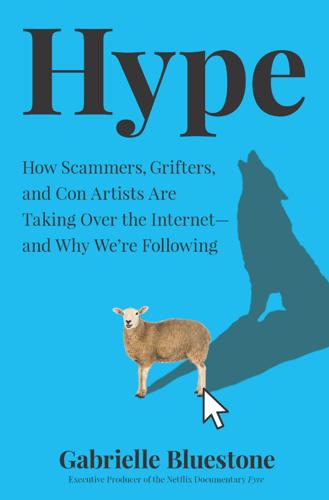
Hype: How Scammers, Grifters, and Con Artists Are Taking Over the Internet―and Why We're Following
by Gabrielle Bluestone · 5 Apr 2021 · 329pp · 100,162 words
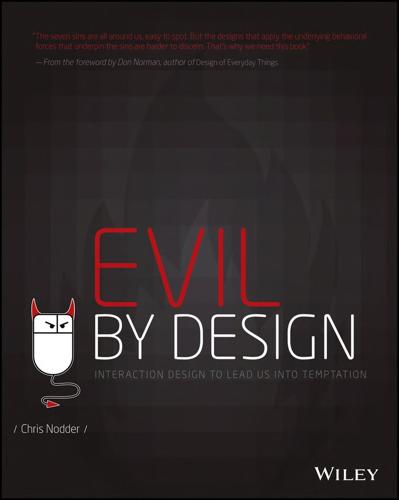
Evil by Design: Interaction Design to Lead Us Into Temptation
by Chris Nodder · 4 Jun 2013 · 254pp · 79,052 words
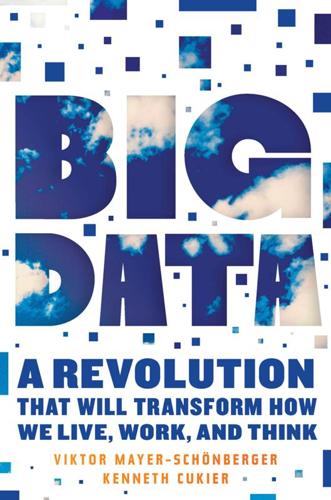
Big Data: A Revolution That Will Transform How We Live, Work, and Think
by Viktor Mayer-Schonberger and Kenneth Cukier · 5 Mar 2013 · 304pp · 82,395 words
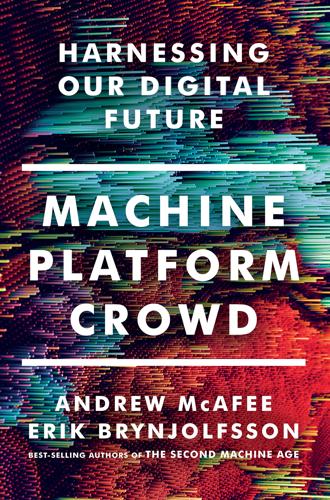
Machine, Platform, Crowd: Harnessing Our Digital Future
by Andrew McAfee and Erik Brynjolfsson · 26 Jun 2017 · 472pp · 117,093 words
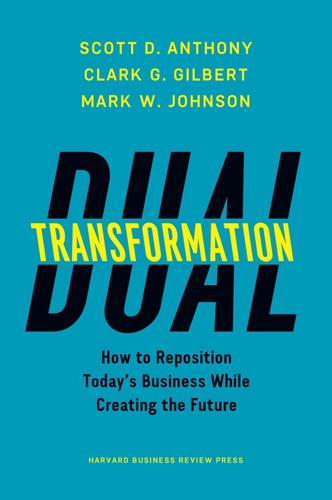
Dual Transformation: How to Reposition Today's Business While Creating the Future
by Scott D. Anthony and Mark W. Johnson · 27 Mar 2017 · 293pp · 78,439 words
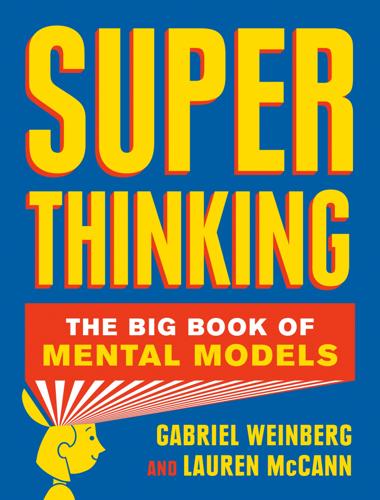
Super Thinking: The Big Book of Mental Models
by Gabriel Weinberg and Lauren McCann · 17 Jun 2019
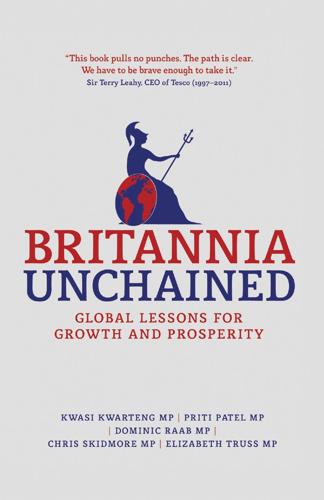
Britannia Unchained: Global Lessons for Growth and Prosperity
by Kwasi Kwarteng, Priti Patel, Dominic Raab, Chris Skidmore and Elizabeth Truss · 12 Sep 2012
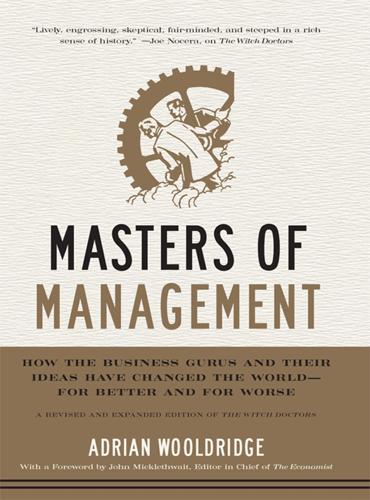
Masters of Management: How the Business Gurus and Their Ideas Have Changed the World—for Better and for Worse
by Adrian Wooldridge · 29 Nov 2011 · 460pp · 131,579 words
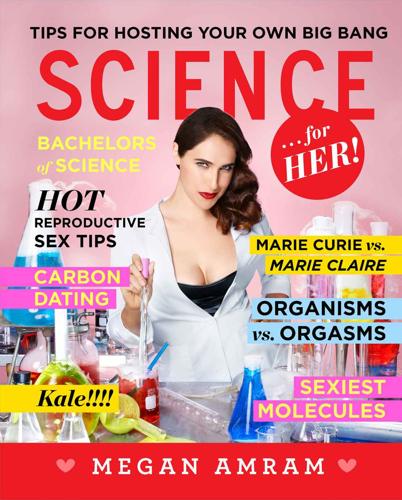
Science...For Her!
by Megan Amram · 4 Nov 2014
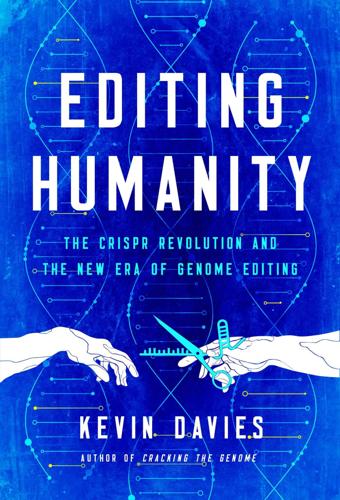
Editing Humanity: The CRISPR Revolution and the New Era of Genome Editing
by Kevin Davies · 5 Oct 2020 · 741pp · 164,057 words
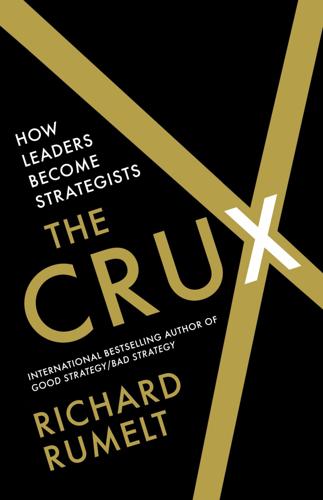
The Crux
by Richard Rumelt · 27 Apr 2022 · 363pp · 109,834 words
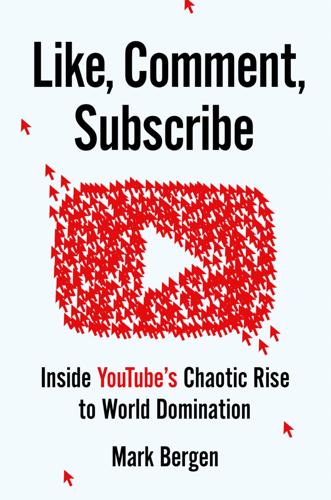
Like, Comment, Subscribe: Inside YouTube's Chaotic Rise to World Domination
by Mark Bergen · 5 Sep 2022 · 642pp · 141,888 words
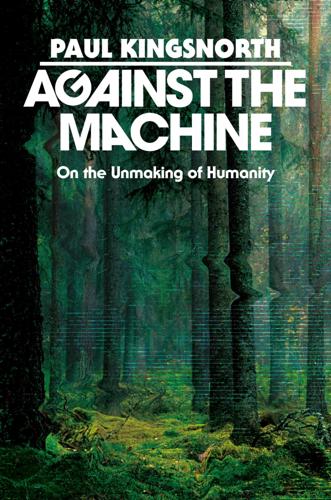
Against the Machine: On the Unmaking of Humanity
by Paul Kingsnorth · 23 Sep 2025 · 388pp · 110,920 words
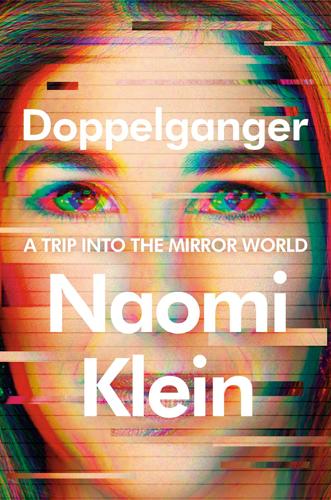
Doppelganger: A Trip Into the Mirror World
by Naomi Klein · 11 Sep 2023
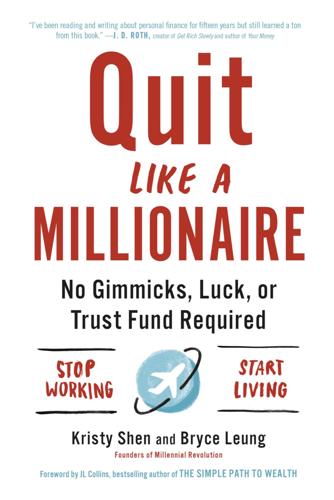
Quit Like a Millionaire: No Gimmicks, Luck, or Trust Fund Required
by Kristy Shen and Bryce Leung · 8 Jul 2019 · 389pp · 81,596 words
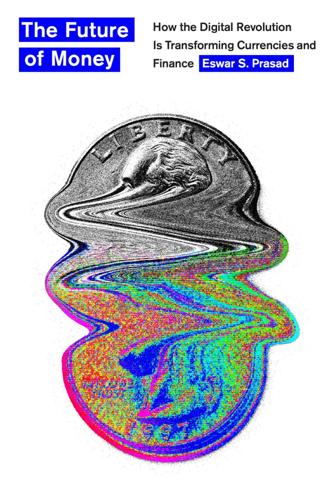
The Future of Money: How the Digital Revolution Is Transforming Currencies and Finance
by Eswar S. Prasad · 27 Sep 2021 · 661pp · 185,701 words

Other Pandemic: How QAnon Contaminated the World
by James Ball · 19 Jul 2023 · 317pp · 87,048 words
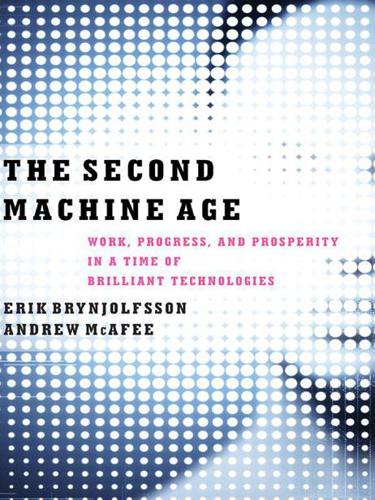
The Second Machine Age: Work, Progress, and Prosperity in a Time of Brilliant Technologies
by Erik Brynjolfsson and Andrew McAfee · 20 Jan 2014 · 339pp · 88,732 words
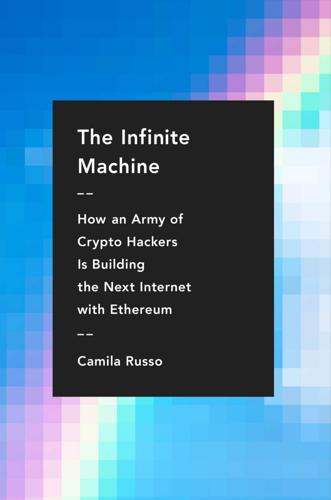
The Infinite Machine: How an Army of Crypto-Hackers Is Building the Next Internet With Ethereum
by Camila Russo · 13 Jul 2020 · 349pp · 102,827 words
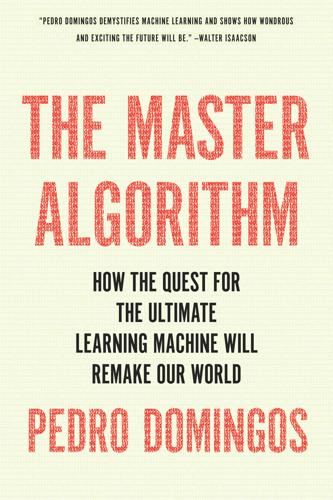
The Master Algorithm: How the Quest for the Ultimate Learning Machine Will Remake Our World
by Pedro Domingos · 21 Sep 2015 · 396pp · 117,149 words
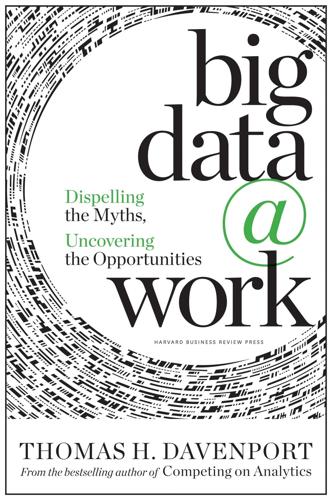
Big Data at Work: Dispelling the Myths, Uncovering the Opportunities
by Thomas H. Davenport · 4 Feb 2014
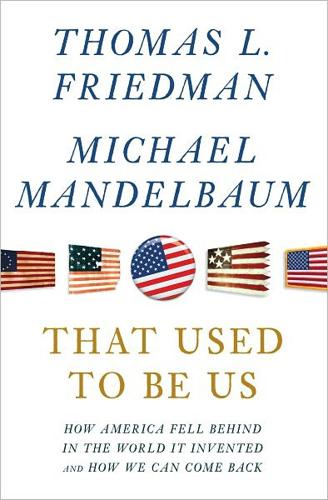
That Used to Be Us
by Thomas L. Friedman and Michael Mandelbaum · 1 Sep 2011 · 441pp · 136,954 words
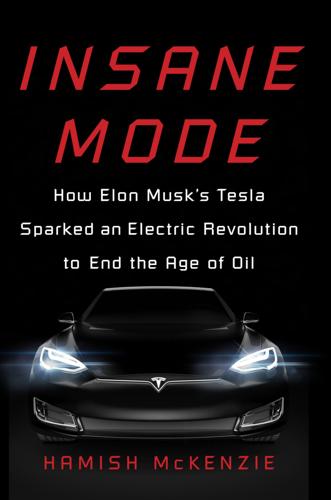
Insane Mode: How Elon Musk's Tesla Sparked an Electric Revolution to End the Age of Oil
by Hamish McKenzie · 30 Sep 2017 · 307pp · 90,634 words
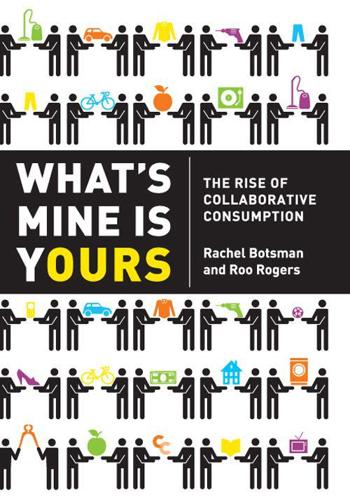
What's Mine Is Yours: How Collaborative Consumption Is Changing the Way We Live
by Rachel Botsman and Roo Rogers · 2 Jan 2010 · 411pp · 80,925 words
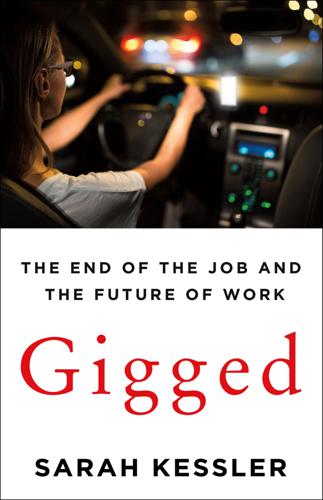
Gigged: The End of the Job and the Future of Work
by Sarah Kessler · 11 Jun 2018 · 246pp · 68,392 words
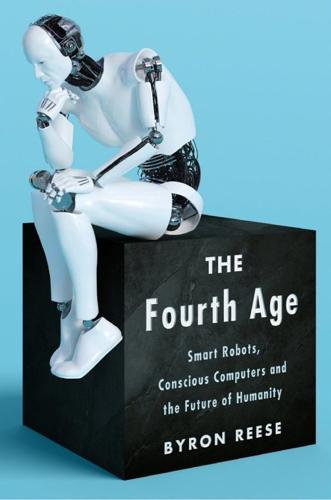
The Fourth Age: Smart Robots, Conscious Computers, and the Future of Humanity
by Byron Reese · 23 Apr 2018 · 294pp · 96,661 words
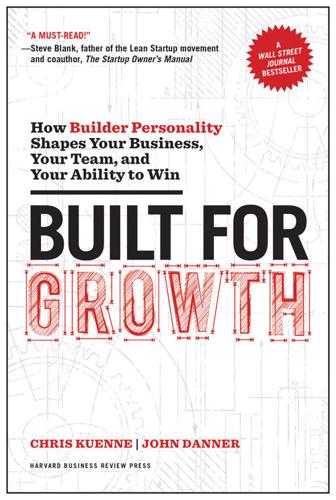
Built for Growth: How Builder Personality Shapes Your Business, Your Team, and Your Ability to Win
by Chris Kuenne and John Danner · 5 Jun 2017 · 276pp · 64,903 words
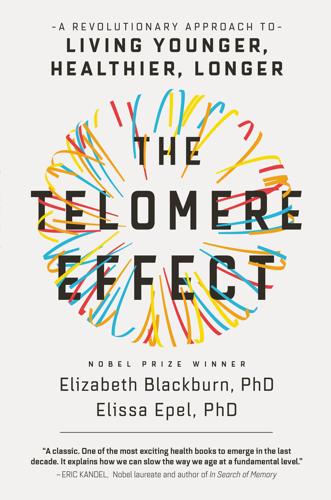
The Telomere Effect: A Revolutionary Approach to Living Younger, Healthier, Longer
by Dr. Elizabeth Blackburn and Dr. Elissa Epel · 3 Jan 2017 · 381pp · 111,629 words
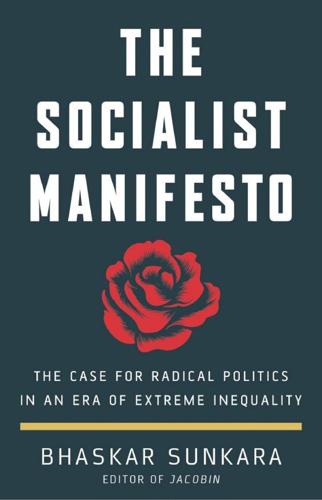
The Socialist Manifesto: The Case for Radical Politics in an Era of Extreme Inequality
by Bhaskar Sunkara · 1 Feb 2019 · 324pp · 86,056 words
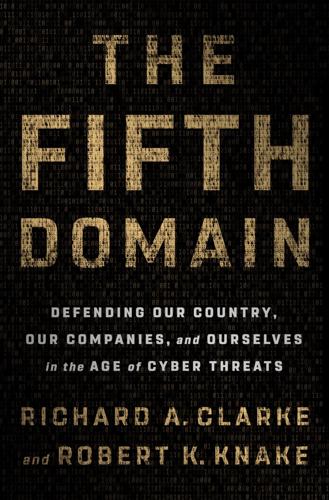
The Fifth Domain: Defending Our Country, Our Companies, and Ourselves in the Age of Cyber Threats
by Richard A. Clarke and Robert K. Knake · 15 Jul 2019 · 409pp · 112,055 words
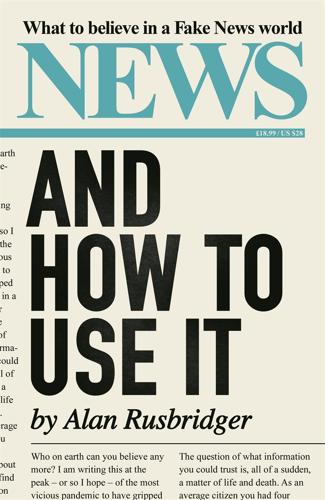
News and How to Use It: What to Believe in a Fake News World
by Alan Rusbridger · 26 Nov 2020 · 371pp · 109,320 words
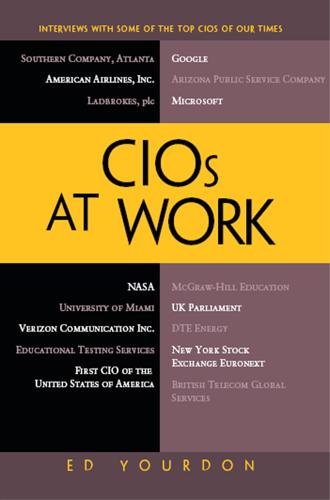
CIOs at Work
by Ed Yourdon · 19 Jul 2011 · 525pp · 142,027 words
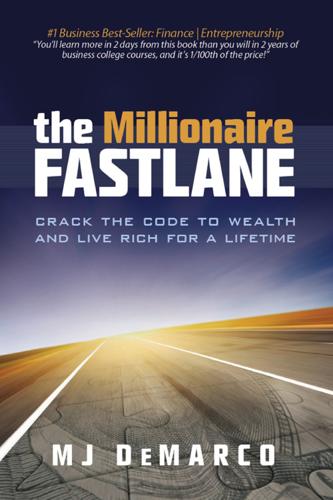
The Millionaire Fastlane: Crack the Code to Wealth and Live Rich for a Lifetime
by Mj Demarco · 8 Nov 2010 · 386pp · 116,233 words
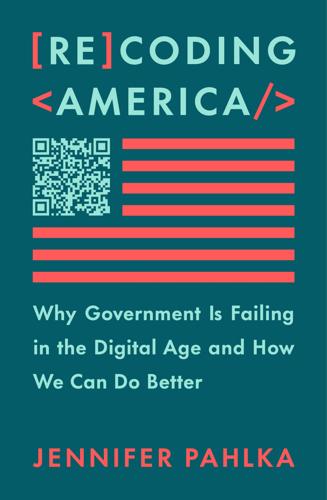
Recoding America: Why Government Is Failing in the Digital Age and How We Can Do Better
by Jennifer Pahlka · 12 Jun 2023 · 288pp · 96,204 words
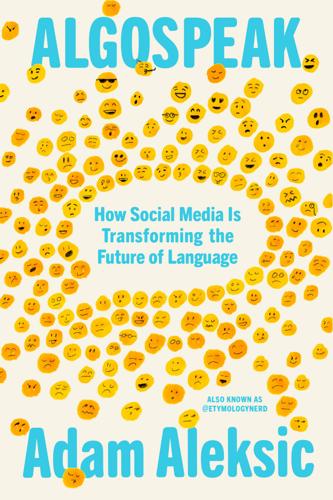
Algospeak: How Social Media Is Transforming the Future of Language
by Adam Aleksic · 15 Jul 2025 · 278pp · 71,701 words
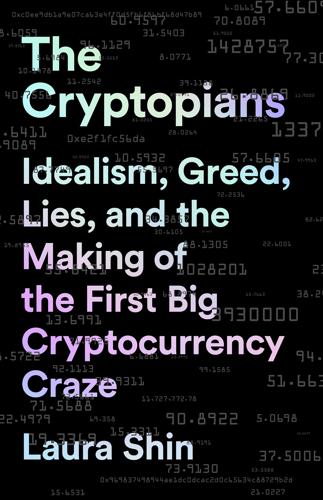
The Cryptopians: Idealism, Greed, Lies, and the Making of the First Big Cryptocurrency Craze
by Laura Shin · 22 Feb 2022 · 506pp · 151,753 words

Class Warfare: Inside the Fight to Fix America's Schools
by Steven Brill · 15 Aug 2011 · 559pp · 161,035 words
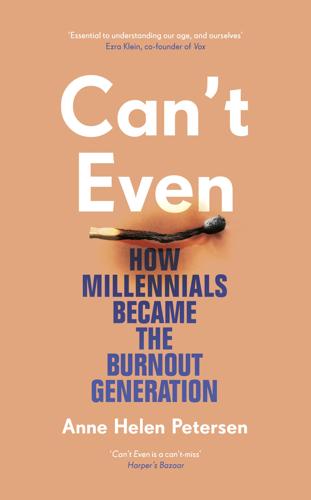
Can't Even: How Millennials Became the Burnout Generation
by Anne Helen Petersen · 14 Jan 2021 · 297pp · 88,890 words
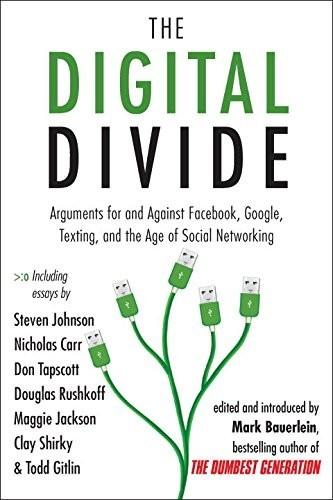
The Digital Divide: Arguments for and Against Facebook, Google, Texting, and the Age of Social Netwo Rking
by Mark Bauerlein · 7 Sep 2011 · 407pp · 103,501 words
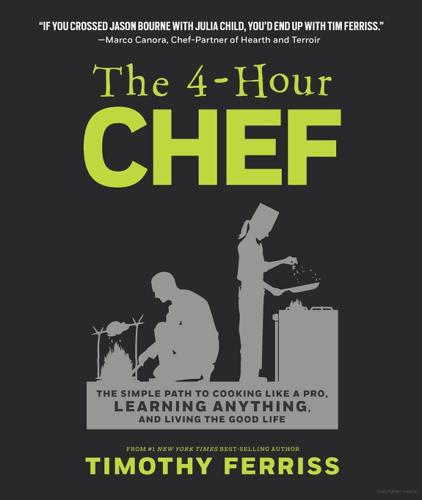
The 4-Hour Chef: The Simple Path to Cooking Like a Pro, Learning Anything, and Living the Good Life
by Timothy Ferriss · 1 Jan 2012 · 1,007pp · 181,911 words
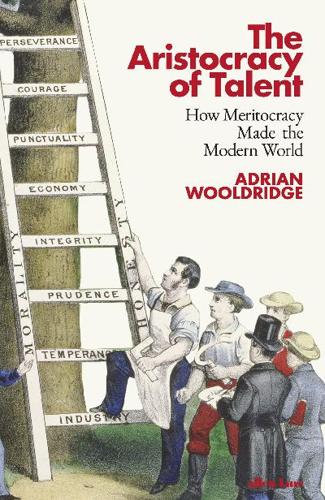
The Aristocracy of Talent: How Meritocracy Made the Modern World
by Adrian Wooldridge · 2 Jun 2021 · 693pp · 169,849 words
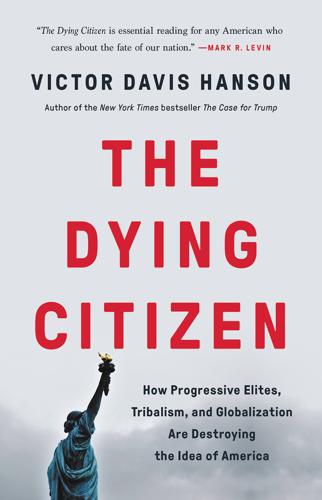
The Dying Citizen: How Progressive Elites, Tribalism, and Globalization Are Destroying the Idea of America
by Victor Davis Hanson · 15 Nov 2021 · 458pp · 132,912 words
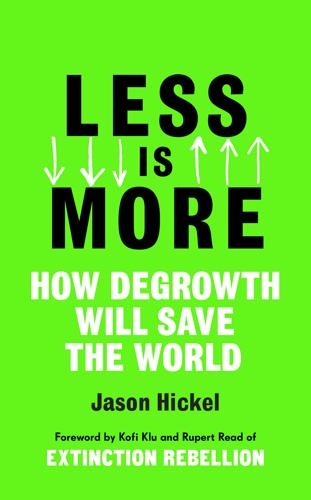
Less Is More: How Degrowth Will Save the World
by Jason Hickel · 12 Aug 2020 · 286pp · 87,168 words
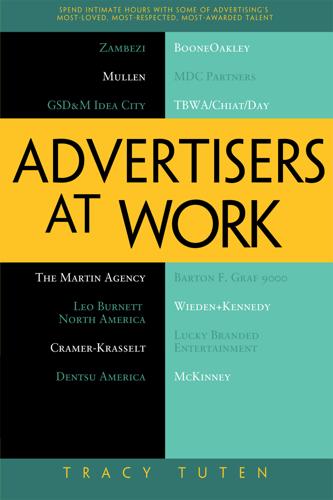
Advertisers at Work
by Tracy Tuten · 28 May 2012 · 411pp · 127,755 words
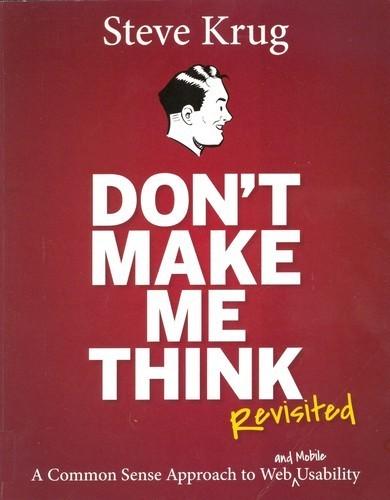
Don't Make Me Think, Revisited: A Common Sense Approach to Web Usability
by Steve Krug · 1 Jan 2000 · 170pp · 45,121 words
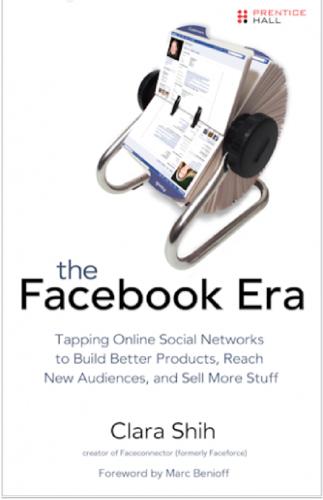
The Facebook era: tapping online social networks to build better products, reach new audiences, and sell more stuff
by Clara Shih · 30 Apr 2009 · 255pp · 76,495 words
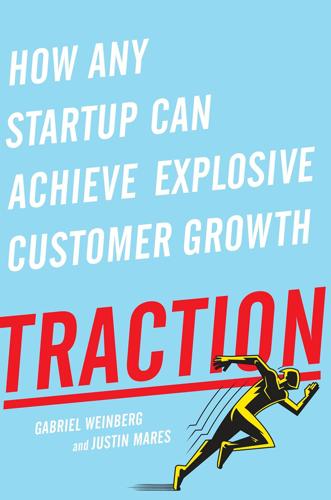
Traction: How Any Startup Can Achieve Explosive Customer Growth
by Gabriel Weinberg and Justin Mares · 5 Oct 2015 · 232pp · 63,846 words
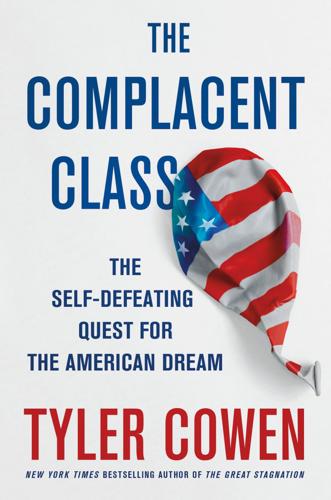
The Complacent Class: The Self-Defeating Quest for the American Dream
by Tyler Cowen · 27 Feb 2017 · 287pp · 82,576 words
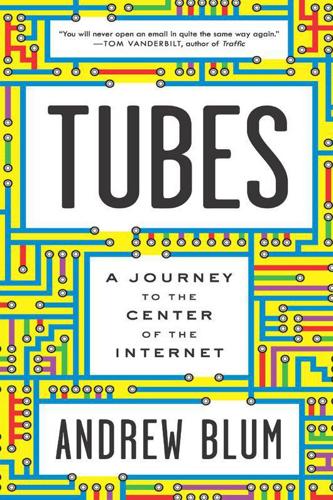
Tubes: A Journey to the Center of the Internet
by Andrew Blum · 28 May 2012 · 314pp · 83,631 words
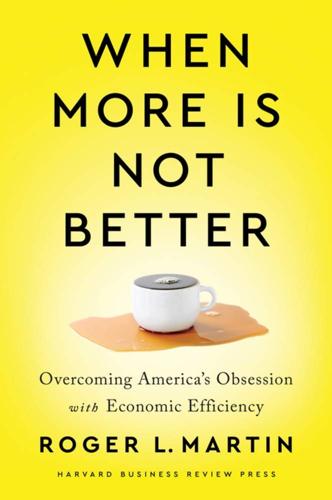
When More Is Not Better: Overcoming America's Obsession With Economic Efficiency
by Roger L. Martin · 28 Sep 2020 · 600pp · 72,502 words

Among the Mosques: A Journey Across Muslim Britain
by Ed Husain · 9 Jun 2021 · 404pp · 110,290 words

Mbs: The Rise to Power of Mohammed Bin Salman
by Ben Hubbard · 10 Mar 2020
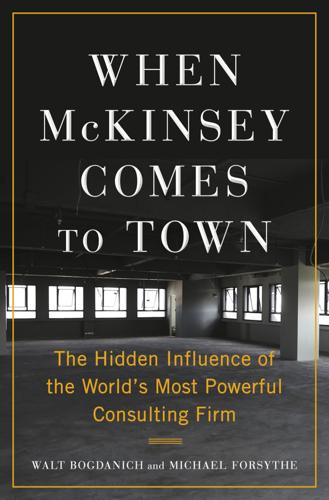
When McKinsey Comes to Town: The Hidden Influence of the World's Most Powerful Consulting Firm
by Walt Bogdanich and Michael Forsythe · 3 Oct 2022 · 689pp · 134,457 words
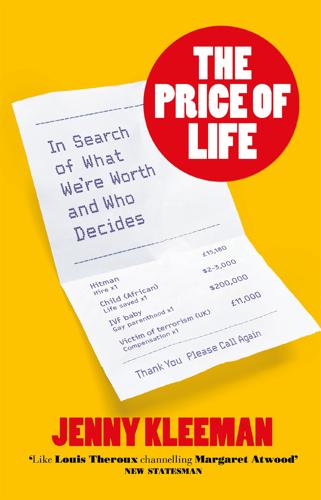
The Price of Life: In Search of What We're Worth and Who Decides
by Jenny Kleeman · 13 Mar 2024 · 334pp · 96,342 words
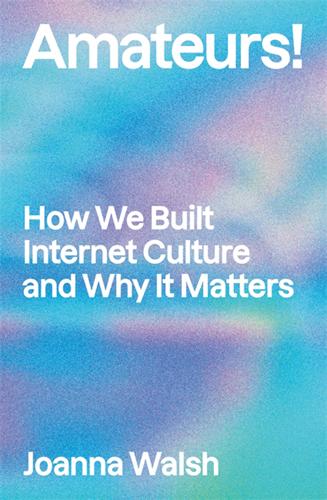
Amateurs!: How We Built Internet Culture and Why It Matters
by Joanna Walsh · 22 Sep 2025 · 255pp · 80,203 words
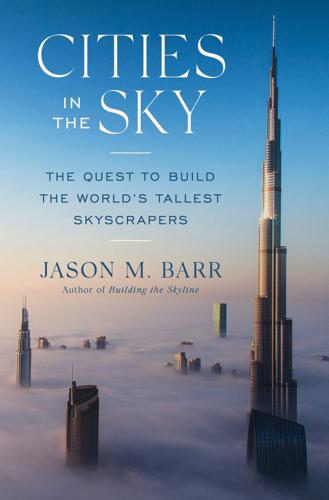
Cities in the Sky: The Quest to Build the World's Tallest Skyscrapers
by Jason M. Barr · 13 May 2024 · 292pp · 107,998 words
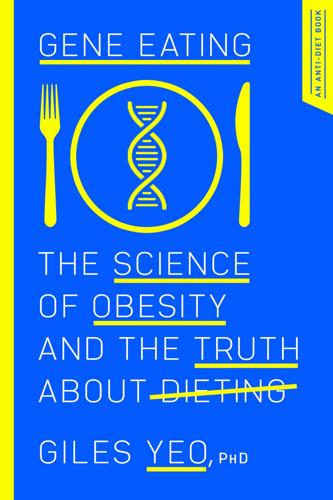
Gene Eating: The Science of Obesity and the Truth About Dieting
by Giles Yeo · 3 Jun 2019 · 351pp · 112,079 words
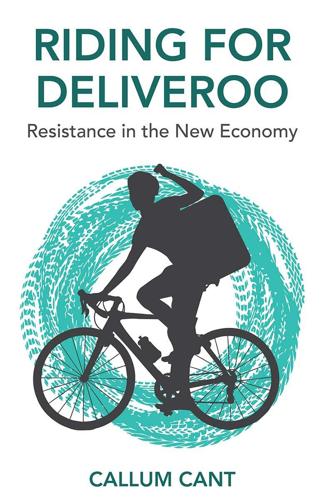
Riding for Deliveroo: Resistance in the New Economy
by Callum Cant · 11 Nov 2019 · 196pp · 55,862 words
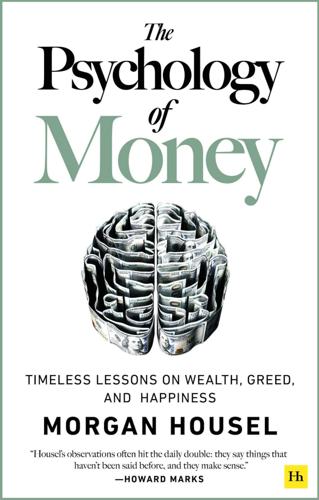
The Psychology of Money: Timeless Lessons on Wealth, Greed, and Happiness
by Morgan Housel · 7 Sep 2020 · 209pp · 53,175 words
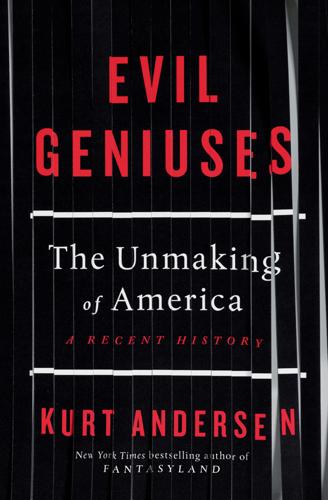
Evil Geniuses: The Unmaking of America: A Recent History
by Kurt Andersen · 14 Sep 2020 · 486pp · 150,849 words
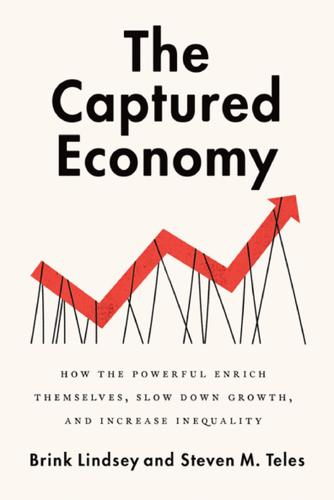
The Captured Economy: How the Powerful Enrich Themselves, Slow Down Growth, and Increase Inequality
by Brink Lindsey · 12 Oct 2017 · 288pp · 64,771 words
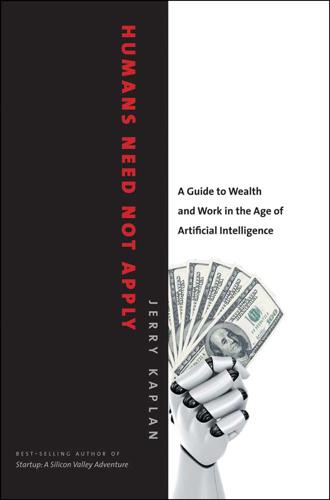
Humans Need Not Apply: A Guide to Wealth and Work in the Age of Artificial Intelligence
by Jerry Kaplan · 3 Aug 2015 · 237pp · 64,411 words
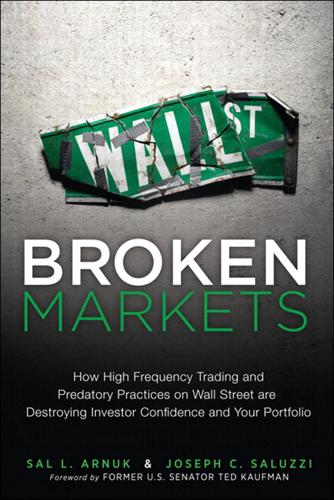
Broken Markets: How High Frequency Trading and Predatory Practices on Wall Street Are Destroying Investor Confidence and Your Portfolio
by Sal Arnuk and Joseph Saluzzi · 21 May 2012 · 318pp · 87,570 words
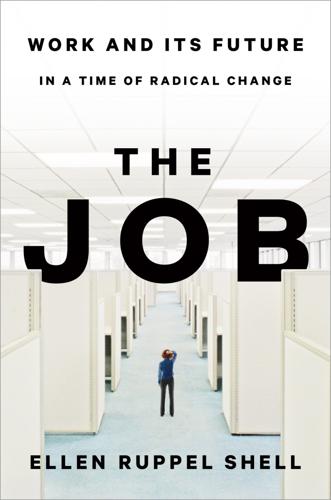
The Job: The Future of Work in the Modern Era
by Ellen Ruppel Shell · 22 Oct 2018 · 402pp · 126,835 words

Everything's Trash, but It's Okay
by Phoebe Robinson · 15 Oct 2018 · 257pp · 90,857 words

Radical Technologies: The Design of Everyday Life
by Adam Greenfield · 29 May 2017 · 410pp · 119,823 words
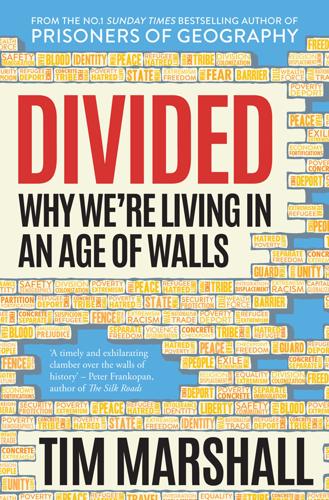
Divided: Why We're Living in an Age of Walls
by Tim Marshall · 8 Mar 2018 · 256pp · 75,139 words
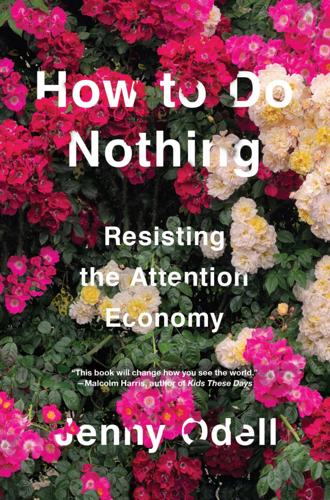
How to Do Nothing
by Jenny Odell · 8 Apr 2019 · 243pp · 76,686 words
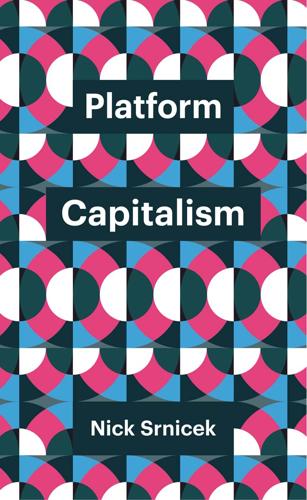
Platform Capitalism
by Nick Srnicek · 22 Dec 2016 · 116pp · 31,356 words
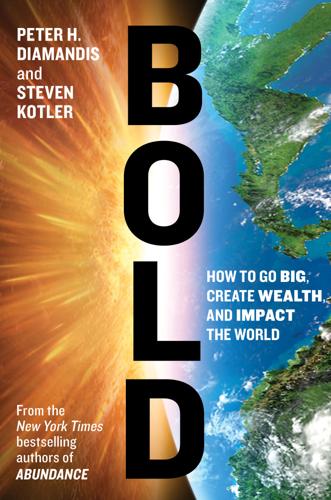
Bold: How to Go Big, Create Wealth and Impact the World
by Peter H. Diamandis and Steven Kotler · 3 Feb 2015 · 368pp · 96,825 words
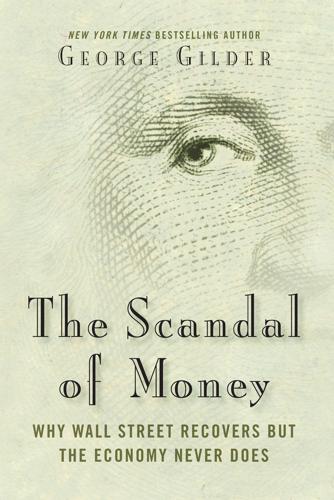
The Scandal of Money
by George Gilder · 23 Feb 2016 · 209pp · 53,236 words
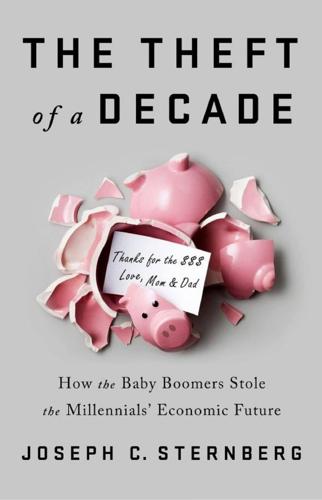
The Theft of a Decade: How the Baby Boomers Stole the Millennials' Economic Future
by Joseph C. Sternberg · 13 May 2019 · 336pp · 95,773 words
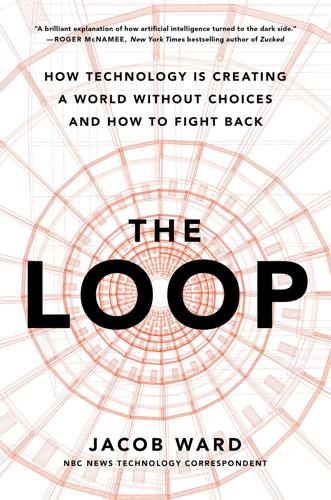
The Loop: How Technology Is Creating a World Without Choices and How to Fight Back
by Jacob Ward · 25 Jan 2022 · 292pp · 94,660 words
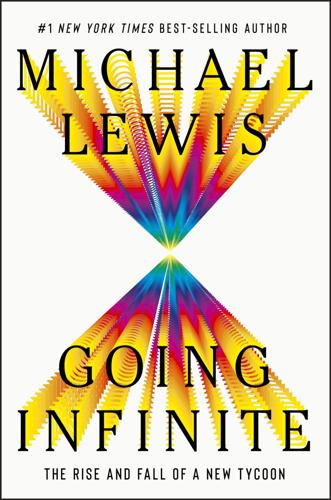
Going Infinite: The Rise and Fall of a New Tycoon
by Michael Lewis · 2 Oct 2023 · 263pp · 92,618 words
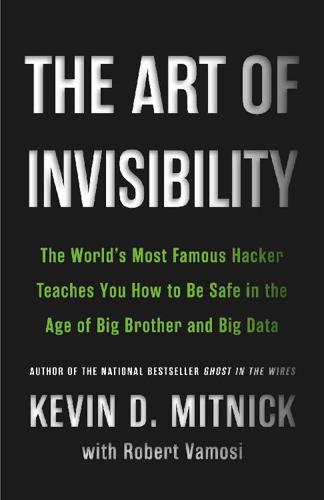
The Art of Invisibility: The World's Most Famous Hacker Teaches You How to Be Safe in the Age of Big Brother and Big Data
by Kevin Mitnick, Mikko Hypponen and Robert Vamosi · 14 Feb 2017 · 305pp · 93,091 words
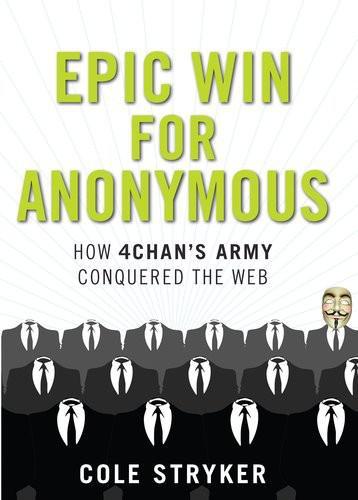
Epic Win for Anonymous: How 4chan's Army Conquered the Web
by Cole Stryker · 14 Jun 2011 · 226pp · 71,540 words
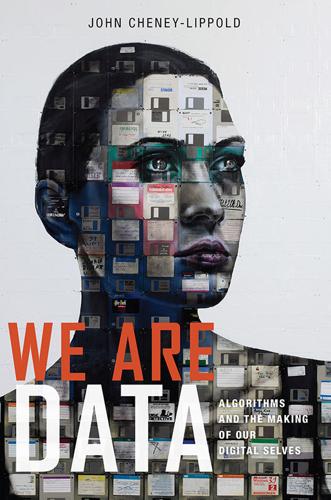
We Are Data: Algorithms and the Making of Our Digital Selves
by John Cheney-Lippold · 1 May 2017 · 420pp · 100,811 words
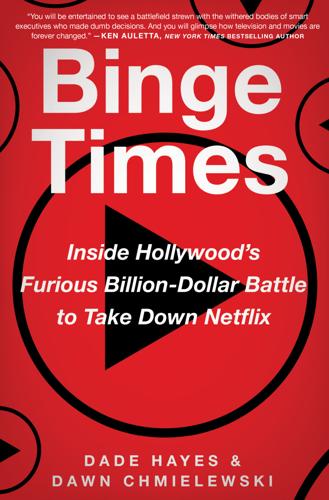
Binge Times: Inside Hollywood's Furious Billion-Dollar Battle to Take Down Netflix
by Dade Hayes and Dawn Chmielewski · 18 Apr 2022 · 414pp · 117,581 words
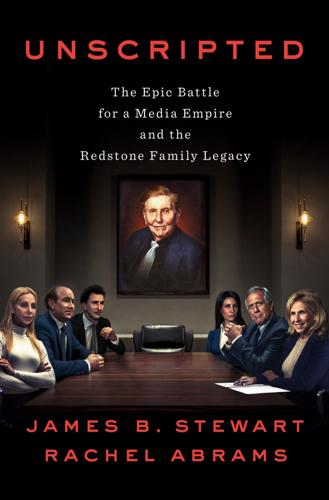
Unscripted: The Epic Battle for a Media Empire and the Redstone Family Legacy
by James B Stewart and Rachel Abrams · 14 Feb 2023 · 521pp · 136,802 words

Vassal State
by Angus Hanton · 25 Mar 2024 · 277pp · 81,718 words
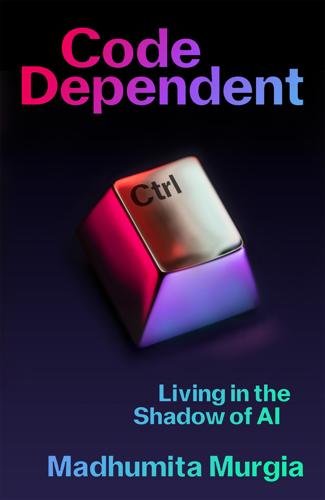
Code Dependent: Living in the Shadow of AI
by Madhumita Murgia · 20 Mar 2024 · 336pp · 91,806 words
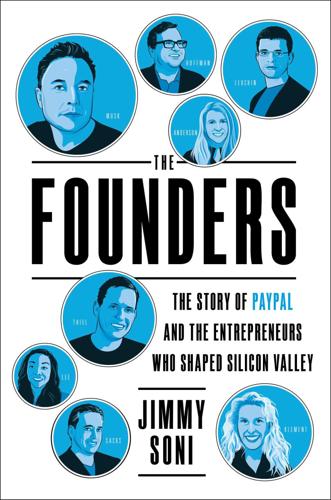
The Founders: The Story of Paypal and the Entrepreneurs Who Shaped Silicon Valley
by Jimmy Soni · 22 Feb 2022 · 505pp · 161,581 words
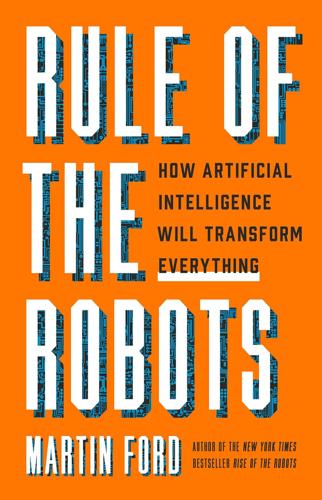
Rule of the Robots: How Artificial Intelligence Will Transform Everything
by Martin Ford · 13 Sep 2021 · 288pp · 86,995 words
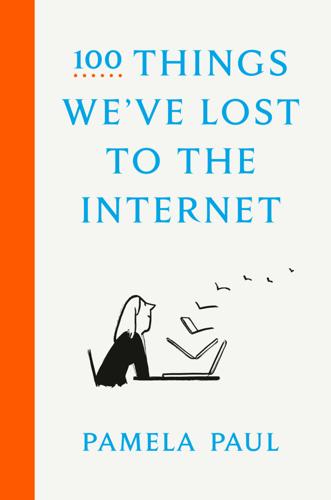
100 Things We've Lost to the Internet
by Pamela Paul · 14 Oct 2021 · 194pp · 54,355 words
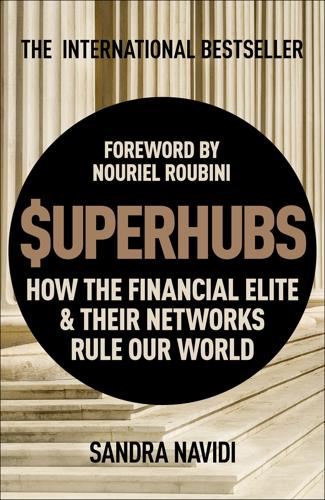
SUPERHUBS: How the Financial Elite and Their Networks Rule Our World
by Sandra Navidi · 24 Jan 2017 · 831pp · 98,409 words
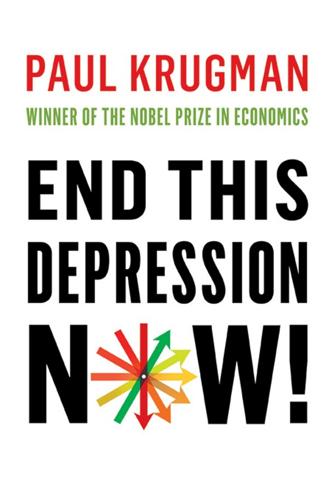
End This Depression Now!
by Paul Krugman · 30 Apr 2012 · 267pp · 71,123 words
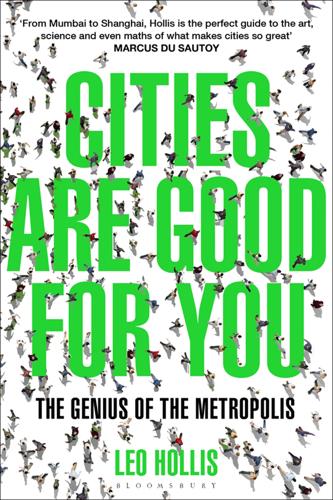
Cities Are Good for You: The Genius of the Metropolis
by Leo Hollis · 31 Mar 2013 · 385pp · 118,314 words
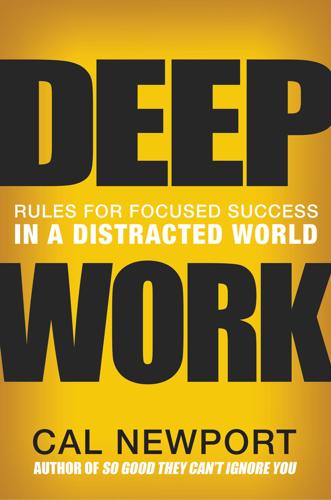
Deep Work: Rules for Focused Success in a Distracted World
by Cal Newport · 5 Jan 2016
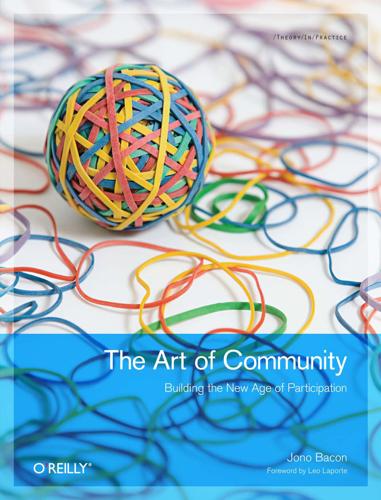
The Art of Community: Building the New Age of Participation
by Jono Bacon · 1 Aug 2009 · 394pp · 110,352 words
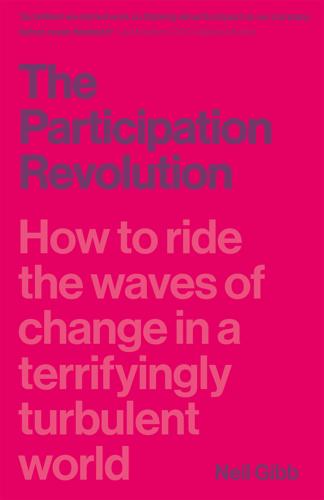
The Participation Revolution: How to Ride the Waves of Change in a Terrifyingly Turbulent World
by Neil Gibb · 15 Feb 2018 · 217pp · 63,287 words
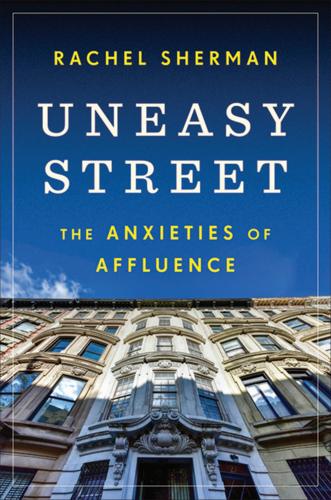
Uneasy Street: The Anxieties of Affluence
by Rachel Sherman · 21 Aug 2017 · 360pp · 113,429 words
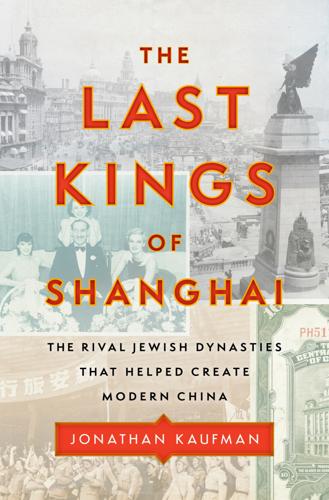
The Last Kings of Shanghai: The Rival Jewish Dynasties That Helped Create Modern China
by Jonathan Kaufman · 14 Sep 2020 · 415pp · 103,801 words
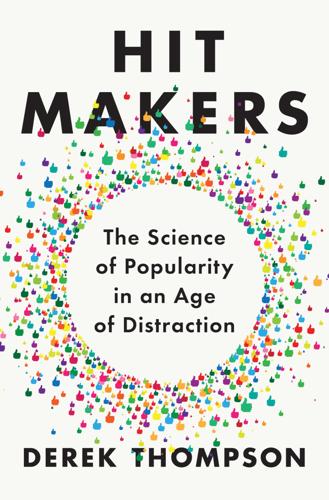
Hit Makers: The Science of Popularity in an Age of Distraction
by Derek Thompson · 7 Feb 2017 · 416pp · 108,370 words
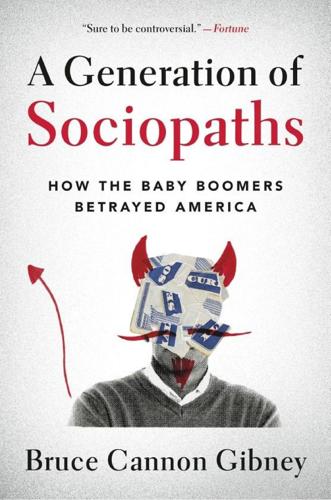
A Generation of Sociopaths: How the Baby Boomers Betrayed America
by Bruce Cannon Gibney · 7 Mar 2017 · 526pp · 160,601 words
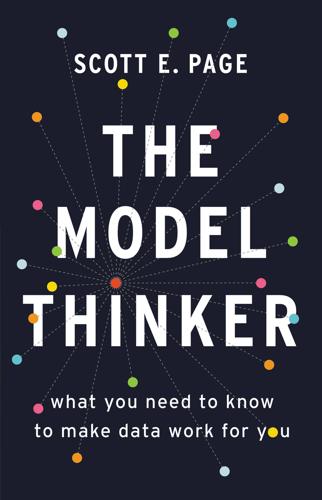
Model Thinker: What You Need to Know to Make Data Work for You
by Scott E. Page · 27 Nov 2018 · 543pp · 153,550 words
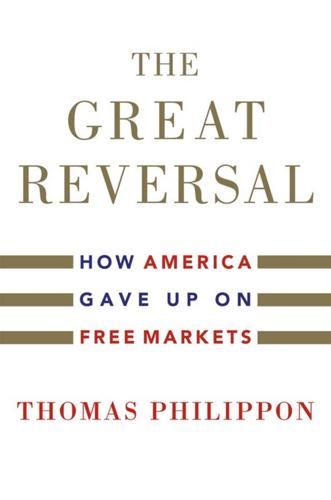
The Great Reversal: How America Gave Up on Free Markets
by Thomas Philippon · 29 Oct 2019 · 401pp · 109,892 words
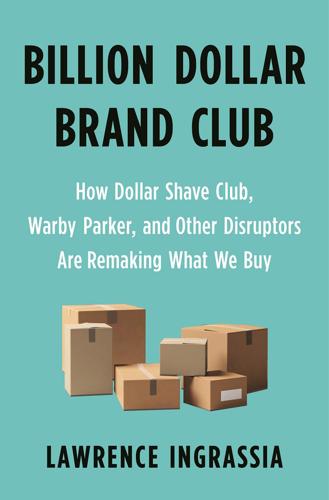
Billion Dollar Brand Club: How Dollar Shave Club, Warby Parker, and Other Disruptors Are Remaking What We Buy
by Lawrence Ingrassia · 28 Jan 2020 · 290pp · 90,057 words
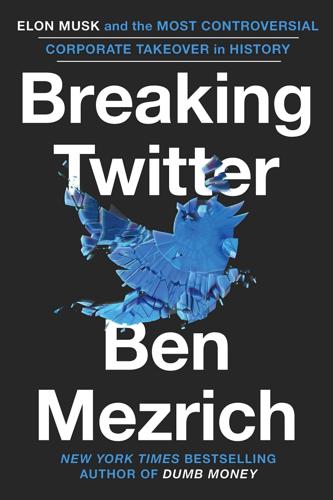
Breaking Twitter: Elon Musk and the Most Controversial Corporate Takeover in History
by Ben Mezrich · 6 Nov 2023 · 279pp · 85,453 words
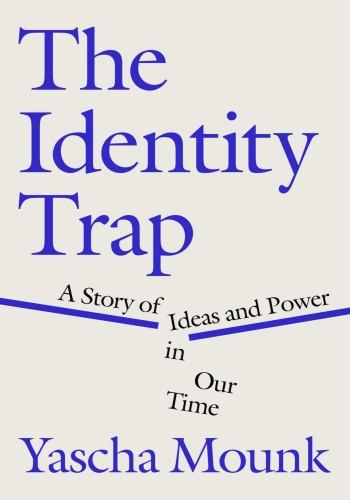
The Identity Trap: A Story of Ideas and Power in Our Time
by Yascha Mounk · 26 Sep 2023
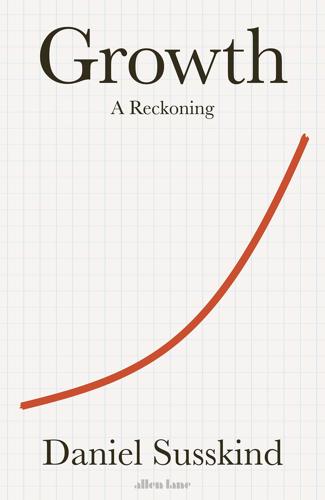
Growth: A Reckoning
by Daniel Susskind · 16 Apr 2024 · 358pp · 109,930 words
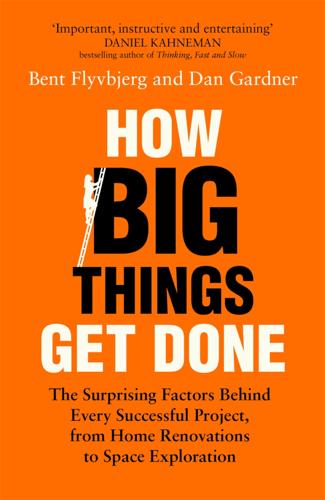
How Big Things Get Done: The Surprising Factors Behind Every Successful Project, From Home Renovations to Space Exploration
by Bent Flyvbjerg and Dan Gardner · 16 Feb 2023 · 353pp · 97,029 words

On Time and Water
by Andri Snaer Magnason · 15 Sep 2021 · 272pp · 77,108 words
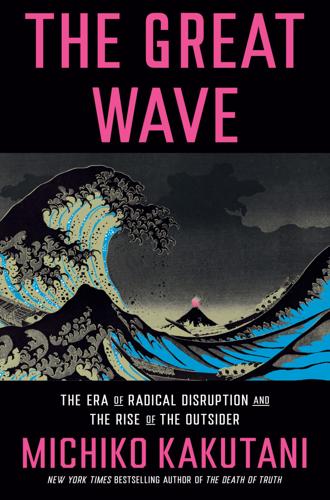
The Great Wave: The Era of Radical Disruption and the Rise of the Outsider
by Michiko Kakutani · 20 Feb 2024 · 262pp · 69,328 words

Arriving Today: From Factory to Front Door -- Why Everything Has Changed About How and What We Buy
by Christopher Mims · 13 Sep 2021 · 385pp · 112,842 words

The Secret War Between Downloading and Uploading: Tales of the Computer as Culture Machine
by Peter Lunenfeld · 31 Mar 2011 · 239pp · 56,531 words
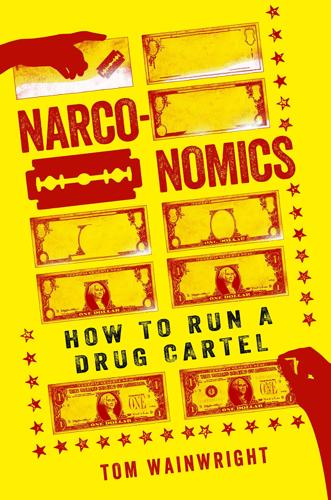
Narconomics: How to Run a Drug Cartel
by Tom Wainwright · 23 Feb 2016 · 325pp · 90,659 words

The Controlled Demolition of the American Empire
by Jeff Berwick and Charlie Robinson · 14 Apr 2020 · 491pp · 141,690 words

Dawn of the New Everything: Encounters With Reality and Virtual Reality
by Jaron Lanier · 21 Nov 2017 · 480pp · 123,979 words

Big Bucks: The Explosion of the Art Market in the 21st Century
by Georgina Adam · 14 Jun 2014 · 231pp · 60,546 words
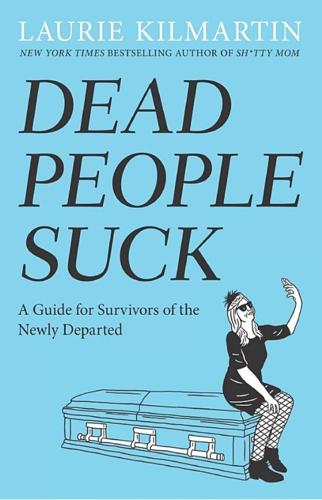
Dead People Suck: A Guide for Survivors of the Newly Departed
by Laurie Kilmartin · 13 Feb 2018 · 119pp · 36,128 words
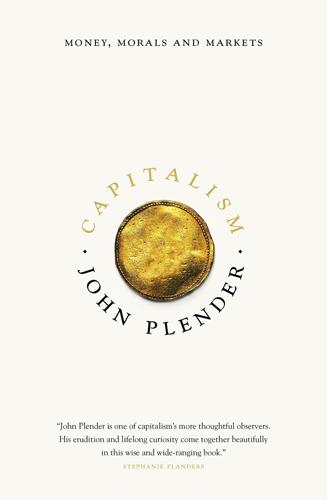
Capitalism: Money, Morals and Markets
by John Plender · 27 Jul 2015 · 355pp · 92,571 words
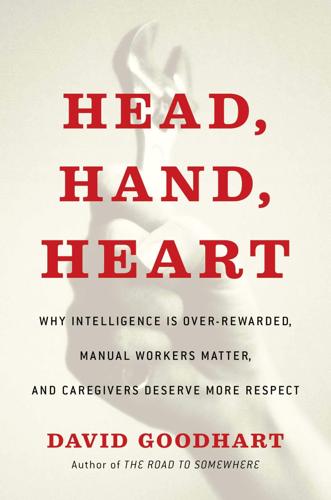
Head, Hand, Heart: Why Intelligence Is Over-Rewarded, Manual Workers Matter, and Caregivers Deserve More Respect
by David Goodhart · 7 Sep 2020 · 463pp · 115,103 words
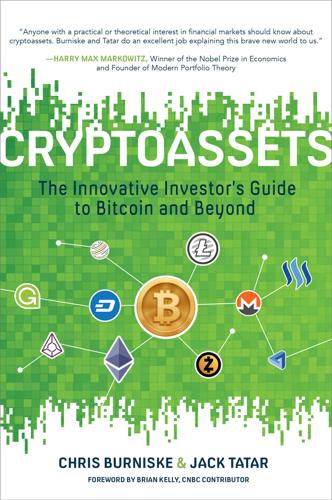
Cryptoassets: The Innovative Investor's Guide to Bitcoin and Beyond: The Innovative Investor's Guide to Bitcoin and Beyond
by Chris Burniske and Jack Tatar · 19 Oct 2017 · 416pp · 106,532 words
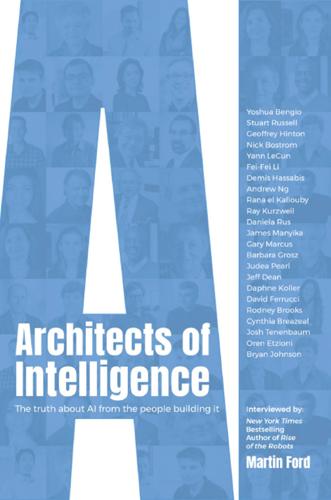
Architects of Intelligence
by Martin Ford · 16 Nov 2018 · 586pp · 186,548 words
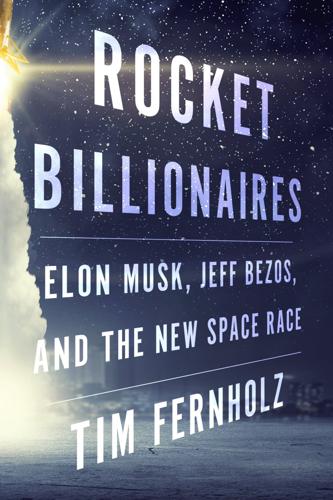
Rocket Billionaires: Elon Musk, Jeff Bezos, and the New Space Race
by Tim Fernholz · 20 Mar 2018 · 328pp · 96,141 words

The Best Interface Is No Interface: The Simple Path to Brilliant Technology (Voices That Matter)
by Golden Krishna · 10 Feb 2015 · 271pp · 62,538 words
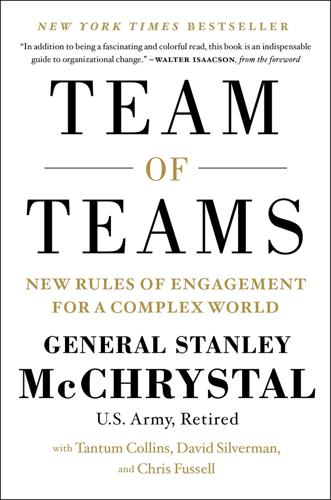
Team of Teams: New Rules of Engagement for a Complex World
by General Stanley McChrystal, Tantum Collins, David Silverman and Chris Fussell · 11 May 2015 · 409pp · 105,551 words
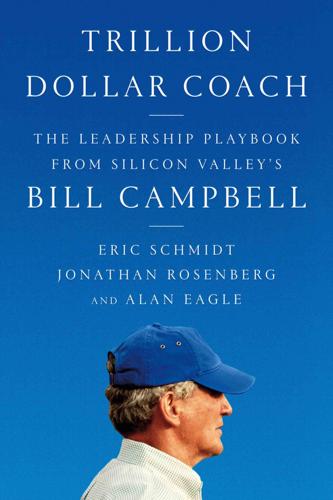
Trillion Dollar Coach: The Leadership Playbook of Silicon Valley's Bill Campbell
by Eric Schmidt, Jonathan Rosenberg and Alan Eagle · 15 Apr 2019 · 199pp · 56,243 words
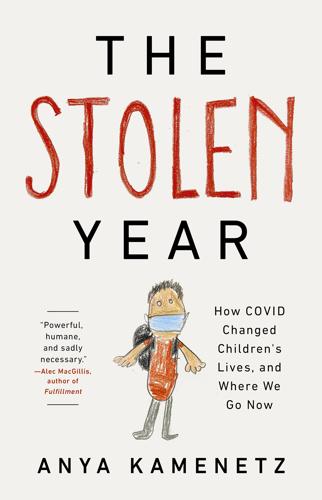
The Stolen Year
by Anya Kamenetz · 23 Aug 2022 · 347pp · 103,518 words
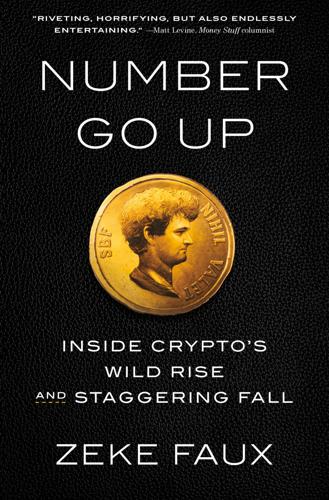
Number Go Up: Inside Crypto's Wild Rise and Staggering Fall
by Zeke Faux · 11 Sep 2023 · 385pp · 106,848 words
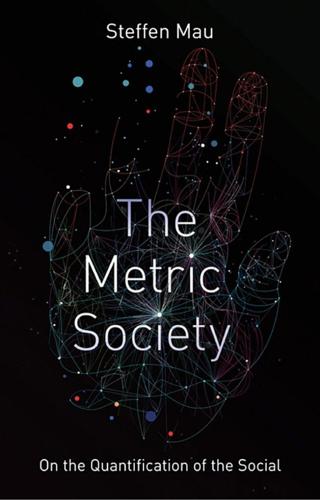
The Metric Society: On the Quantification of the Social
by Steffen Mau · 12 Jun 2017 · 254pp · 69,276 words
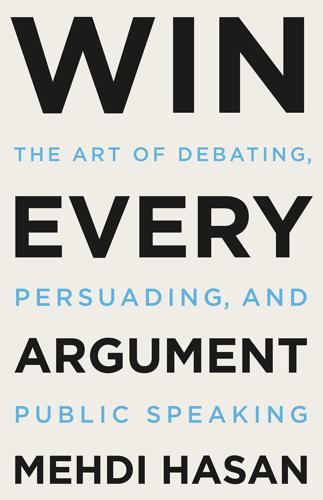
Win Every Argument: The Art of Debating, Persuading, and Public Speaking
by Mehdi Hasan · 27 Feb 2023 · 307pp · 93,073 words
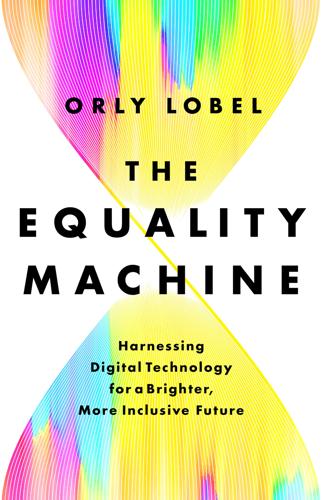
The Equality Machine: Harnessing Digital Technology for a Brighter, More Inclusive Future
by Orly Lobel · 17 Oct 2022 · 370pp · 112,809 words
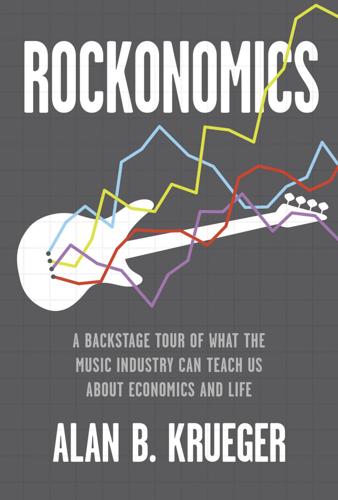
Rockonomics: A Backstage Tour of What the Music Industry Can Teach Us About Economics and Life
by Alan B. Krueger · 3 Jun 2019
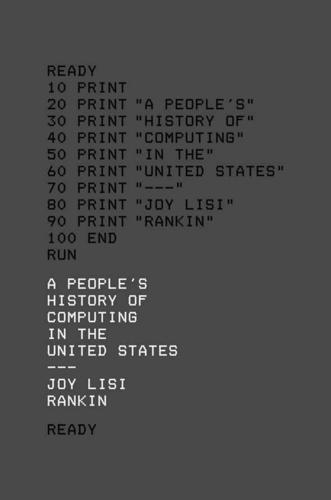
A People’s History of Computing in the United States
by Joy Lisi Rankin
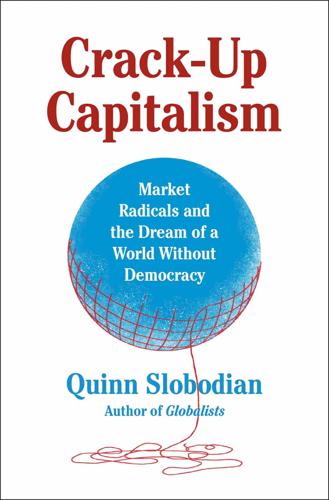
Crack-Up Capitalism: Market Radicals and the Dream of a World Without Democracy
by Quinn Slobodian · 4 Apr 2023 · 360pp · 107,124 words
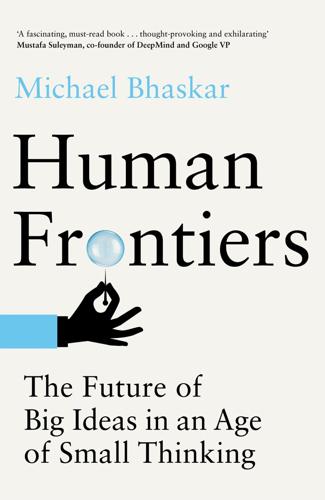
Human Frontiers: The Future of Big Ideas in an Age of Small Thinking
by Michael Bhaskar · 2 Nov 2021
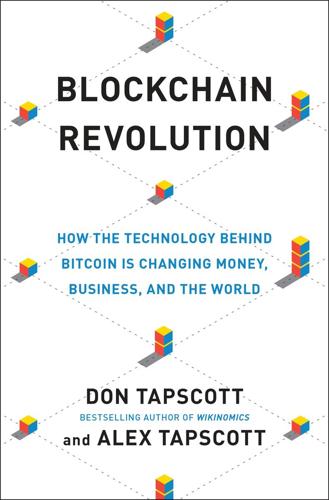
Blockchain Revolution: How the Technology Behind Bitcoin Is Changing Money, Business, and the World
by Don Tapscott and Alex Tapscott · 9 May 2016 · 515pp · 126,820 words
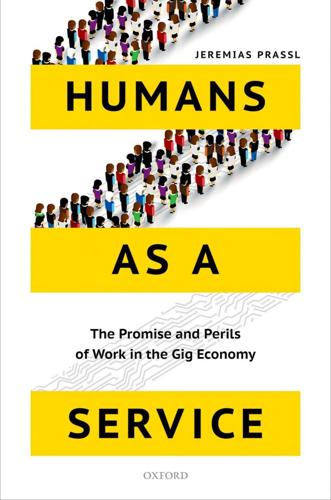
Humans as a Service: The Promise and Perils of Work in the Gig Economy
by Jeremias Prassl · 7 May 2018 · 491pp · 77,650 words
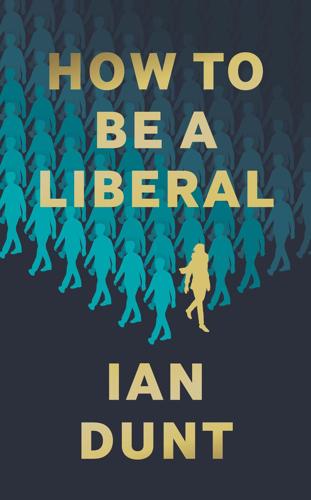
How to Be a Liberal: The Story of Liberalism and the Fight for Its Life
by Ian Dunt · 15 Oct 2020
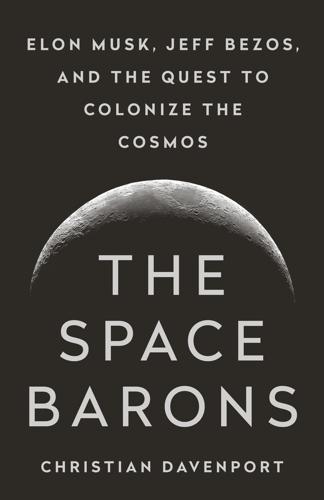
The Space Barons: Elon Musk, Jeff Bezos, and the Quest to Colonize the Cosmos
by Christian Davenport · 20 Mar 2018 · 390pp · 108,171 words
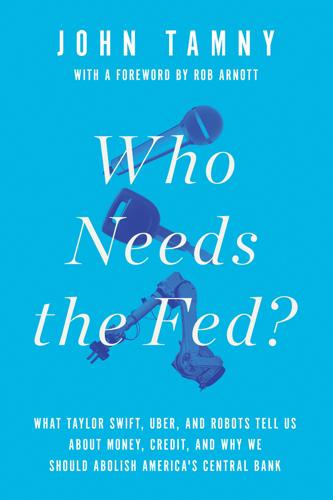
Who Needs the Fed?: What Taylor Swift, Uber, and Robots Tell Us About Money, Credit, and Why We Should Abolish America's Central Bank
by John Tamny · 30 Apr 2016 · 268pp · 74,724 words
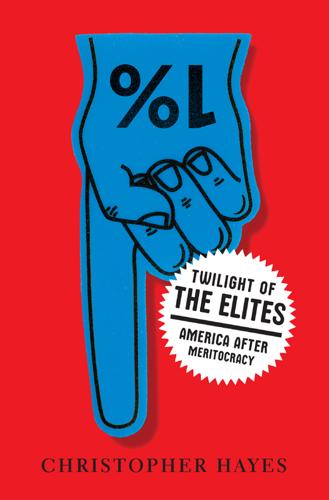
Twilight of the Elites: America After Meritocracy
by Chris Hayes · 11 Jun 2012 · 285pp · 86,174 words
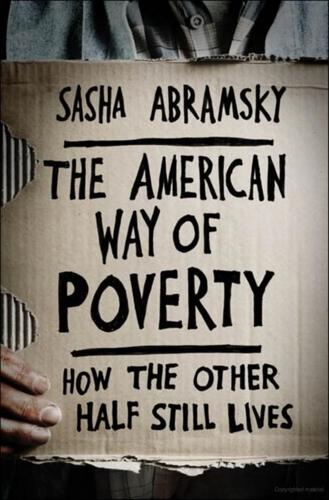
The American Way of Poverty: How the Other Half Still Lives
by Sasha Abramsky · 15 Mar 2013 · 406pp · 113,841 words
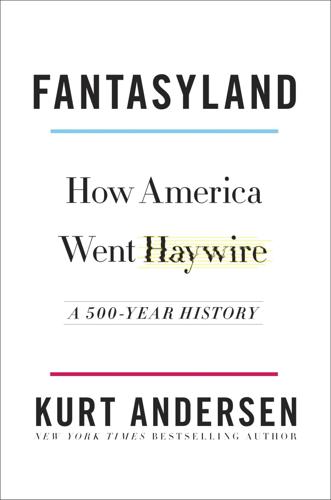
Fantasyland: How America Went Haywire: A 500-Year History
by Kurt Andersen · 4 Sep 2017 · 522pp · 162,310 words
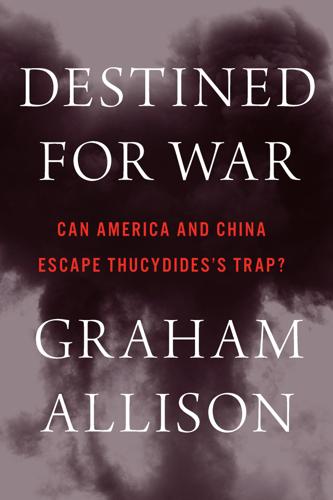
Destined for War: America, China, and Thucydides's Trap
by Graham Allison · 29 May 2017 · 518pp · 128,324 words
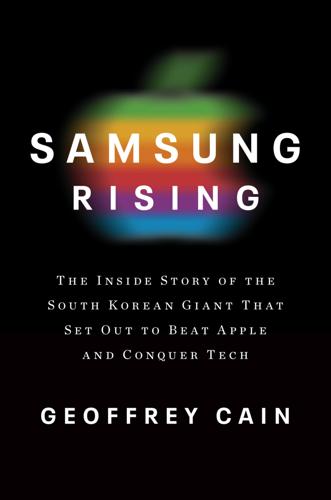
Samsung Rising: The Inside Story of the South Korean Giant That Set Out to Beat Apple and Conquer Tech
by Geoffrey Cain · 15 Mar 2020 · 540pp · 119,731 words
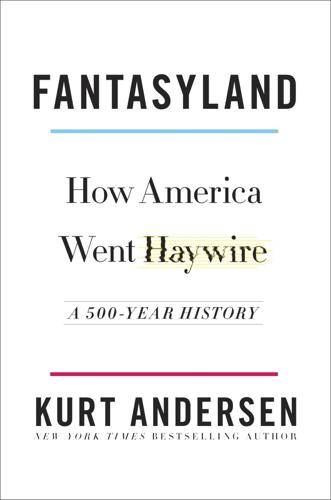
Fantasyland
by Kurt Andersen · 5 Sep 2017
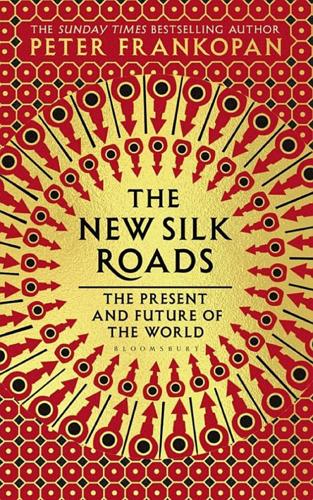
The New Silk Roads: The Present and Future of the World
by Peter Frankopan · 14 Jun 2018 · 352pp · 80,030 words

How Long Will Israel Survive Threat Wthn
by Gregg Carlstrom · 14 Oct 2017 · 337pp · 100,541 words
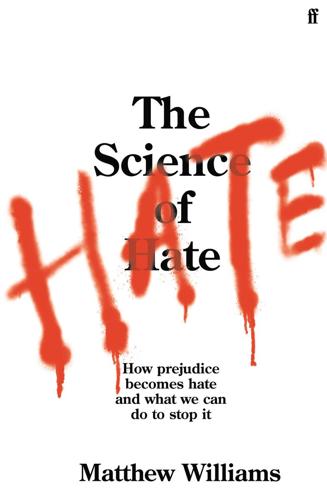
The Science of Hate: How Prejudice Becomes Hate and What We Can Do to Stop It
by Matthew Williams · 23 Mar 2021 · 592pp · 125,186 words
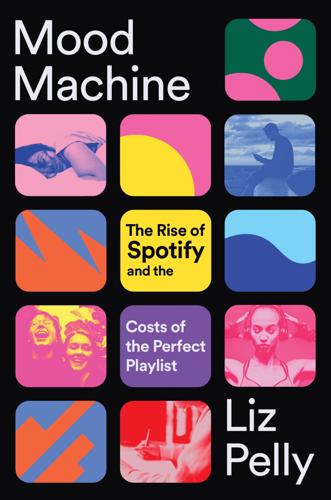
Mood Machine: The Rise of Spotify and the Costs of the Perfect Playlist
by Liz Pelly · 7 Jan 2025 · 293pp · 104,461 words
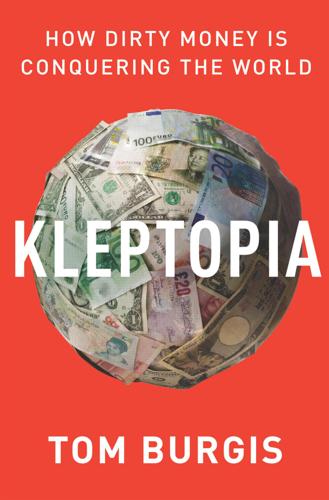
Kleptopia: How Dirty Money Is Conquering the World
by Tom Burgis · 7 Sep 2020 · 476pp · 139,761 words
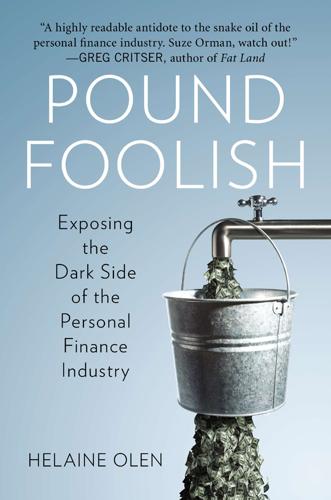
Pound Foolish: Exposing the Dark Side of the Personal Finance Industry
by Helaine Olen · 27 Dec 2012 · 375pp · 105,067 words
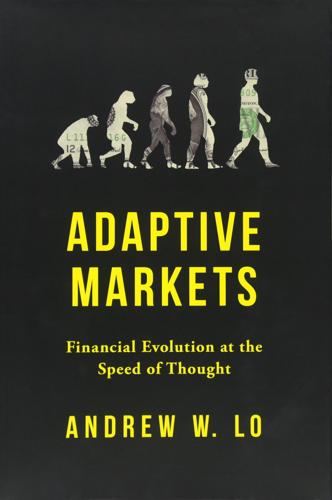
Adaptive Markets: Financial Evolution at the Speed of Thought
by Andrew W. Lo · 3 Apr 2017 · 733pp · 179,391 words
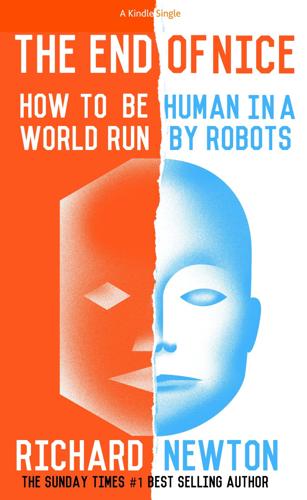
The End of Nice: How to Be Human in a World Run by Robots (Kindle Single)
by Richard Newton · 11 Apr 2015 · 94pp · 26,453 words
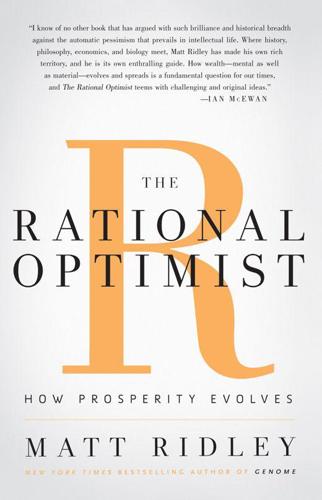
The Rational Optimist: How Prosperity Evolves
by Matt Ridley · 17 May 2010 · 462pp · 150,129 words
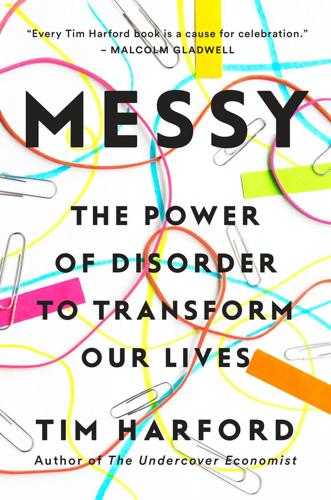
Messy: The Power of Disorder to Transform Our Lives
by Tim Harford · 3 Oct 2016 · 349pp · 95,972 words
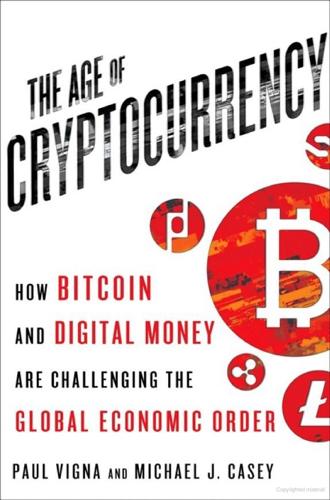
The Age of Cryptocurrency: How Bitcoin and Digital Money Are Challenging the Global Economic Order
by Paul Vigna and Michael J. Casey · 27 Jan 2015 · 457pp · 128,838 words
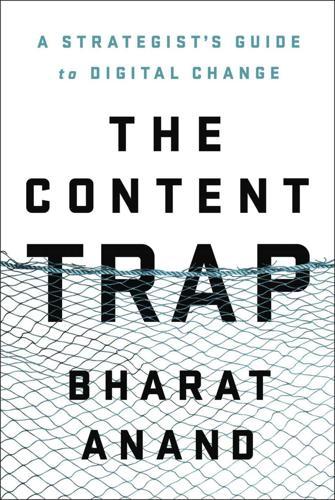
The Content Trap: A Strategist's Guide to Digital Change
by Bharat Anand · 17 Oct 2016 · 554pp · 149,489 words
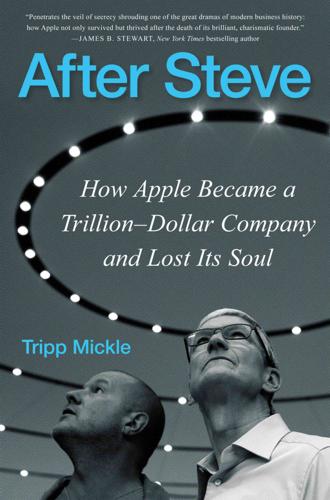
After Steve: How Apple Became a Trillion-Dollar Company and Lost Its Soul
by Tripp Mickle · 2 May 2022 · 535pp · 149,752 words
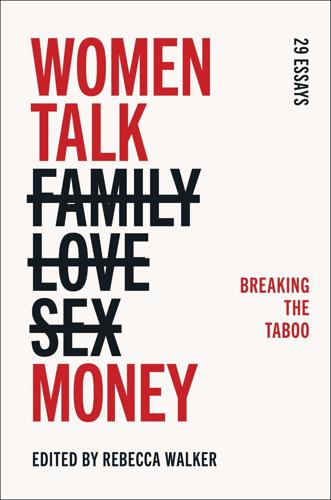
Women Talk Money: Breaking the Taboo
by Rebecca Walker · 15 Mar 2022 · 322pp · 106,663 words
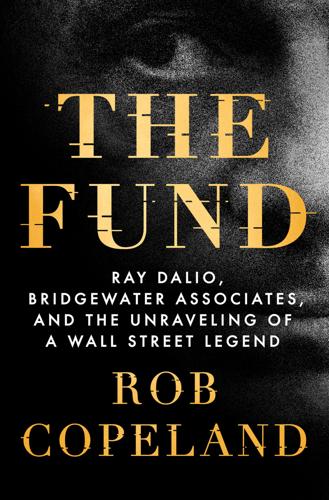
The Fund: Ray Dalio, Bridgewater Associates, and the Unraveling of a Wall Street Legend
by Rob Copeland · 7 Nov 2023 · 412pp · 122,655 words
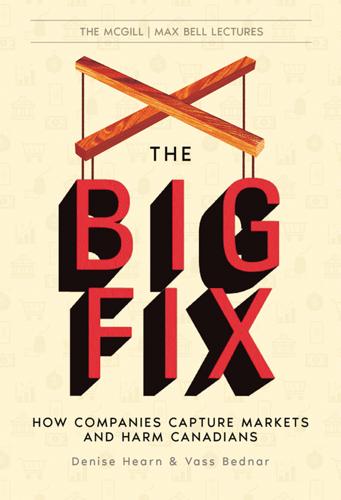
The Big Fix: How Companies Capture Markets and Harm Canadians
by Denise Hearn and Vass Bednar · 14 Oct 2024 · 175pp · 46,192 words
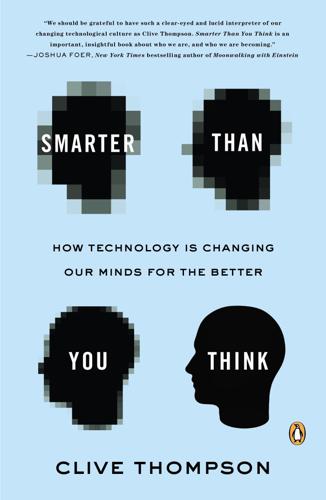
Smarter Than You Think: How Technology Is Changing Our Minds for the Better
by Clive Thompson · 11 Sep 2013 · 397pp · 110,130 words
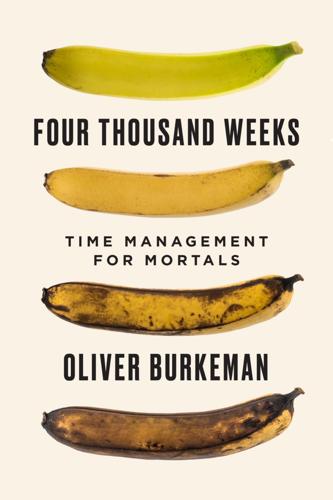
Four Thousand Weeks: Time Management for Mortals
by Oliver Burkeman · 9 Aug 2021 · 206pp · 68,757 words
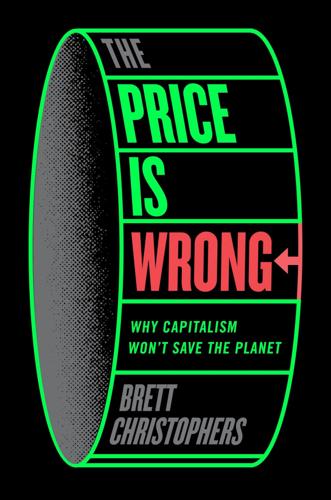
The Price Is Wrong: Why Capitalism Won't Save the Planet
by Brett Christophers · 12 Mar 2024 · 557pp · 154,324 words
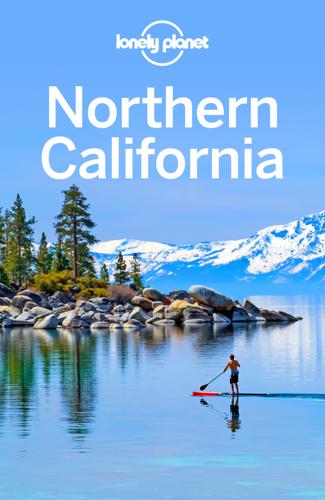
Northern California Travel Guide
by Lonely Planet
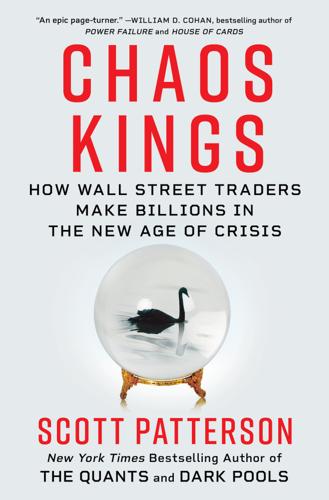
Chaos Kings: How Wall Street Traders Make Billions in the New Age of Crisis
by Scott Patterson · 5 Jun 2023 · 289pp · 95,046 words
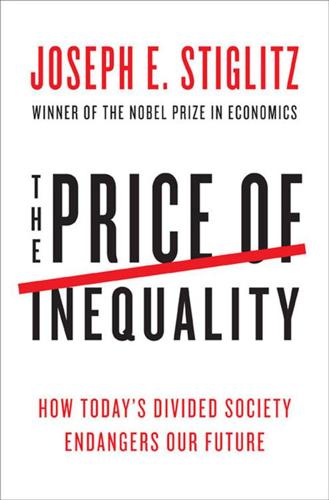
The Price of Inequality: How Today's Divided Society Endangers Our Future
by Joseph E. Stiglitz · 10 Jun 2012 · 580pp · 168,476 words

The Pandemic Century: One Hundred Years of Panic, Hysteria, and Hubris
by Mark Honigsbaum · 8 Apr 2019 · 529pp · 150,263 words
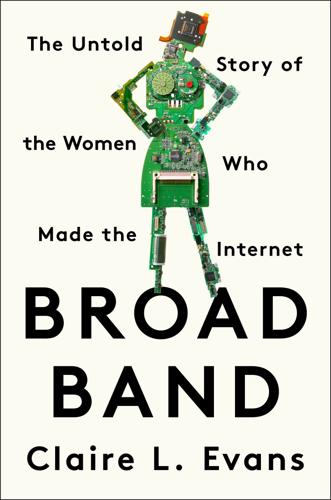
Broad Band: The Untold Story of the Women Who Made the Internet
by Claire L. Evans · 6 Mar 2018 · 371pp · 93,570 words
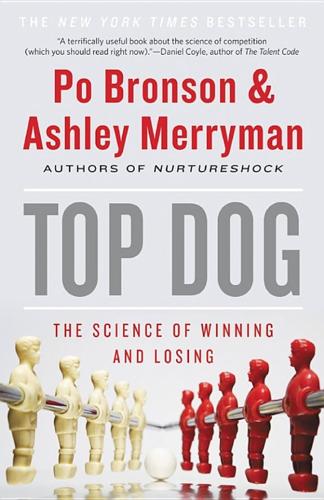
Top Dog: The Science of Winning and Losing
by Po Bronson and Ashley Merryman · 19 Feb 2013 · 407pp · 109,653 words

Bourgeois Dignity: Why Economics Can't Explain the Modern World
by Deirdre N. McCloskey · 15 Nov 2011 · 1,205pp · 308,891 words
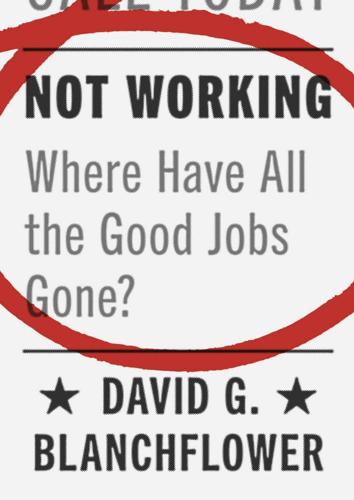
Not Working: Where Have All the Good Jobs Gone?
by David G. Blanchflower · 12 Apr 2021 · 566pp · 160,453 words
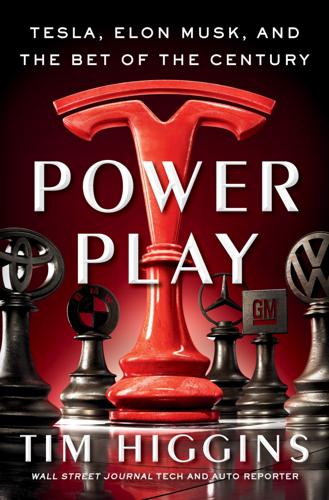
Power Play: Tesla, Elon Musk, and the Bet of the Century
by Tim Higgins · 2 Aug 2021 · 430pp · 135,418 words
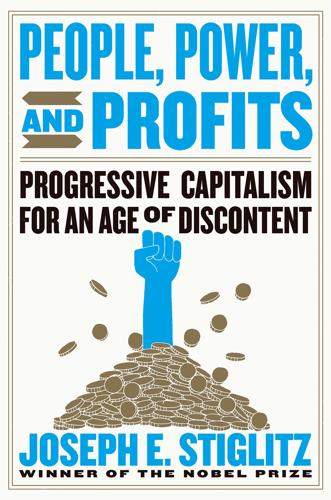
People, Power, and Profits: Progressive Capitalism for an Age of Discontent
by Joseph E. Stiglitz · 22 Apr 2019 · 462pp · 129,022 words
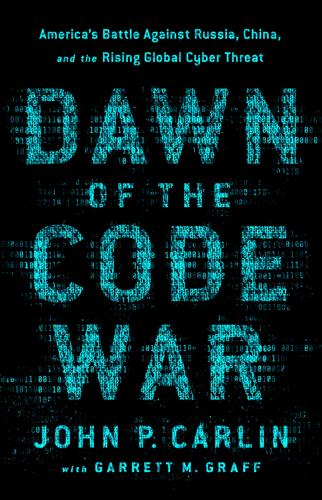
Dawn of the Code War: America's Battle Against Russia, China, and the Rising Global Cyber Threat
by John P. Carlin and Garrett M. Graff · 15 Oct 2018 · 568pp · 164,014 words
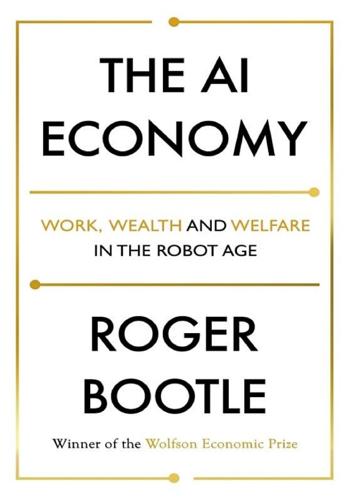
The AI Economy: Work, Wealth and Welfare in the Robot Age
by Roger Bootle · 4 Sep 2019 · 374pp · 111,284 words
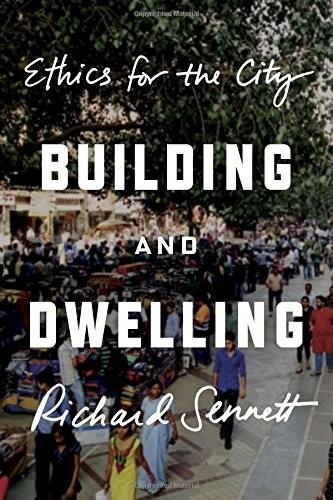
Building and Dwelling: Ethics for the City
by Richard Sennett · 9 Apr 2018
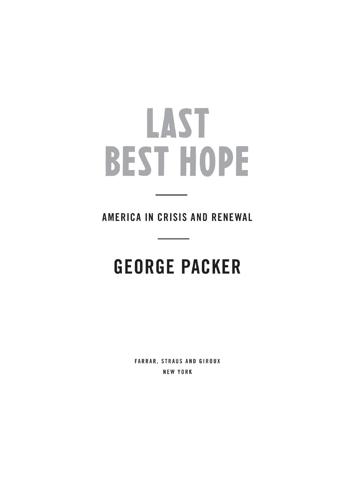
Last Best Hope: America in Crisis and Renewal
by George Packer · 14 Jun 2021 · 173pp · 55,328 words
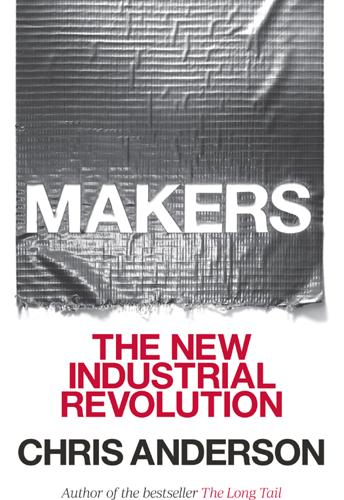
Makers
by Chris Anderson · 1 Oct 2012 · 238pp · 73,824 words
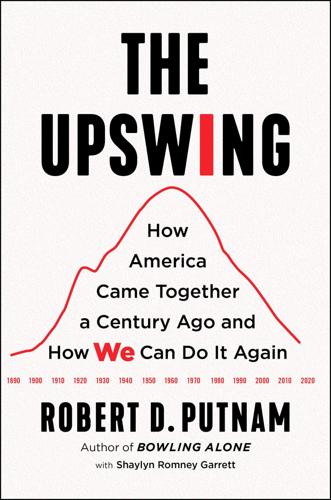
The Upswing: How America Came Together a Century Ago and How We Can Do It Again
by Robert D. Putnam · 12 Oct 2020 · 678pp · 160,676 words
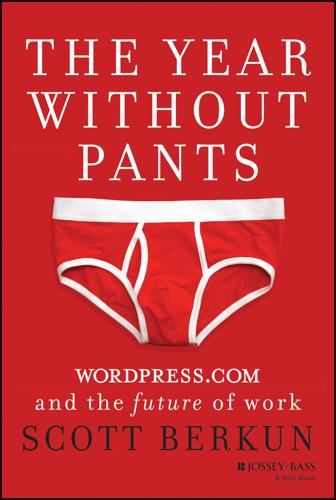
The Year Without Pants: Wordpress.com and the Future of Work
by Scott Berkun · 9 Sep 2013 · 361pp · 76,849 words
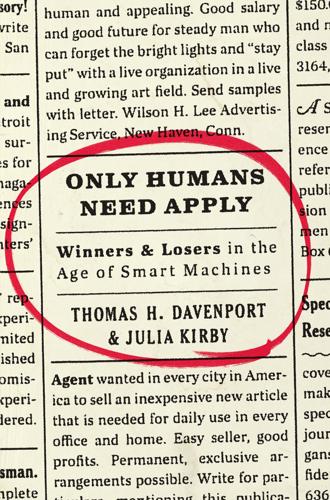
Only Humans Need Apply: Winners and Losers in the Age of Smart Machines
by Thomas H. Davenport and Julia Kirby · 23 May 2016 · 347pp · 97,721 words
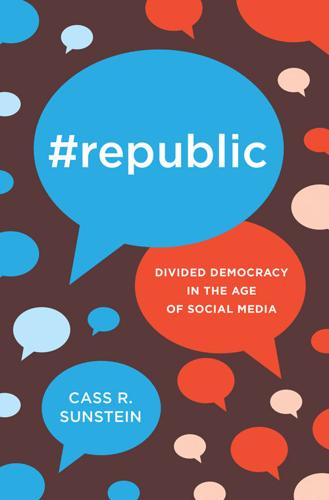
#Republic: Divided Democracy in the Age of Social Media
by Cass R. Sunstein · 7 Mar 2017 · 437pp · 105,934 words
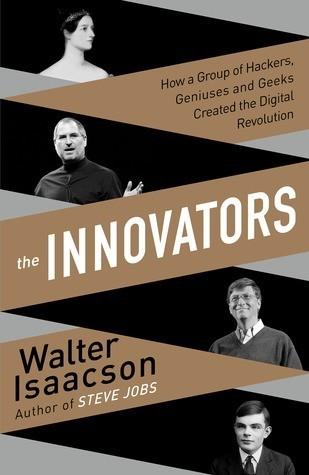
The Innovators: How a Group of Inventors, Hackers, Geniuses and Geeks Created the Digital Revolution
by Walter Isaacson · 6 Oct 2014 · 720pp · 197,129 words

The Clock Mirage: Our Myth of Measured Time
by Joseph Mazur · 20 Apr 2020 · 283pp · 85,906 words
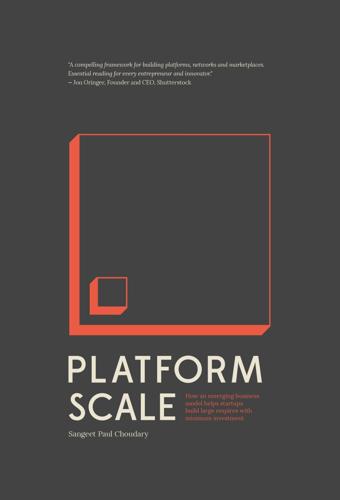
Platform Scale: How an Emerging Business Model Helps Startups Build Large Empires With Minimum Investment
by Sangeet Paul Choudary · 14 Sep 2015 · 302pp · 73,581 words

Saudi America: The Truth About Fracking and How It's Changing the World
by Bethany McLean · 10 Sep 2018
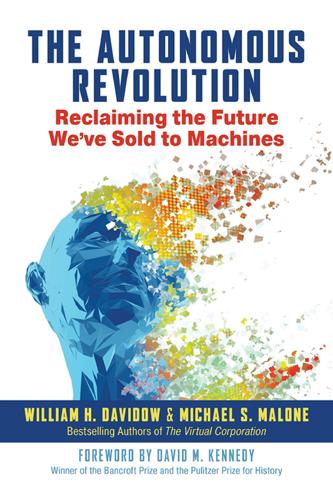
The Autonomous Revolution: Reclaiming the Future We’ve Sold to Machines
by William Davidow and Michael Malone · 18 Feb 2020 · 304pp · 80,143 words
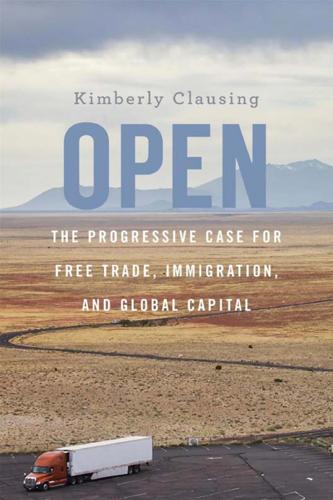
Open: The Progressive Case for Free Trade, Immigration, and Global Capital
by Kimberly Clausing · 4 Mar 2019 · 555pp · 80,635 words
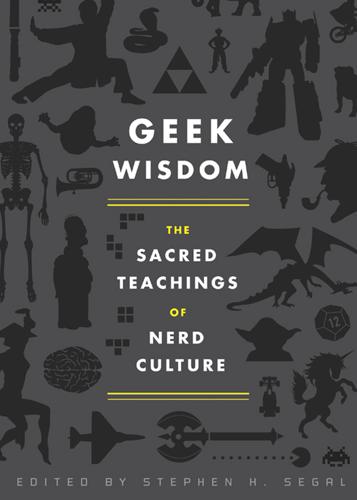
Geek Wisdom
by Stephen H. Segal · 2 Aug 2011
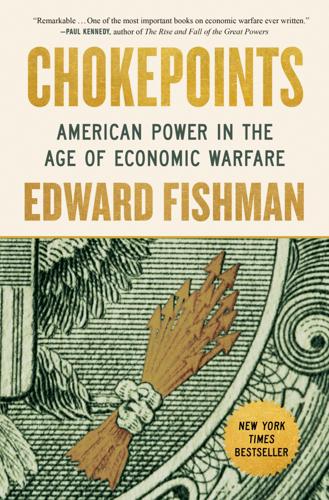
Chokepoints: American Power in the Age of Economic Warfare
by Edward Fishman · 25 Feb 2025 · 884pp · 221,861 words
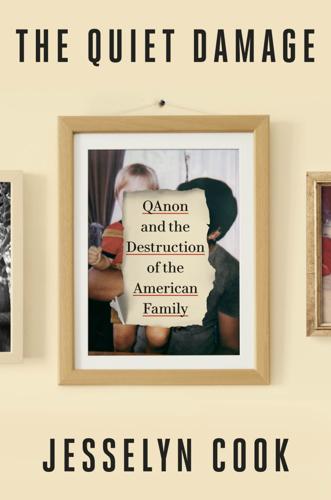
The Quiet Damage: QAnon and the Destruction of the American Family
by Jesselyn Cook · 22 Jul 2024 · 321pp · 95,778 words
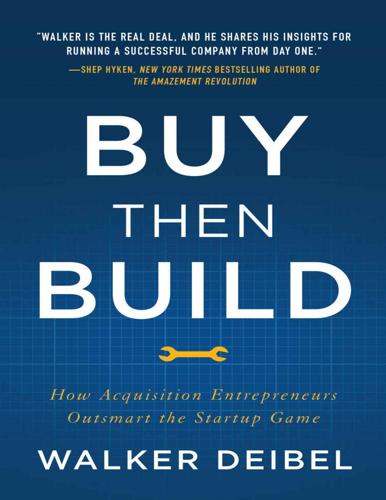
Buy Then Build: How Acquisition Entrepreneurs Outsmart the Startup Game
by Walker Deibel · 19 Oct 2018
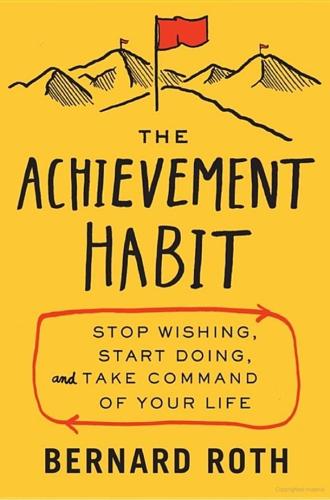
The Achievement Habit: Stop Wishing, Start Doing, and Take Command of Your Life
by Bernard Roth · 6 Jul 2015 · 231pp · 73,818 words
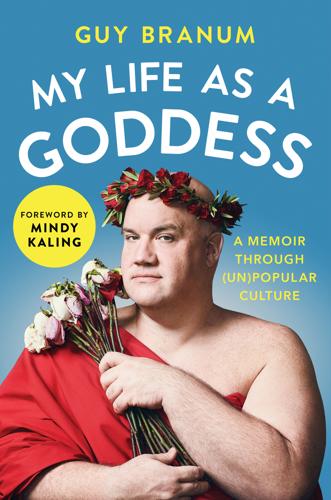
My Life as a Goddess: A Memoir Through (Un)Popular Culture
by Guy Branum · 29 Jul 2018 · 301pp · 100,597 words
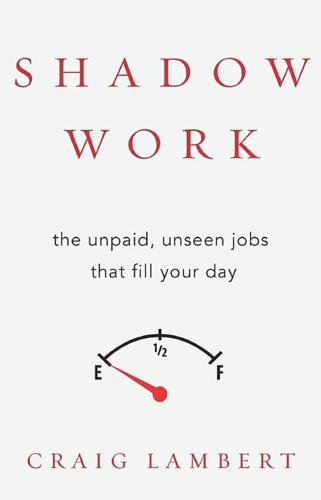
Shadow Work: The Unpaid, Unseen Jobs That Fill Your Day
by Craig Lambert · 30 Apr 2015 · 229pp · 72,431 words
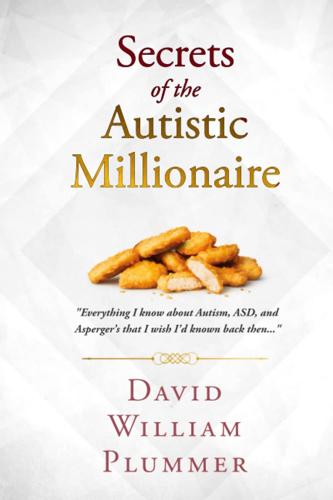
Secrets of the Autistic Millionaire: Everything I Know Now About Autism and Asperger's That I Wish I'd Known Then
by David William Plummer · 14 Sep 2021
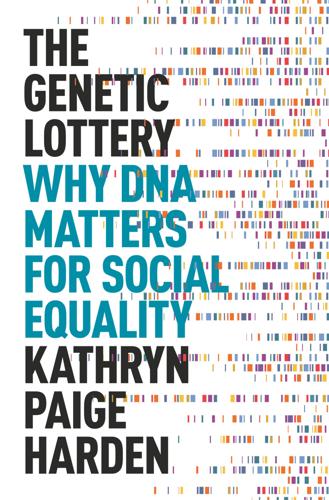
The Genetic Lottery: Why DNA Matters for Social Equality
by Kathryn Paige Harden · 20 Sep 2021 · 375pp · 102,166 words

Future Sex
by Emily Witt · 10 Oct 2016 · 197pp · 64,958 words
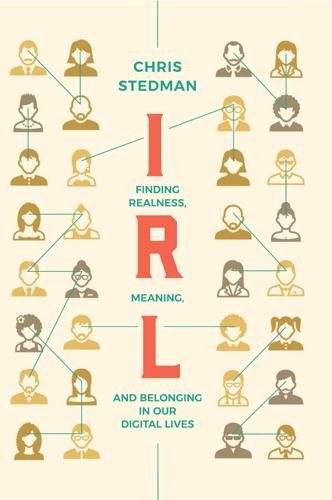
IRL: Finding Realness, Meaning, and Belonging in Our Digital Lives
by Chris Stedman · 19 Oct 2020 · 307pp · 101,998 words
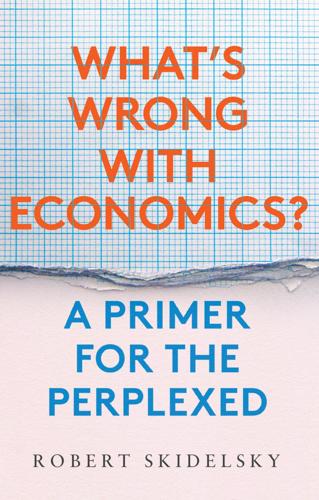
What's Wrong With Economics: A Primer for the Perplexed
by Robert Skidelsky · 3 Mar 2020 · 290pp · 76,216 words
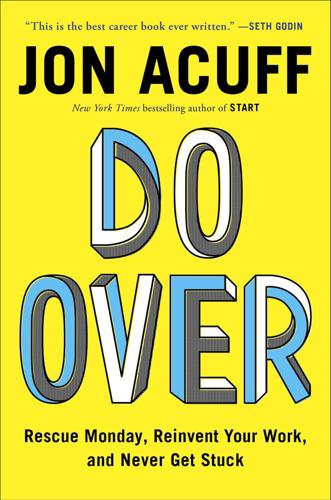
Do Over: Rescue Monday, Reinvent Your Work, and Never Get Stuck
by Jon Acuff · 6 Apr 2015 · 243pp · 74,452 words
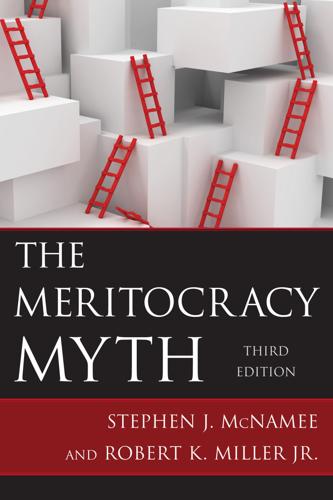
The Meritocracy Myth
by Stephen J. McNamee · 17 Jul 2013 · 440pp · 108,137 words
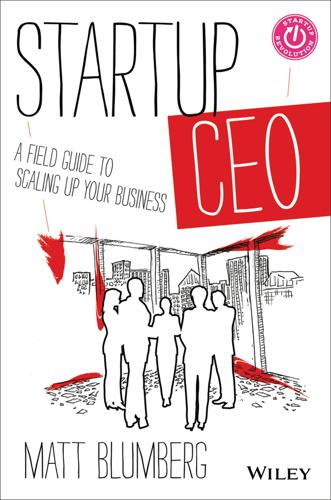
Startup CEO: A Field Guide to Scaling Up Your Business, + Website
by Matt Blumberg · 13 Aug 2013 · 561pp · 114,843 words
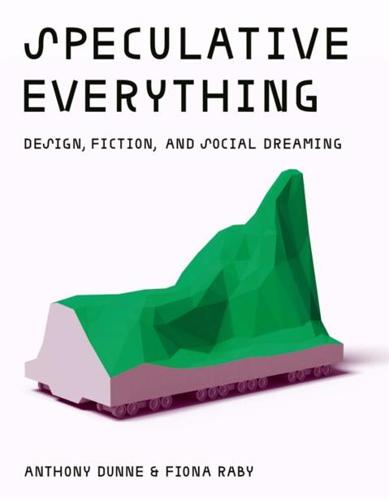
Speculative Everything: Design, Fiction, and Social Dreaming
by Anthony Dunne and Fiona Raby · 22 Nov 2013 · 165pp · 45,397 words
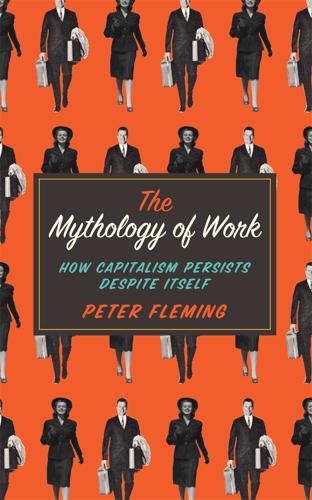
Mythology of Work: How Capitalism Persists Despite Itself
by Peter Fleming · 14 Jun 2015 · 320pp · 86,372 words
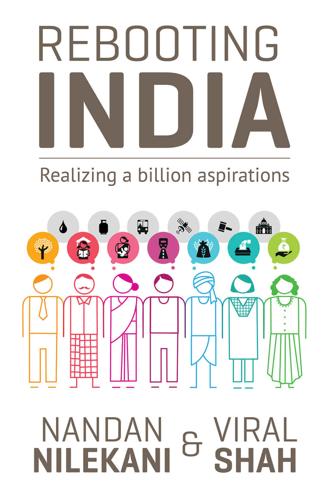
Rebooting India: Realizing a Billion Aspirations
by Nandan Nilekani · 4 Feb 2016 · 332pp · 100,601 words
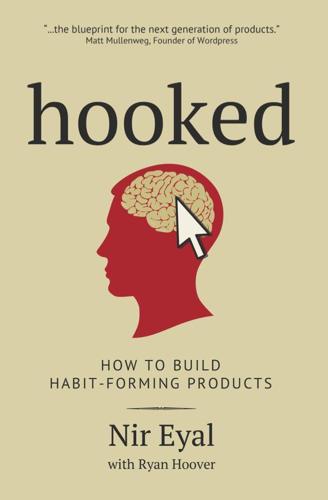
Hooked: How to Build Habit-Forming Products
by Nir Eyal · 26 Dec 2013 · 199pp · 43,653 words
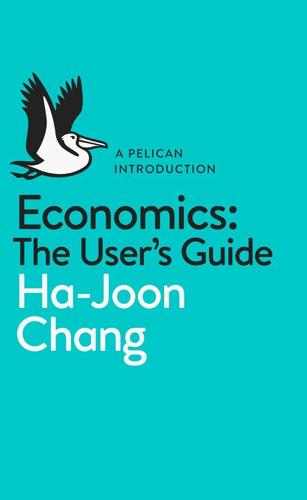
A Pelican Introduction Economics: A User's Guide
by Ha-Joon Chang · 26 May 2014 · 385pp · 111,807 words

Silk Road
by Eileen Ormsby · 1 Nov 2014 · 269pp · 79,285 words
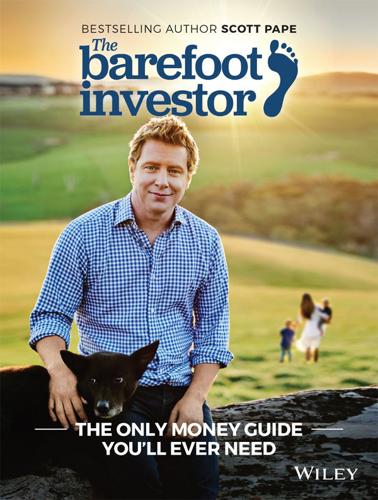
The Barefoot Investor: The Only Money Guide You'll Ever Need
by Scott Pape · 22 Nov 2016 · 229pp · 64,697 words
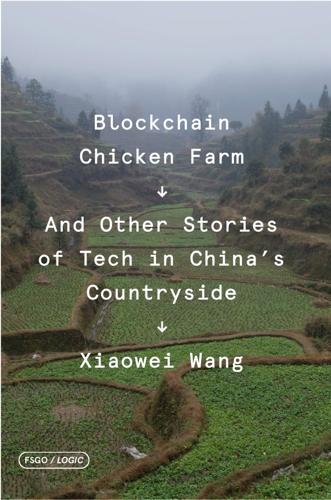
Blockchain Chicken Farm: And Other Stories of Tech in China's Countryside
by Xiaowei Wang · 12 Oct 2020 · 196pp · 61,981 words
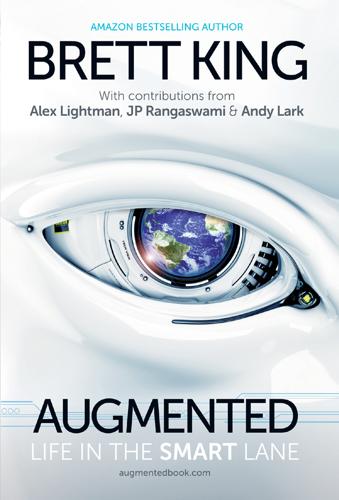
Augmented: Life in the Smart Lane
by Brett King · 5 May 2016 · 385pp · 111,113 words

The Minimalist Home: A Room-By-Room Guide to a Decluttered, Refocused Life
by Joshua Becker · 18 Dec 2018 · 238pp · 67,971 words
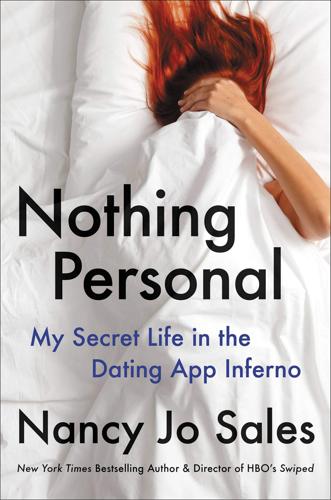
Nothing Personal: My Secret Life in the Dating App Inferno
by Nancy Jo Sales · 17 May 2021 · 445pp · 135,648 words
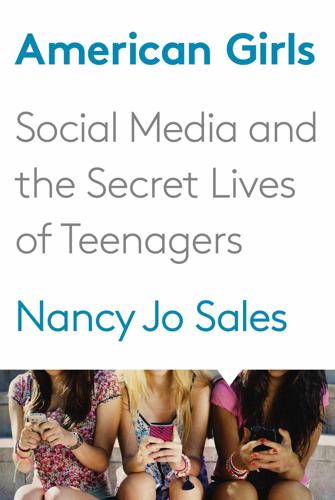
American Girls: Social Media and the Secret Lives of Teenagers
by Nancy Jo Sales · 23 Feb 2016 · 487pp · 147,238 words
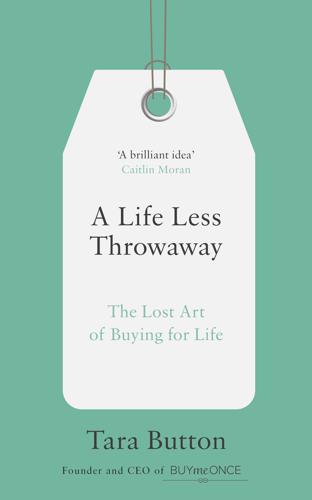
A Life Less Throwaway: The Lost Art of Buying for Life
by Tara Button · 8 Feb 2018 · 315pp · 81,433 words
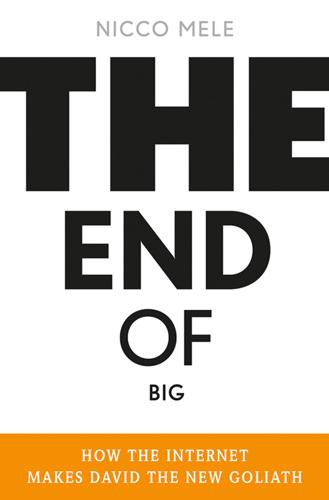
The End of Big: How the Internet Makes David the New Goliath
by Nicco Mele · 14 Apr 2013 · 270pp · 79,992 words
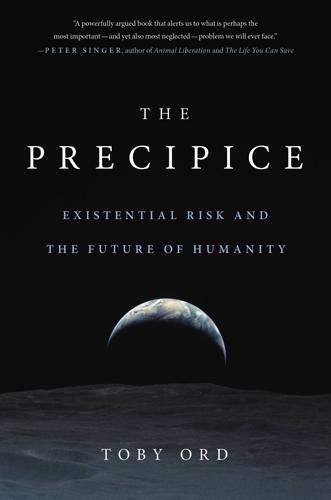
The Precipice: Existential Risk and the Future of Humanity
by Toby Ord · 24 Mar 2020 · 513pp · 152,381 words
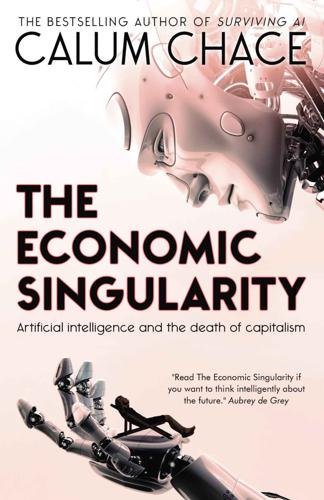
The Economic Singularity: Artificial Intelligence and the Death of Capitalism
by Calum Chace · 17 Jul 2016 · 477pp · 75,408 words
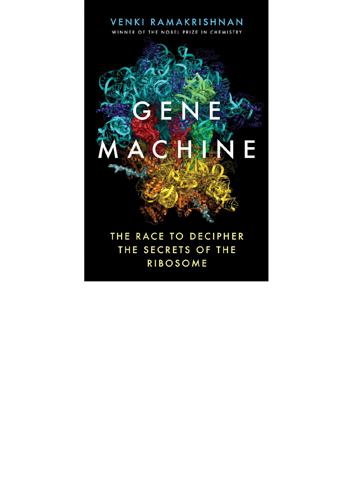
The Gene Machine
by Venki Ramakrishnan
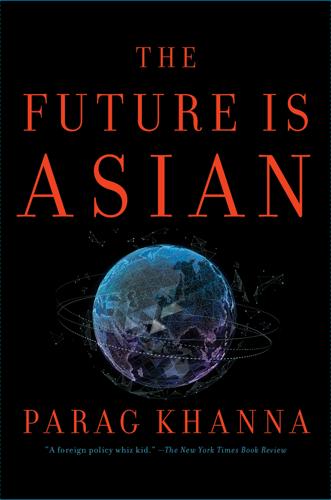
The Future Is Asian
by Parag Khanna · 5 Feb 2019 · 496pp · 131,938 words
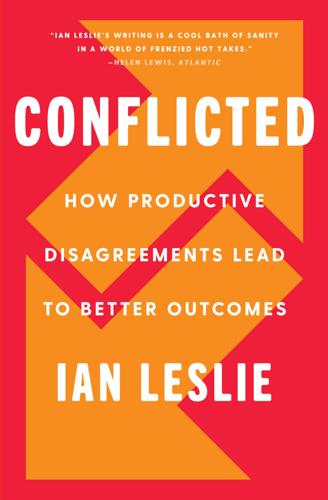
Conflicted: How Productive Disagreements Lead to Better Outcomes
by Ian Leslie · 23 Feb 2021 · 280pp · 82,393 words
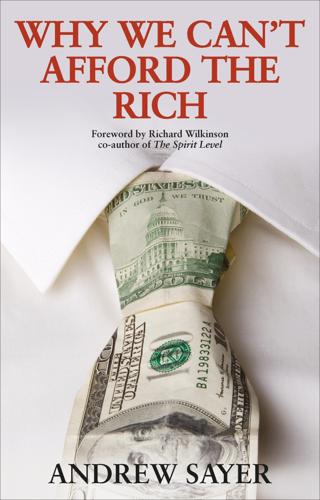
Why We Can't Afford the Rich
by Andrew Sayer · 6 Nov 2014 · 504pp · 143,303 words
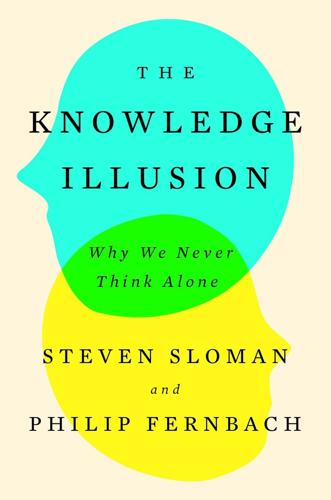
The Knowledge Illusion
by Steven Sloman · 10 Feb 2017 · 313pp · 91,098 words
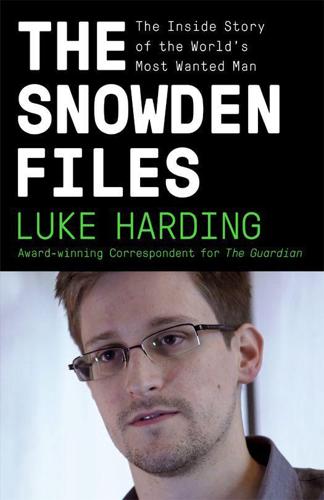
The Snowden Files: The Inside Story of the World's Most Wanted Man
by Luke Harding · 7 Feb 2014 · 266pp · 80,018 words
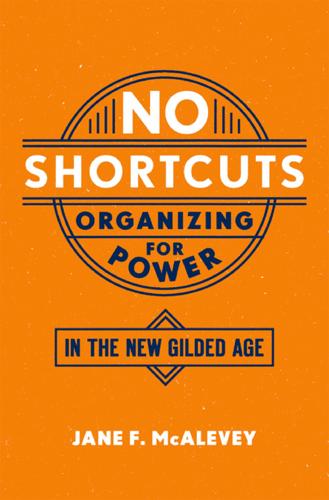
No Shortcuts: Organizing for Power in the New Gilded Age
by Jane F. McAlevey · 14 Apr 2016 · 423pp · 92,798 words

A Bit of a Stretch: The Diaries of a Prisoner
by Chris Atkins · 6 Feb 2020 · 335pp · 98,847 words
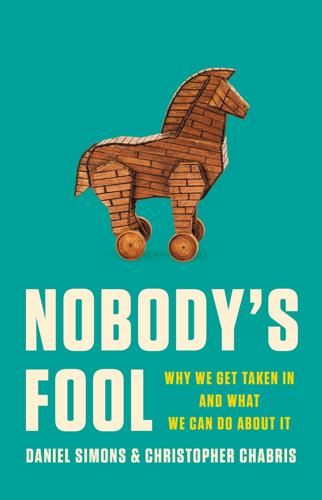
Nobody's Fool: Why We Get Taken in and What We Can Do About It
by Daniel Simons and Christopher Chabris · 10 Jul 2023 · 338pp · 104,815 words
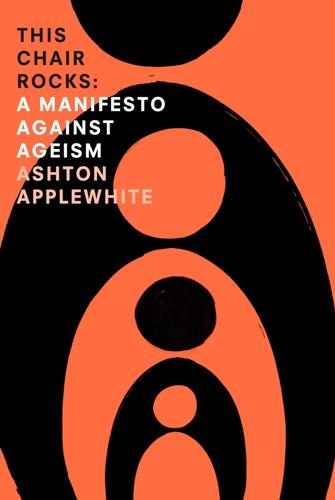
This Chair Rocks: A Manifiesto Against Ageism
by Ashton Applewhite · 10 Feb 2016 · 312pp · 84,421 words
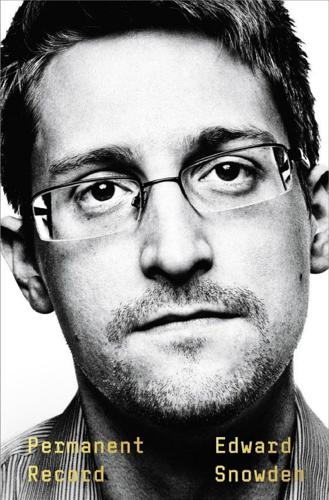
Permanent Record
by Edward Snowden · 16 Sep 2019 · 324pp · 106,699 words
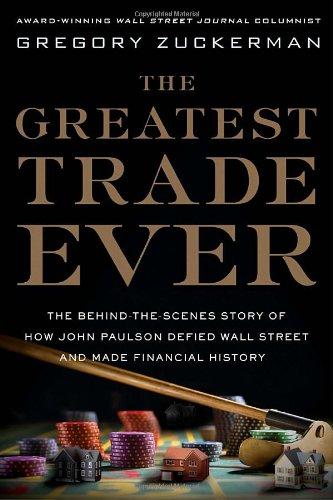
The greatest trade ever: the behind-the-scenes story of how John Paulson defied Wall Street and made financial history
by Gregory Zuckerman · 3 Nov 2009 · 342pp · 99,390 words
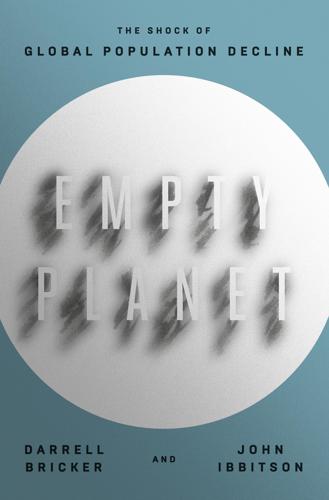
Empty Planet: The Shock of Global Population Decline
by Darrell Bricker and John Ibbitson · 5 Feb 2019 · 280pp · 83,299 words
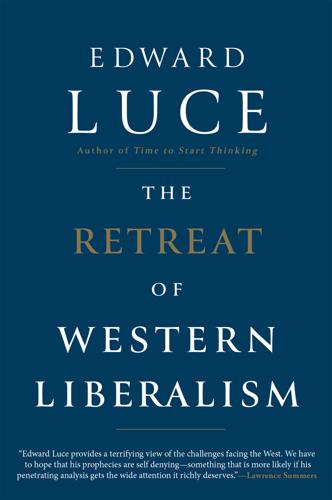
The Retreat of Western Liberalism
by Edward Luce · 20 Apr 2017 · 223pp · 58,732 words
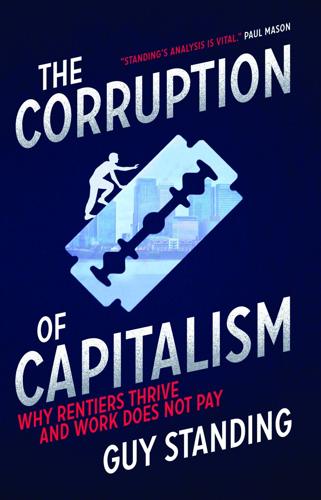
The Corruption of Capitalism: Why Rentiers Thrive and Work Does Not Pay
by Guy Standing · 13 Jul 2016 · 443pp · 98,113 words
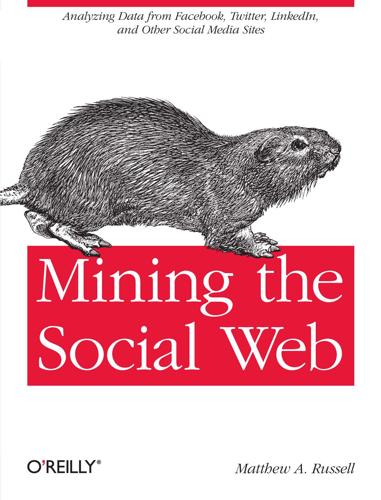
Mining the Social Web: Finding Needles in the Social Haystack
by Matthew A. Russell · 15 Jan 2011 · 541pp · 109,698 words
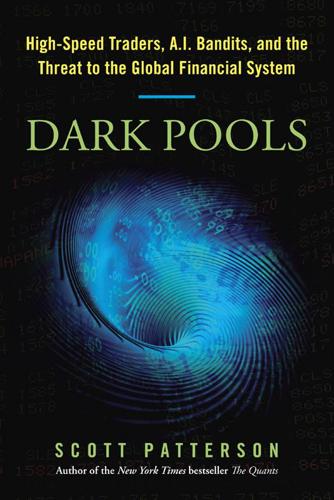
Dark Pools: The Rise of the Machine Traders and the Rigging of the U.S. Stock Market
by Scott Patterson · 11 Jun 2012 · 356pp · 105,533 words
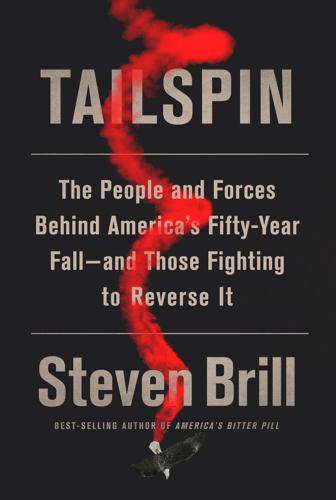
Tailspin: The People and Forces Behind America's Fifty-Year Fall--And Those Fighting to Reverse It
by Steven Brill · 28 May 2018 · 519pp · 155,332 words
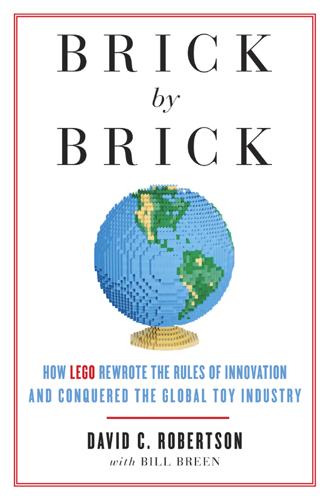
Brick by Brick: How LEGO Rewrote the Rules of Innovation and Conquered the Global Toy Industry
by David Robertson and Bill Breen · 24 Jun 2013 · 282pp · 88,320 words
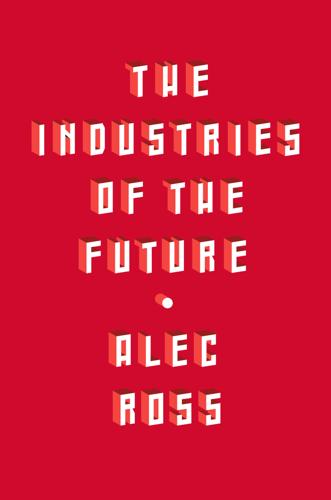
The Industries of the Future
by Alec Ross · 2 Feb 2016 · 364pp · 99,897 words
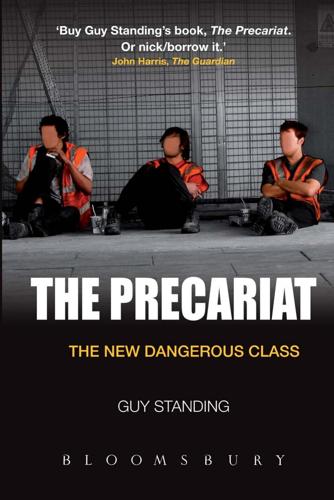
The Precariat: The New Dangerous Class
by Guy Standing · 27 Feb 2011 · 209pp · 89,619 words
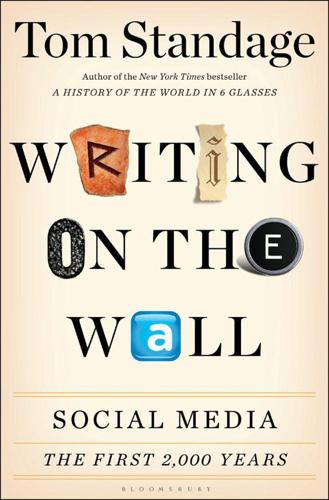
Writing on the Wall: Social Media - the First 2,000 Years
by Tom Standage · 14 Oct 2013 · 290pp · 94,968 words
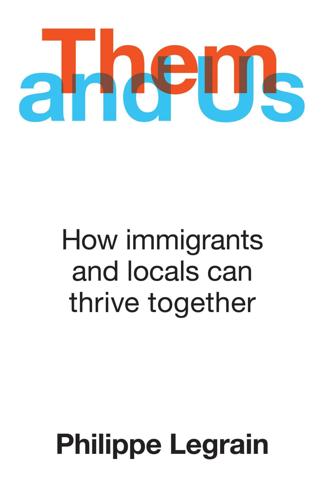
Them and Us: How Immigrants and Locals Can Thrive Together
by Philippe Legrain · 14 Oct 2020 · 521pp · 110,286 words
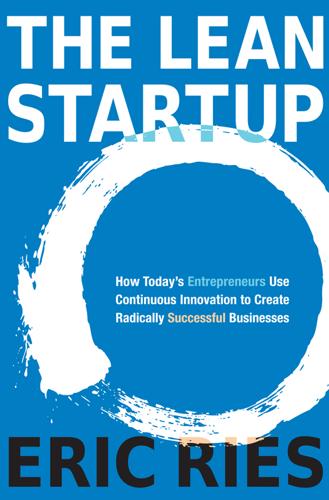
The Lean Startup: How Today’s Entrepreneurs Use Continuous Innovation to Create Radically Successful Businesses
by Eric Ries · 13 Sep 2011 · 278pp · 83,468 words
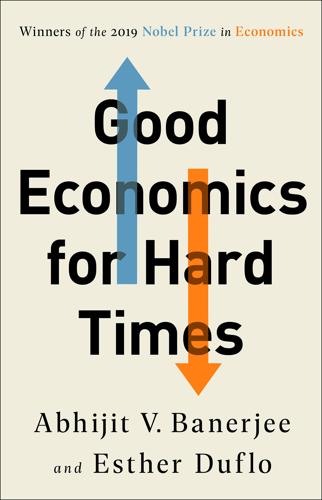
Good Economics for Hard Times: Better Answers to Our Biggest Problems
by Abhijit V. Banerjee and Esther Duflo · 12 Nov 2019 · 470pp · 148,730 words
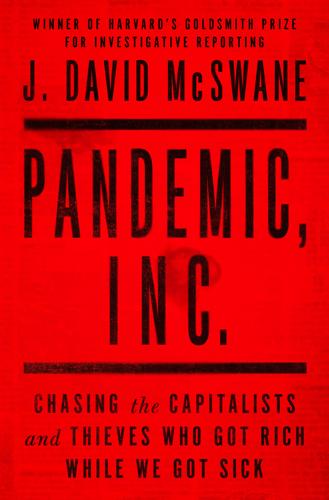
Pandemic, Inc.: Chasing the Capitalists and Thieves Who Got Rich While We Got Sick
by J. David McSwane · 11 Apr 2022 · 368pp · 102,379 words
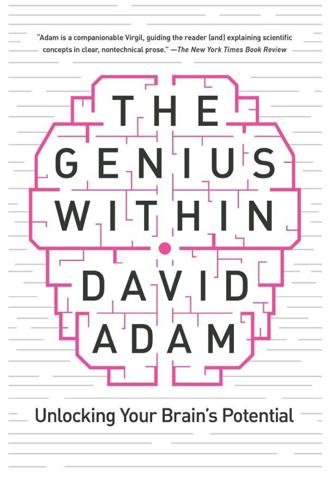
The Genius Within: Unlocking Your Brain's Potential
by David Adam · 6 Feb 2018 · 258pp · 79,503 words
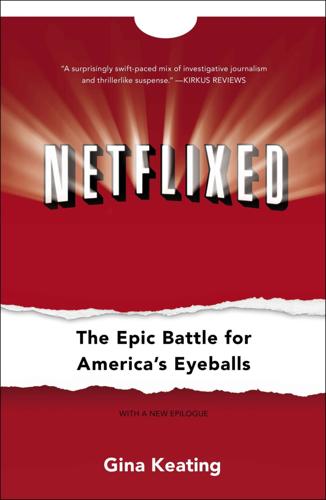
Netflixed: The Epic Battle for America's Eyeballs
by Gina Keating · 10 Oct 2012 · 347pp · 91,318 words
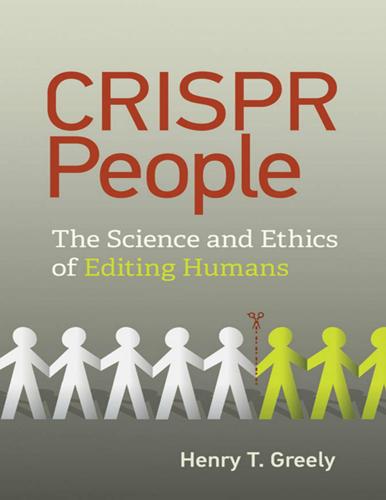
CRISPR People: The Science and Ethics of Editing Humans
by Henry T. Greely · 22 Jan 2021
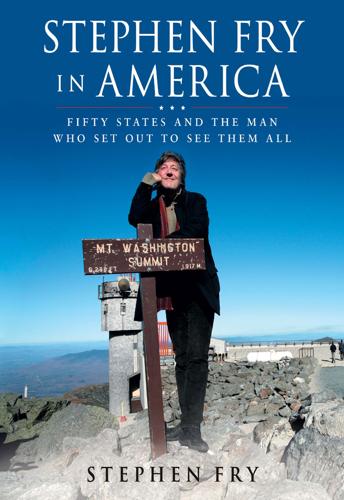
Stephen Fry in America
by Stephen Fry · 1 Jan 2008 · 362pp · 95,782 words
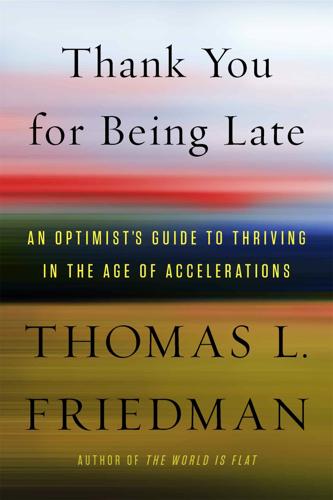
Thank You for Being Late: An Optimist's Guide to Thriving in the Age of Accelerations
by Thomas L. Friedman · 22 Nov 2016 · 602pp · 177,874 words
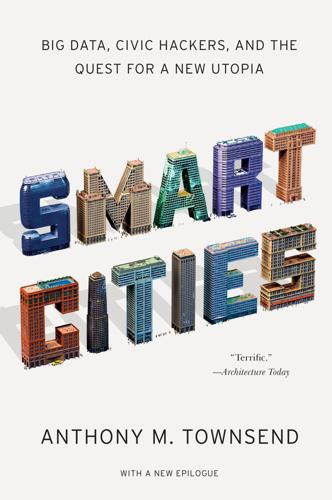
Smart Cities: Big Data, Civic Hackers, and the Quest for a New Utopia
by Anthony M. Townsend · 29 Sep 2013 · 464pp · 127,283 words

The Heat Will Kill You First: Life and Death on a Scorched Planet
by Jeff Goodell · 10 Jul 2023 · 347pp · 108,323 words
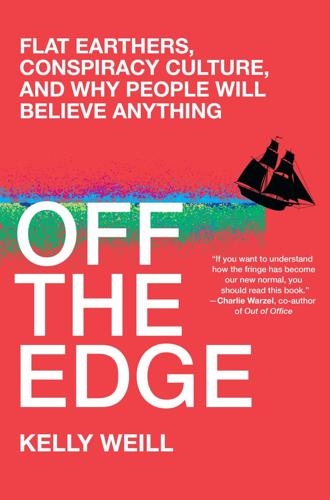
Off the Edge: Flat Earthers, Conspiracy Culture, and Why People Will Believe Anything
by Kelly Weill · 22 Feb 2022
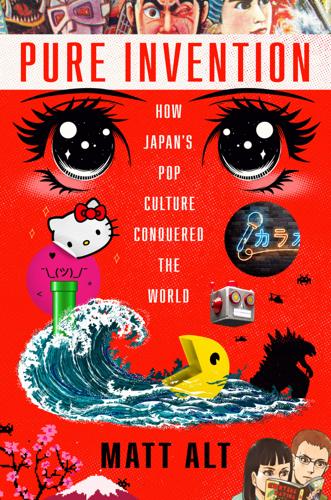
Pure Invention: How Japan's Pop Culture Conquered the World
by Matt Alt · 14 Apr 2020
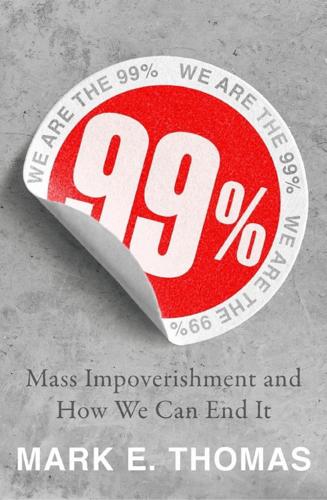
99%: Mass Impoverishment and How We Can End It
by Mark Thomas · 7 Aug 2019 · 286pp · 79,305 words

Lonely Planet Kauai
by Lonely Planet, Adam Karlin and Greg Benchwick · 18 Sep 2017 · 831pp · 110,299 words
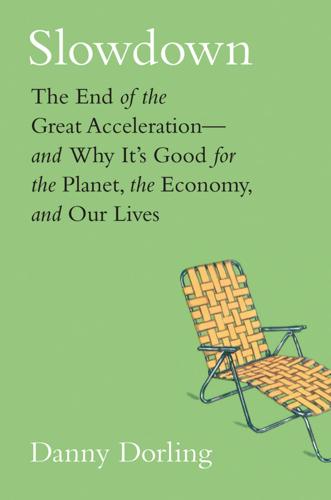
Slowdown: The End of the Great Acceleration―and Why It’s Good for the Planet, the Economy, and Our Lives
by Danny Dorling and Kirsten McClure · 18 May 2020 · 459pp · 138,689 words
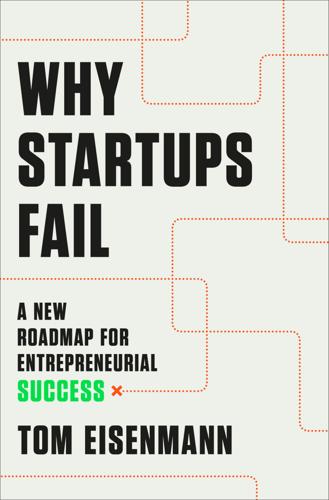
Why Startups Fail: A New Roadmap for Entrepreneurial Success
by Tom Eisenmann · 29 Mar 2021 · 387pp · 106,753 words
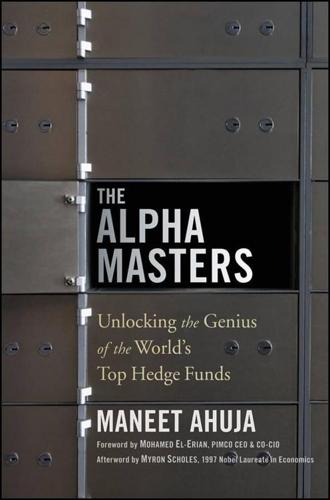
The Alpha Masters: Unlocking the Genius of the World's Top Hedge Funds
by Maneet Ahuja, Myron Scholes and Mohamed El-Erian · 29 May 2012 · 302pp · 86,614 words
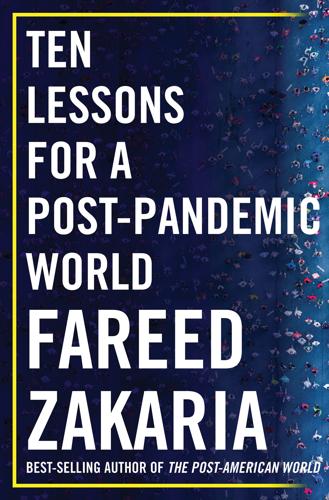
Ten Lessons for a Post-Pandemic World
by Fareed Zakaria · 5 Oct 2020 · 289pp · 86,165 words
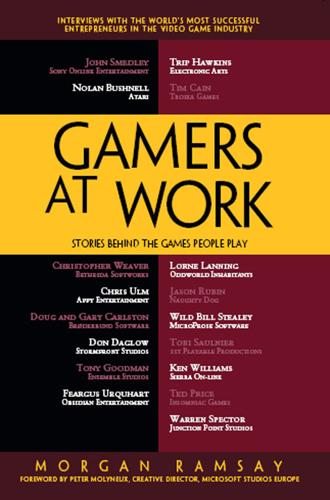
Gamers at Work: Stories Behind the Games People Play
by Morgan Ramsay and Peter Molyneux · 28 Jul 2011 · 500pp · 146,240 words
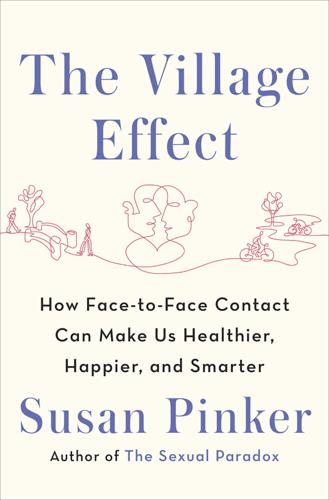
The Village Effect: How Face-To-Face Contact Can Make Us Healthier, Happier, and Smarter
by Susan Pinker · 30 Sep 2013 · 404pp · 124,705 words
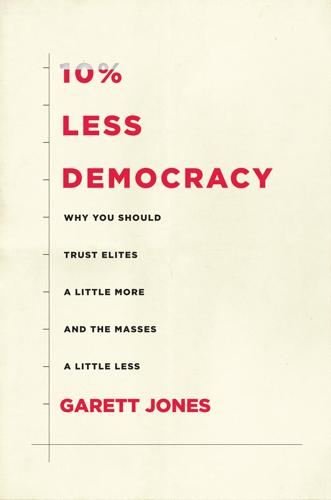
10% Less Democracy: Why You Should Trust Elites a Little More and the Masses a Little Less
by Garett Jones · 4 Feb 2020 · 303pp · 75,192 words
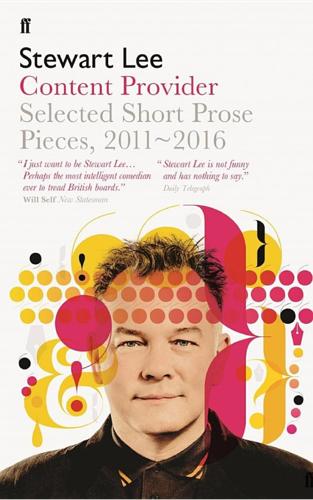
Content Provider: Selected Short Prose Pieces, 2011–2016
by Stewart Lee · 1 Aug 2016 · 282pp · 89,266 words
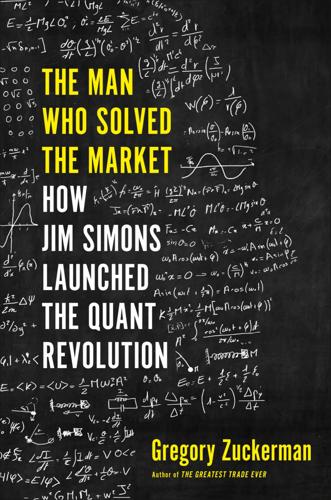
The Man Who Solved the Market: How Jim Simons Launched the Quant Revolution
by Gregory Zuckerman · 5 Nov 2019 · 407pp · 104,622 words
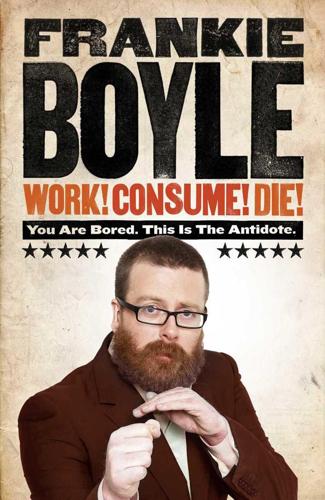
Work! Consume! Die!
by Frankie Boyle · 12 Oct 2011
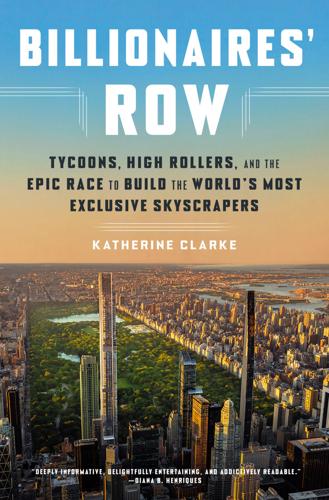
Billionaires' Row: Tycoons, High Rollers, and the Epic Race to Build the World's Most Exclusive Skyscrapers
by Katherine Clarke · 13 Jun 2023 · 454pp · 127,319 words
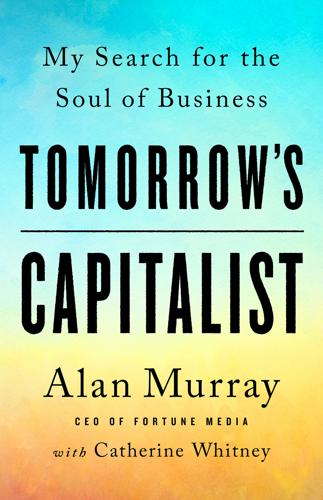
Tomorrow's Capitalist: My Search for the Soul of Business
by Alan Murray · 15 Dec 2022 · 263pp · 77,786 words

Lonely Planet Kenya
by Lonely Planet
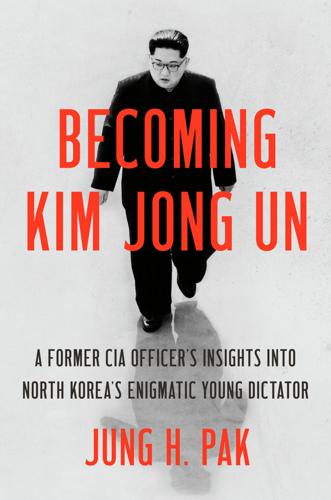
Becoming Kim Jong Un: A Former CIA Officer's Insights Into North Korea's Enigmatic Young Dictator
by Jung H. Pak · 14 Apr 2020 · 395pp · 103,437 words
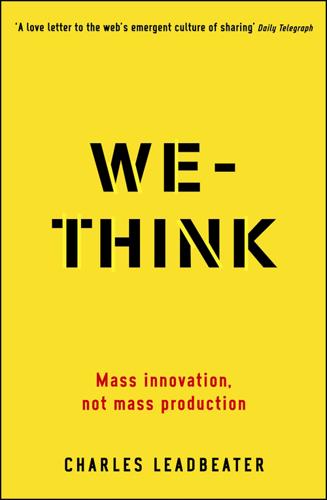
We-Think: Mass Innovation, Not Mass Production
by Charles Leadbeater · 9 Dec 2010 · 313pp · 84,312 words
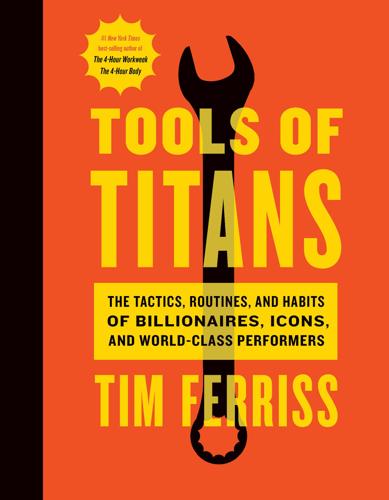
Tools of Titans: The Tactics, Routines, and Habits of Billionaires, Icons, and World-Class Performers
by Timothy Ferriss · 6 Dec 2016 · 669pp · 210,153 words
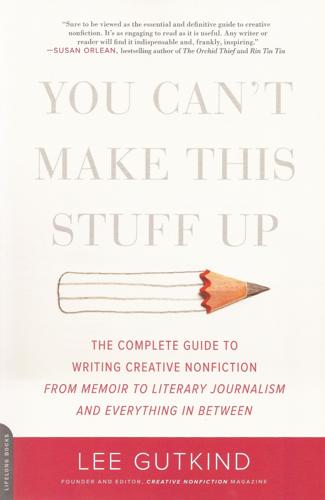
You Can't Make This Stuff Up: The Complete Guide to Writing Creative Nonfiction--From Memoir to Literary Journalism and Everything in Between
by Lee Gutkind · 13 Aug 2012 · 347pp · 90,234 words
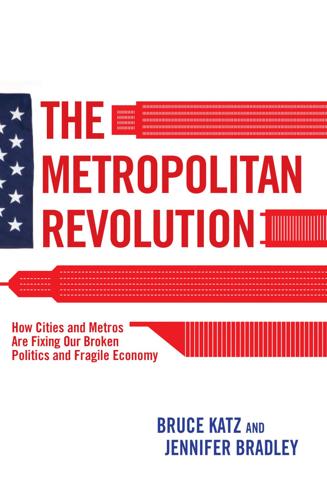
The Metropolitan Revolution: How Cities and Metros Are Fixing Our Broken Politics and Fragile Economy
by Bruce Katz and Jennifer Bradley · 10 Jun 2013

The Uninhabitable Earth: Life After Warming
by David Wallace-Wells · 19 Feb 2019 · 343pp · 101,563 words

The Moon: A History for the Future
by Oliver Morton · 1 May 2019 · 319pp · 100,984 words
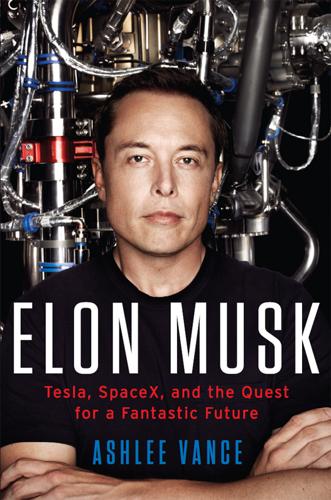
Elon Musk: Tesla, SpaceX, and the Quest for a Fantastic Future
by Ashlee Vance · 18 May 2015 · 370pp · 129,096 words
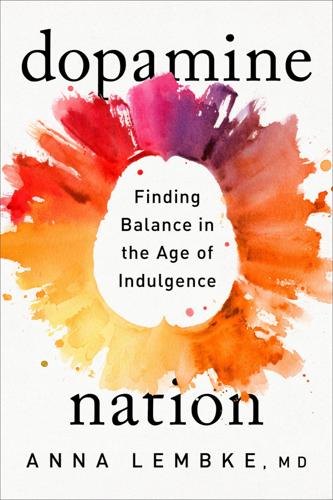
Dopamine Nation: Finding Balance in the Age of Indulgence
by Anna Lembke · 24 Aug 2021
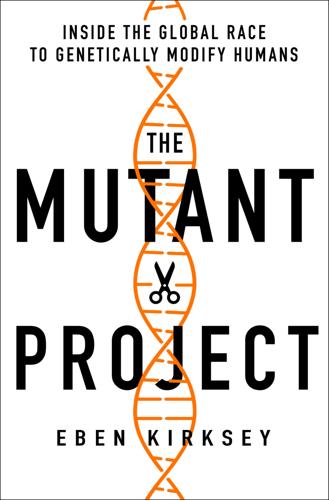
The Mutant Project: Inside the Global Race to Genetically Modify Humans
by Eben Kirksey · 10 Nov 2020 · 599pp · 98,564 words
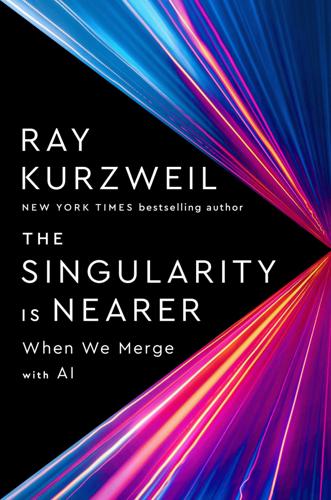
The Singularity Is Nearer: When We Merge with AI
by Ray Kurzweil · 25 Jun 2024
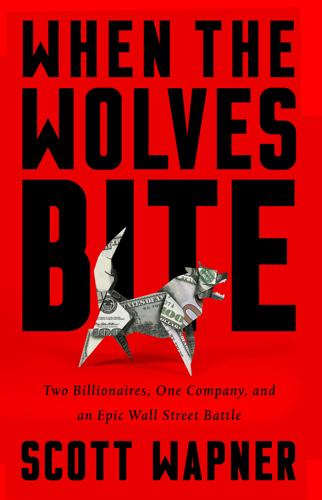
When the Wolves Bite: Two Billionaires, One Company, and an Epic Wall Street Battle
by Scott Wapner · 23 Apr 2018 · 302pp · 80,287 words
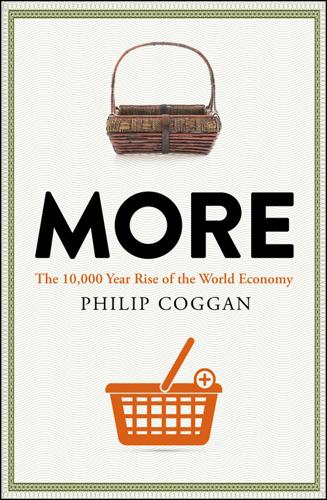
More: The 10,000-Year Rise of the World Economy
by Philip Coggan · 6 Feb 2020 · 524pp · 155,947 words
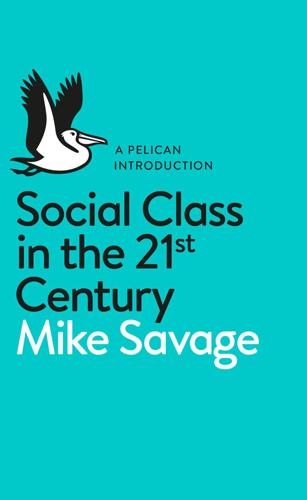
Social Class in the 21st Century
by Mike Savage · 5 Nov 2015 · 297pp · 89,206 words
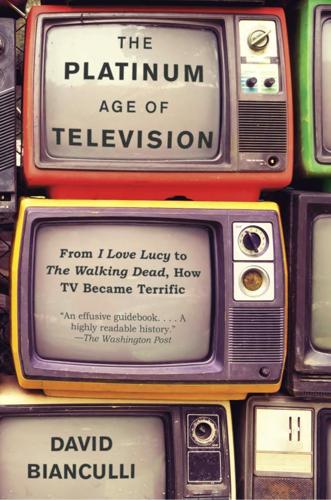
The Platinum Age of Television: From I Love Lucy to the Walking Dead, How TV Became Terrific
by David Bianculli · 15 Nov 2016 · 676pp · 203,386 words
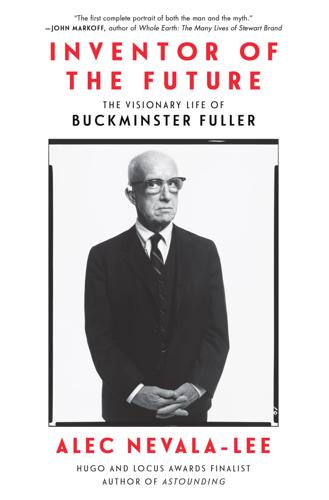
Inventor of the Future: The Visionary Life of Buckminster Fuller
by Alec Nevala-Lee · 1 Aug 2022 · 864pp · 222,565 words